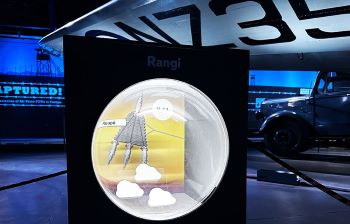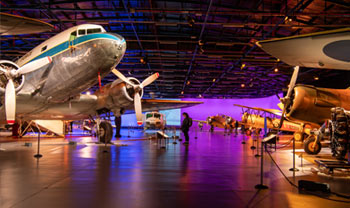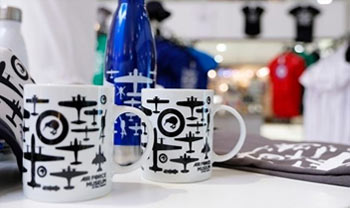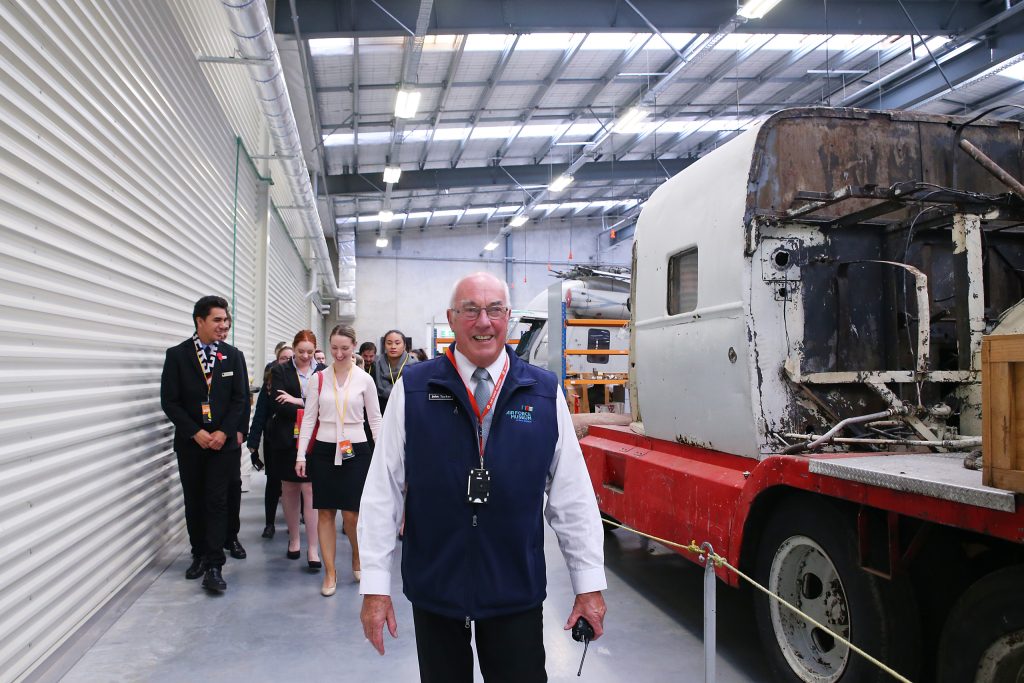Blog
Rangitaki
New Zealanders and the first ‘Great Escape’
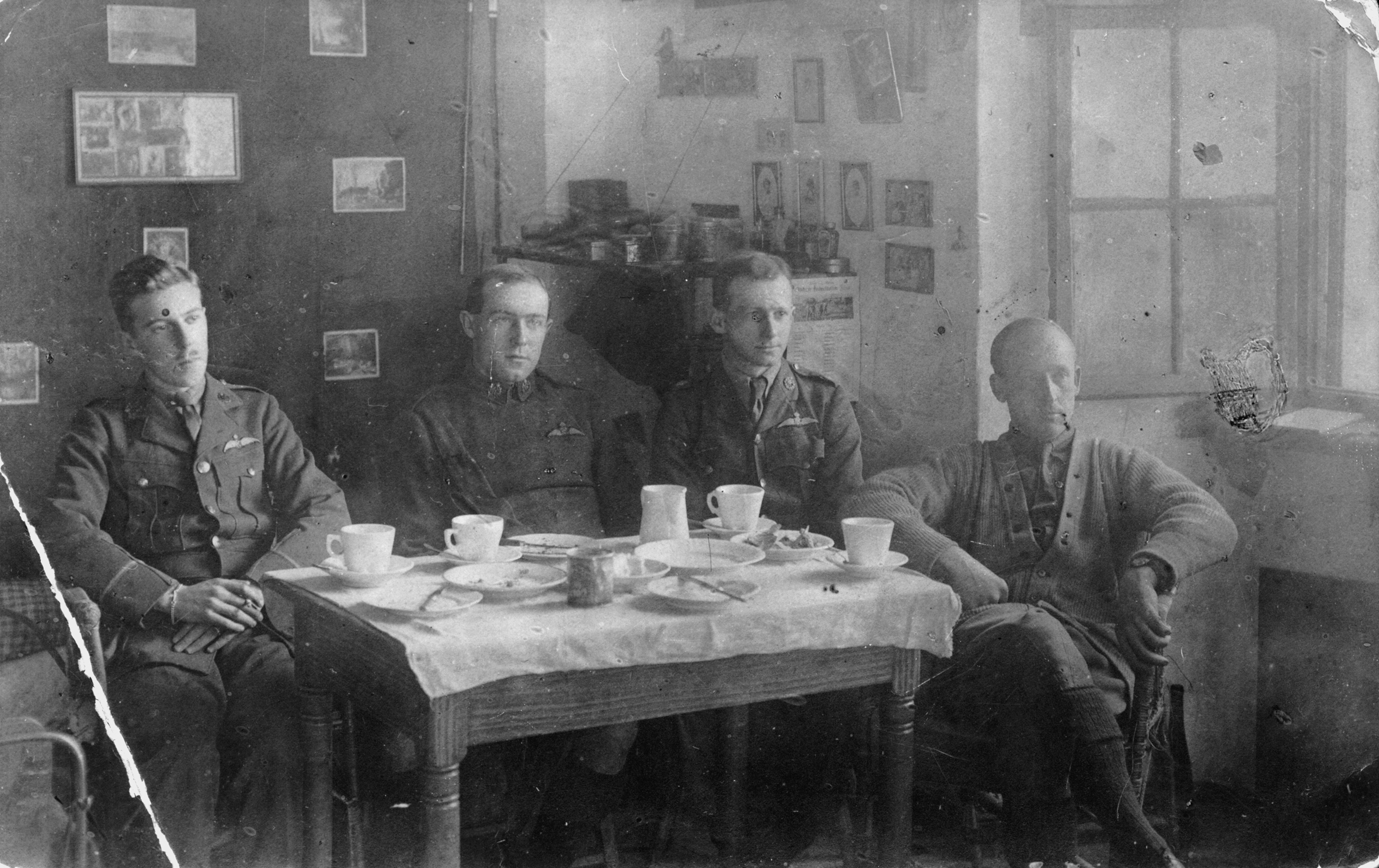
Christmas high jinks in Singapore, 1941
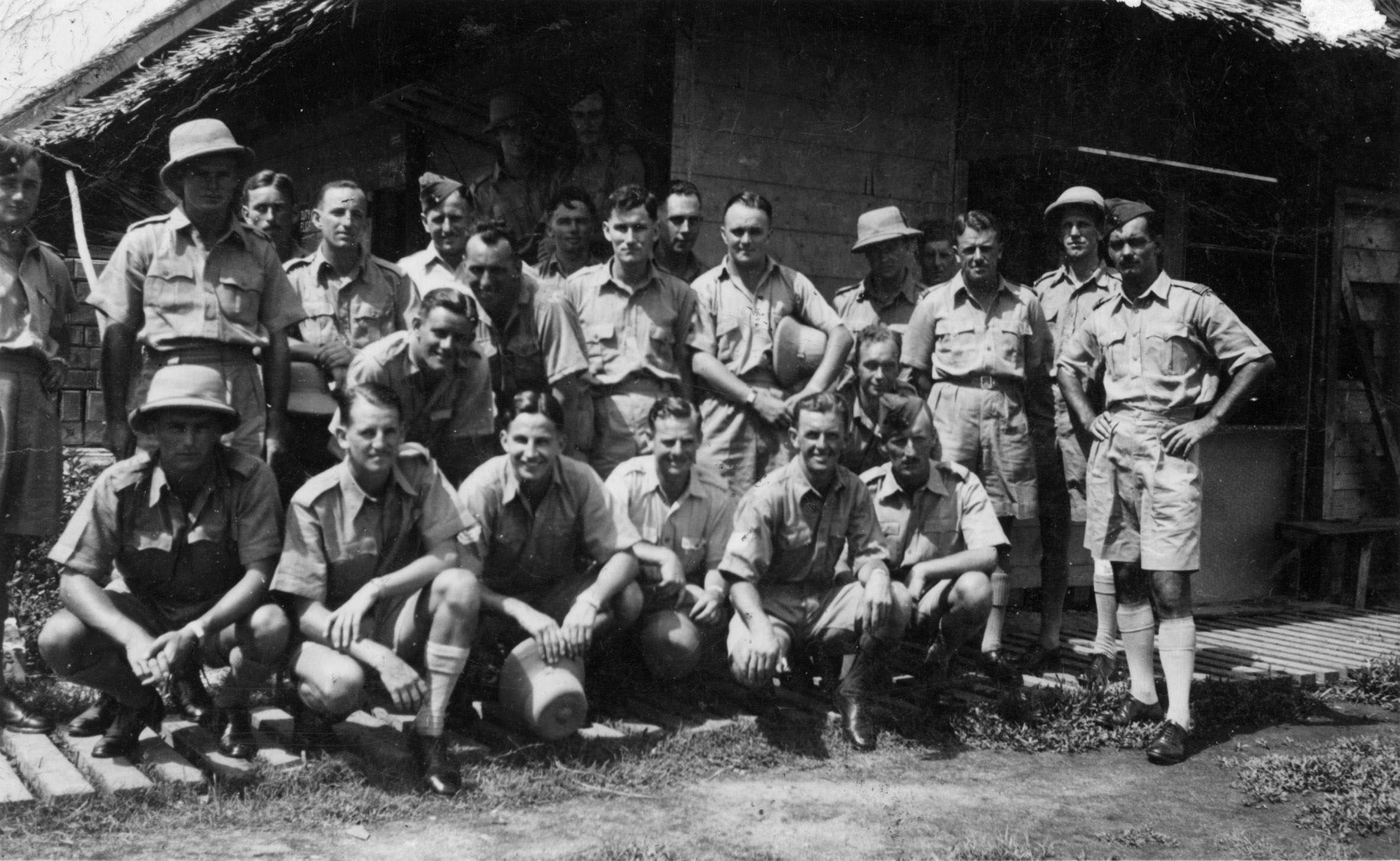
Members of 488 Squadron at RAF Kallang, Singapore.
Fleet flyer: Bruce Petrie’s war
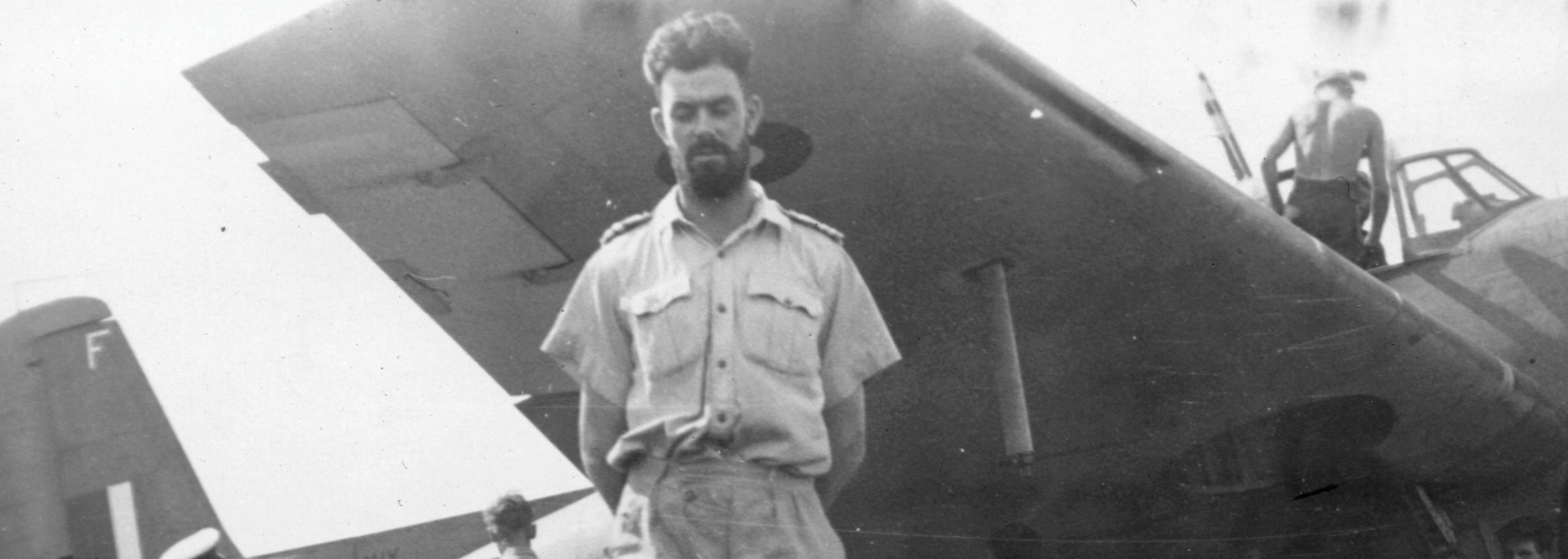
Hercules named Aircraft of the Year
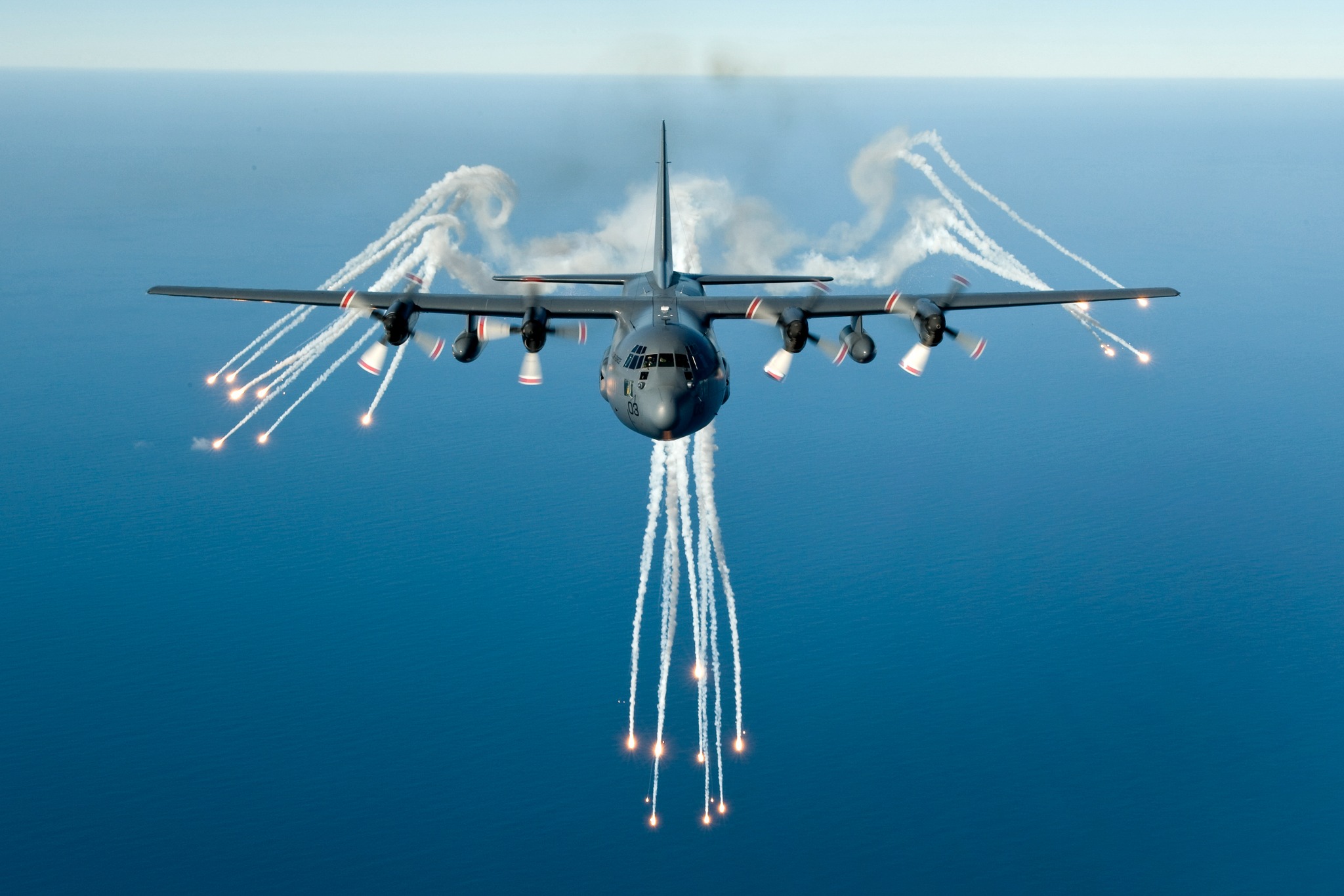
The Congreves: Brother and sister go to war
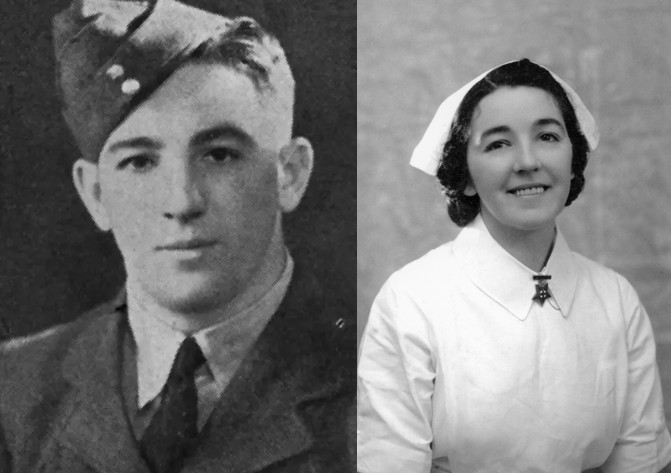
Class photos: Pioneering pilots’ portraits online
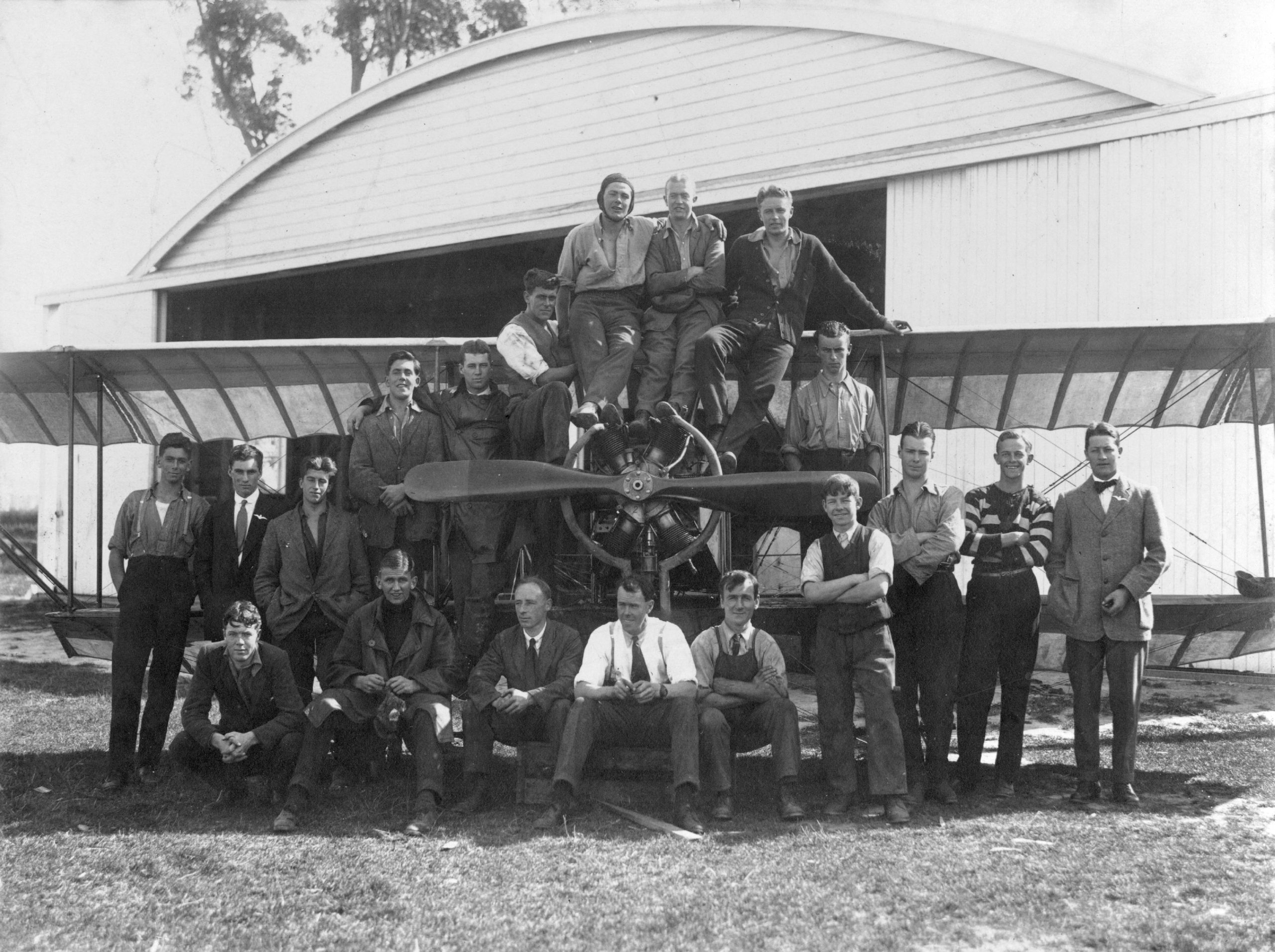
One of The Few: The brief life of Charles Stewart
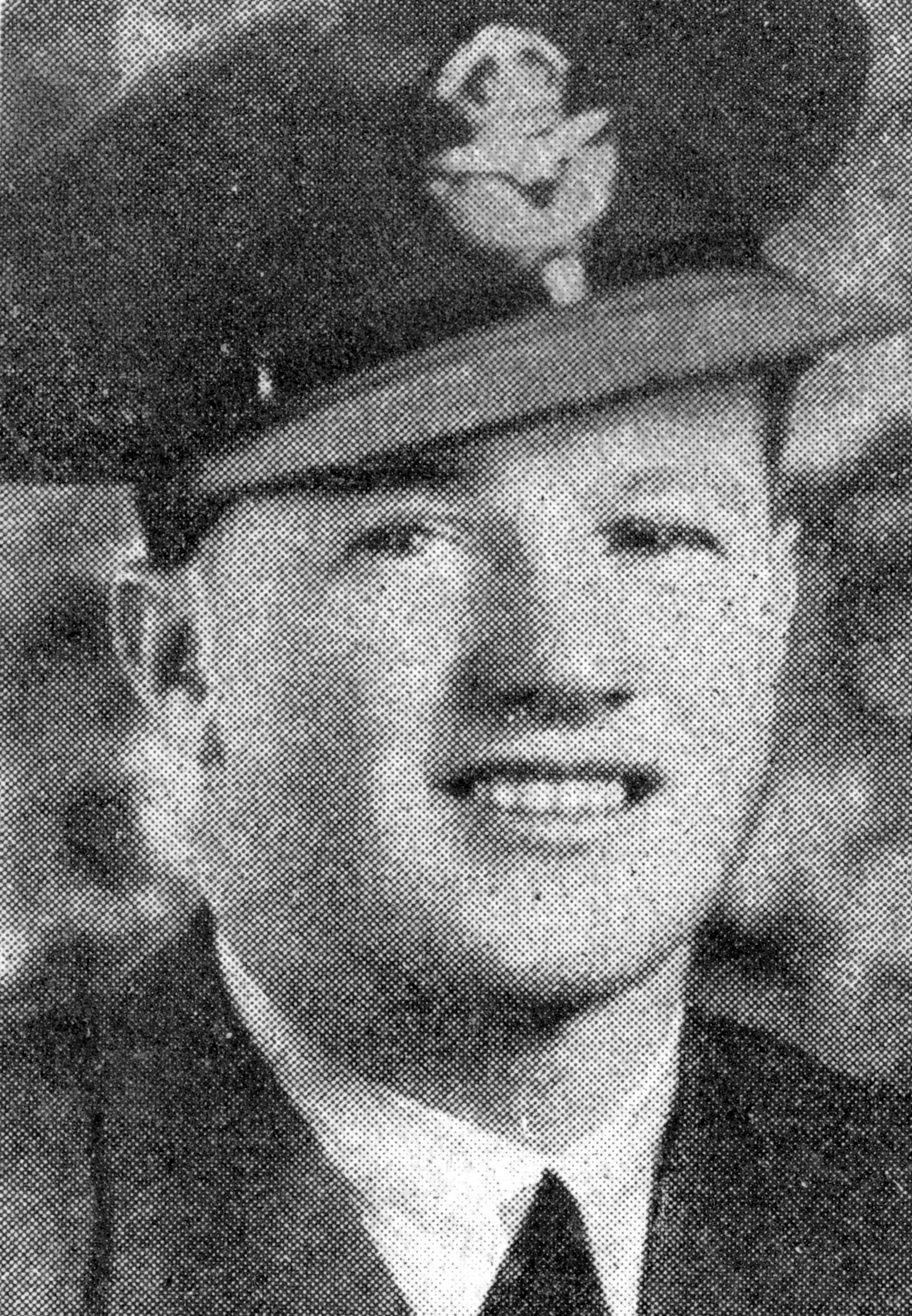
Kiwi connection: The Naked Gunner of Rabaul
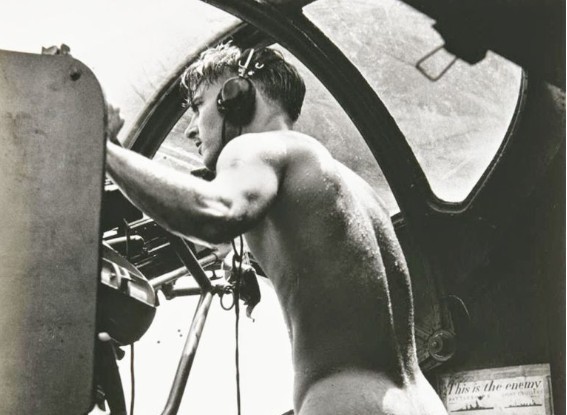
Lost over the Pacific: The disappearance of NZ3526
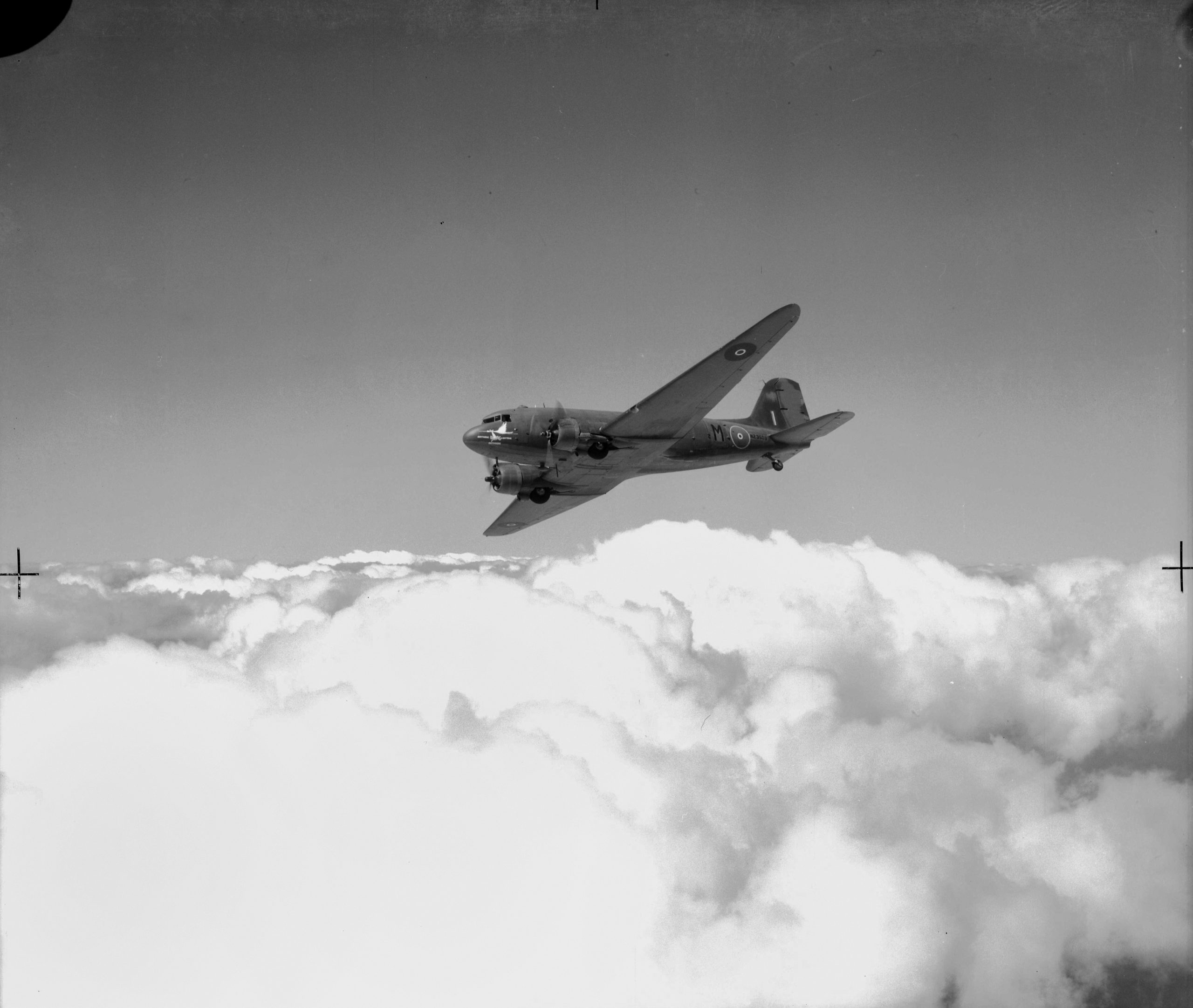
New to the collection: Hercules extras
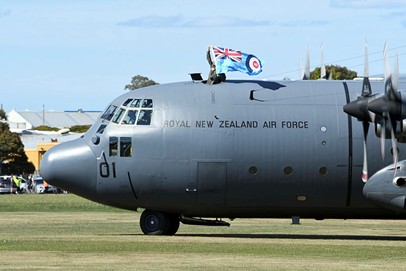
Collection Connection: Charles Kronk and Maxwell Greenslade’s log books
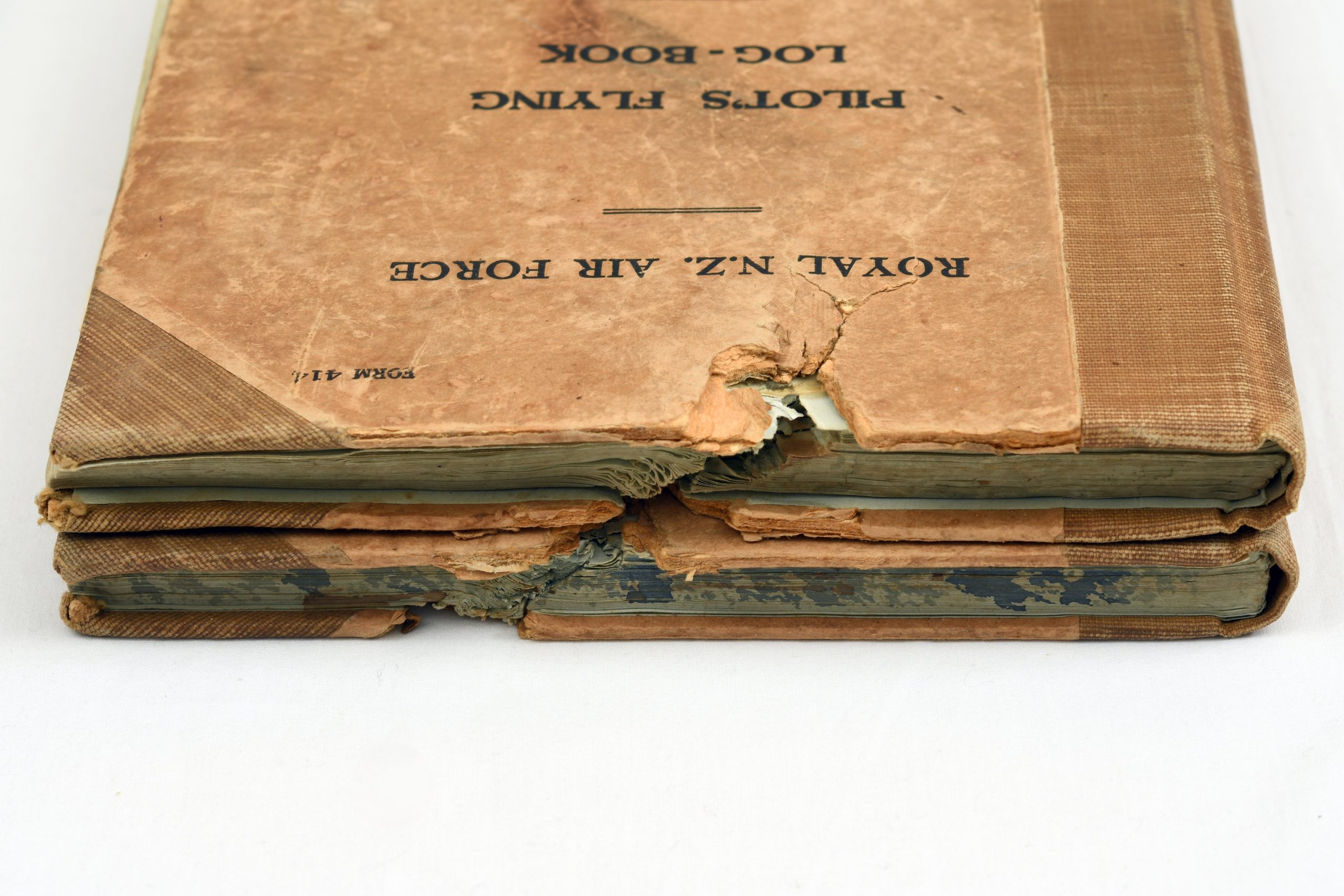
Aerial photos: The RNZAF collection has it covered!
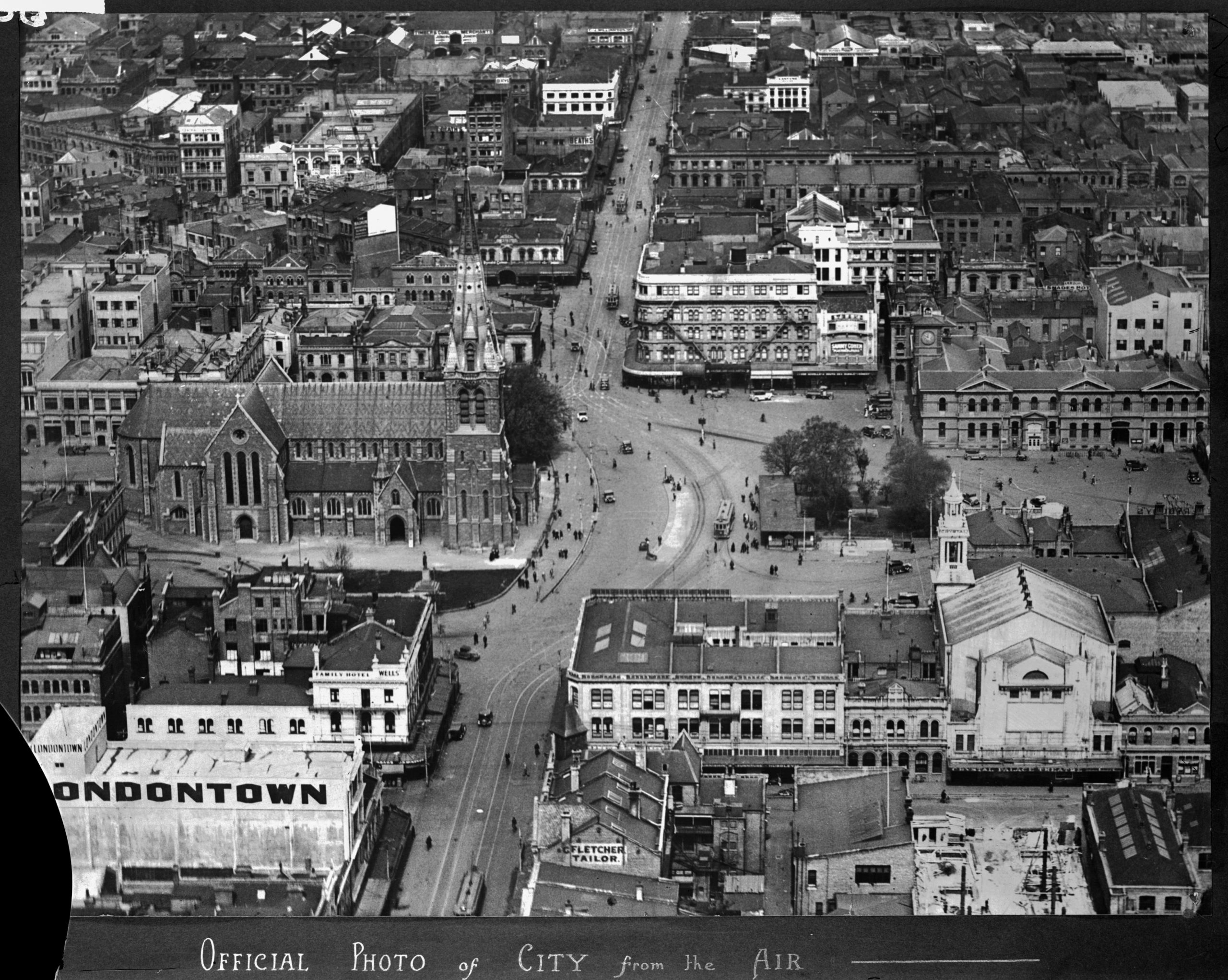
RNZAF Association’s 80th reunion set for museum
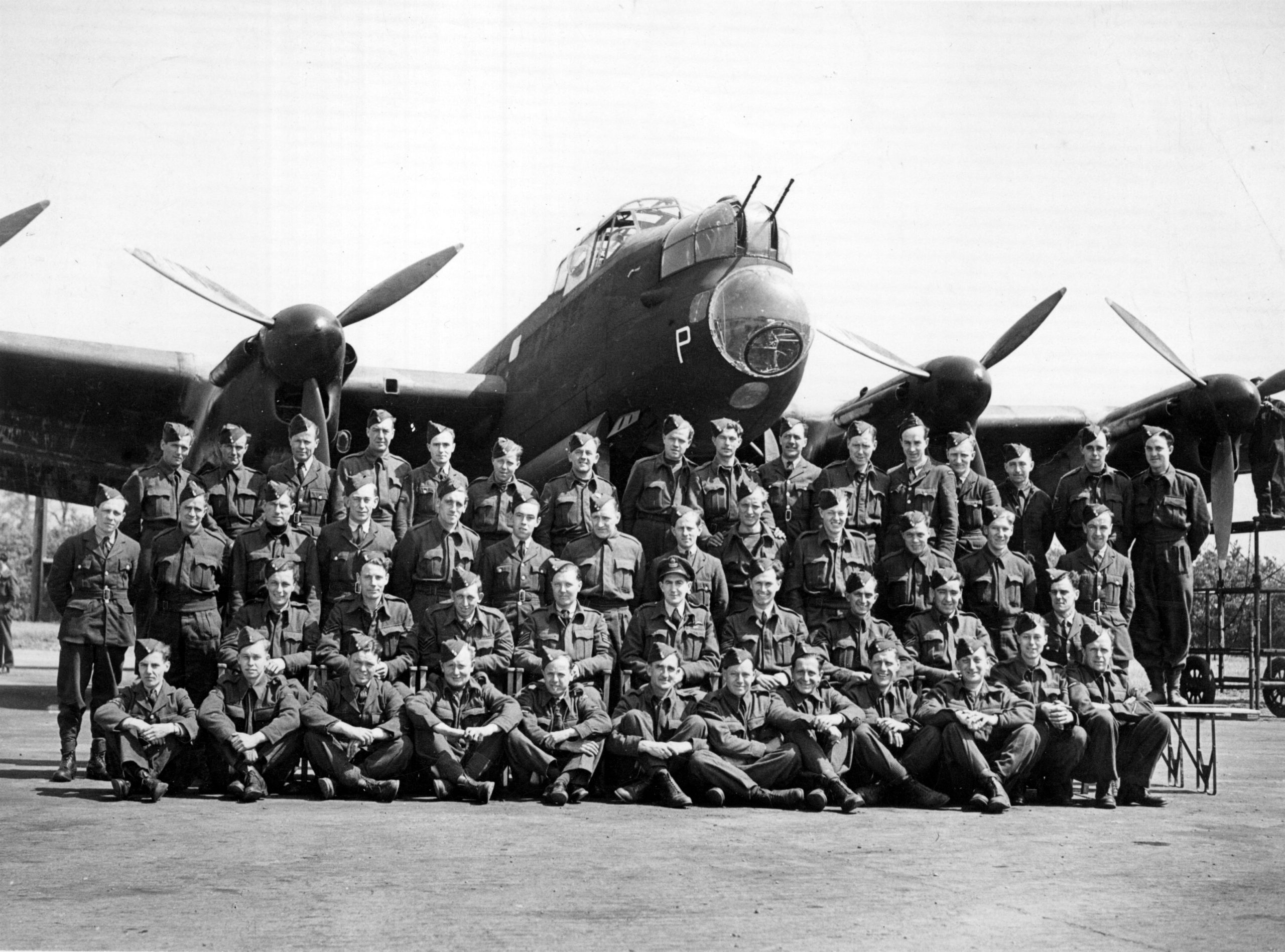
Christchurch City Council backs museum extension
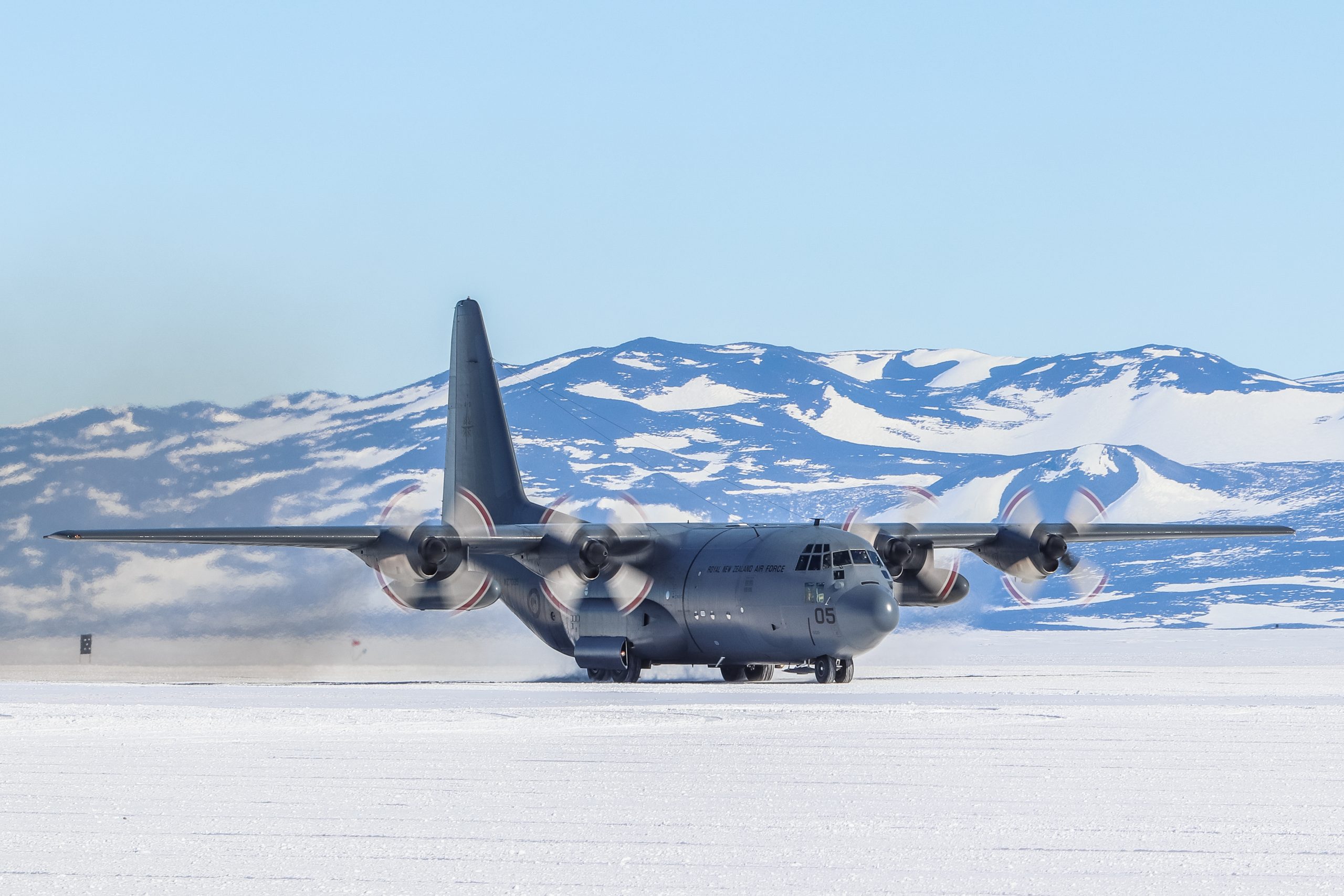
New board chair for the Air Force Museum of New Zealand
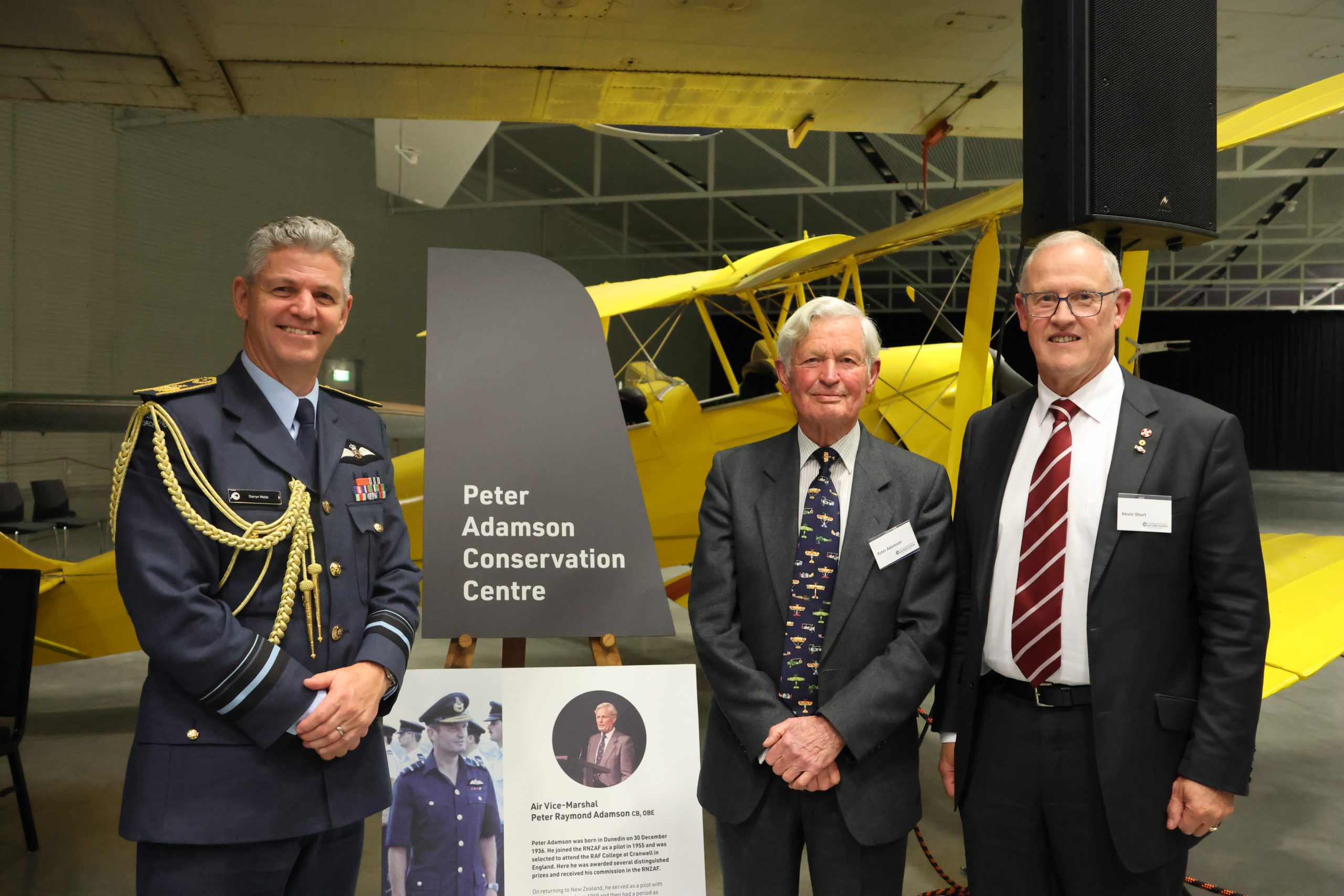
Rolling on up to care for our collection
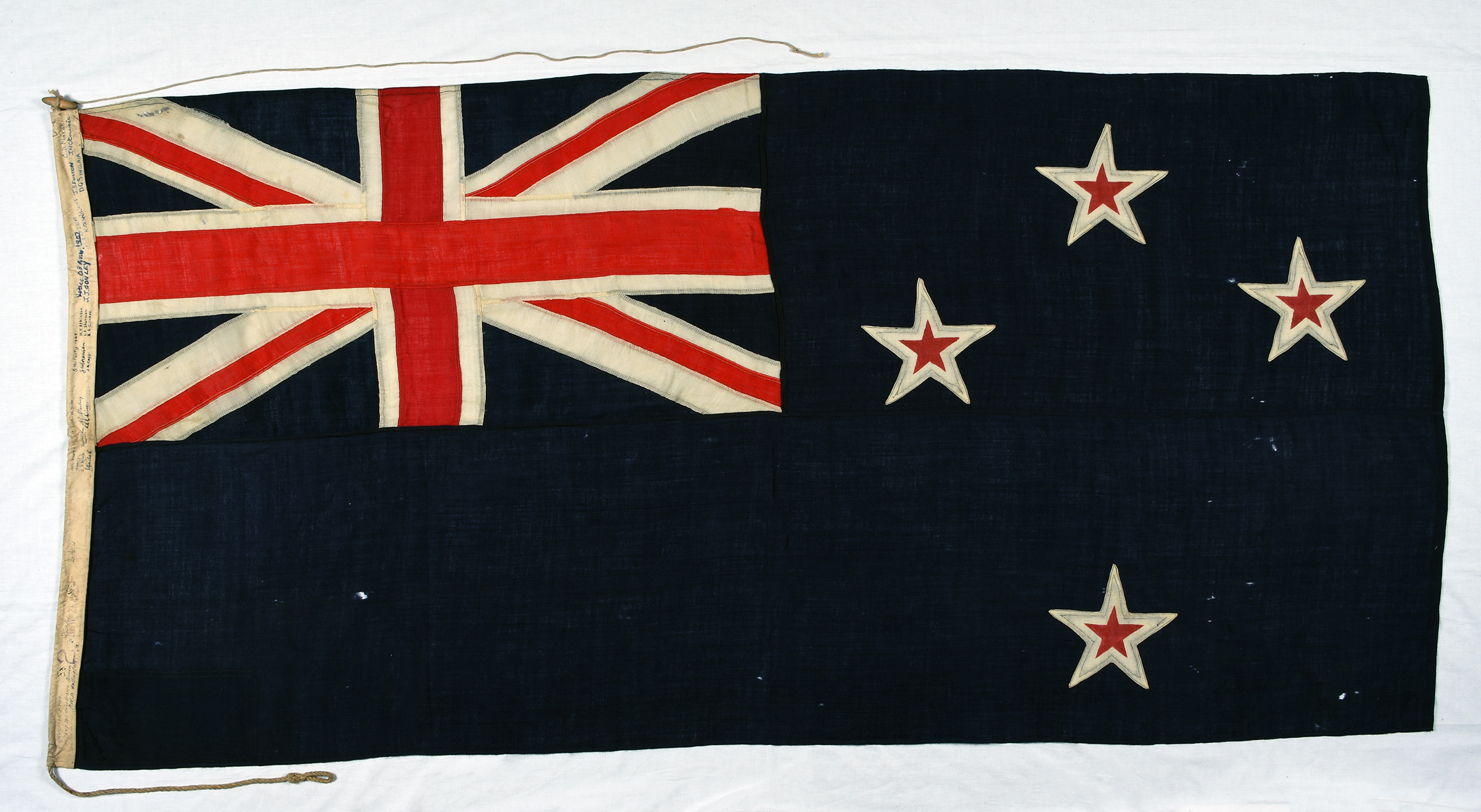
‘Grid’ author Adam Claasen to deliver talk on hero
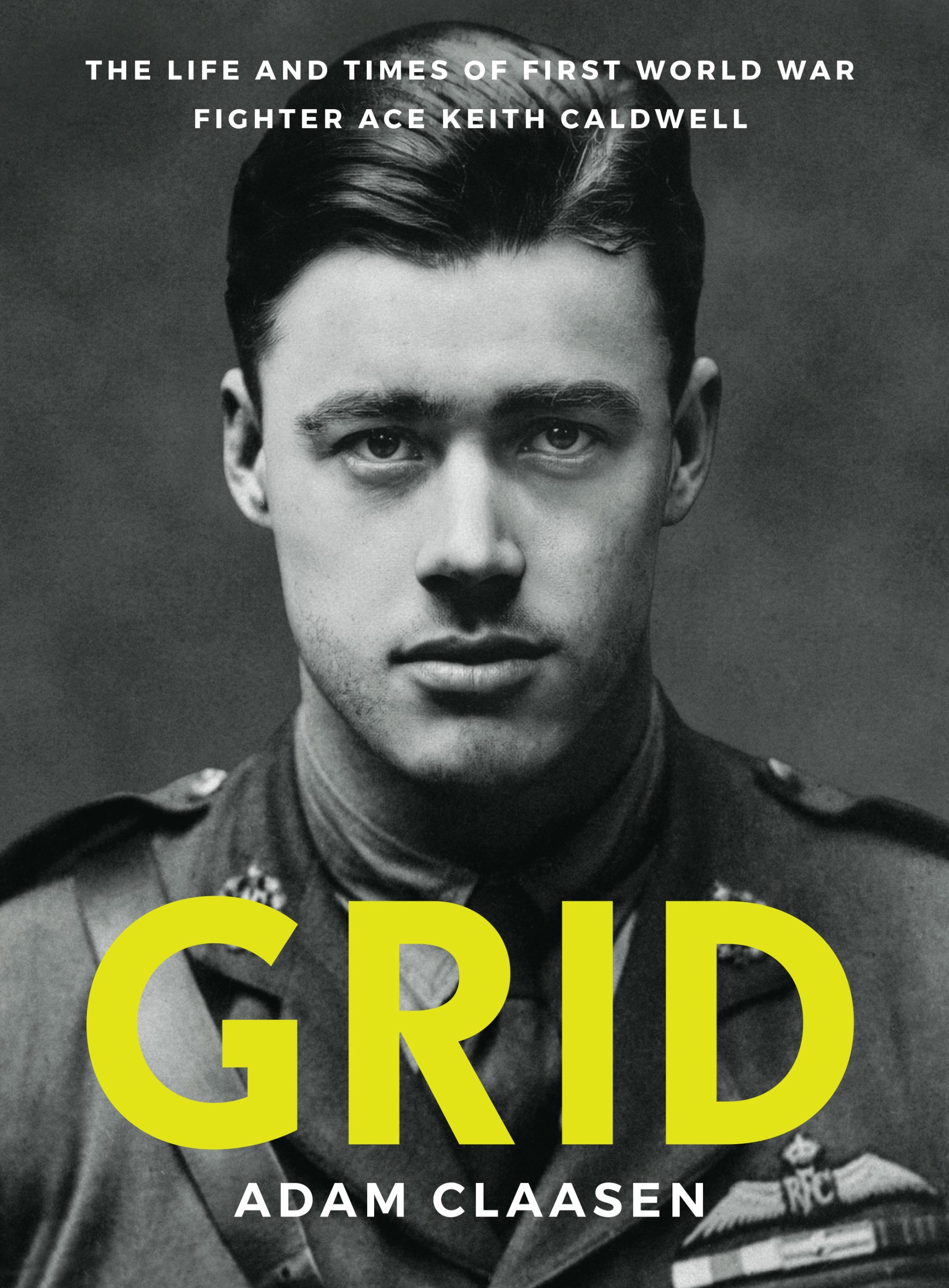
Historic Harvard and Tiger Moth join collection
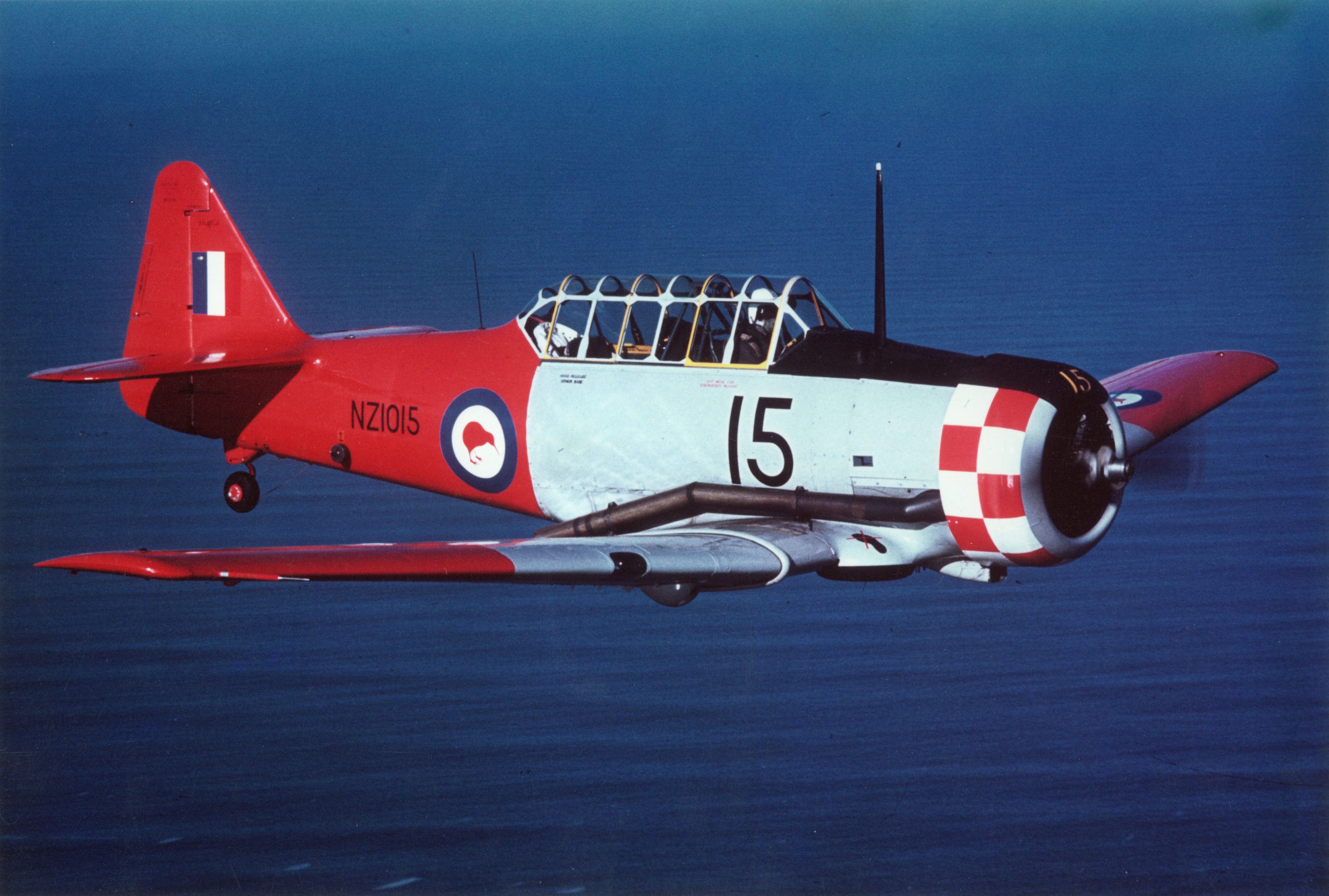
Missing RNZAF airman riddle solved
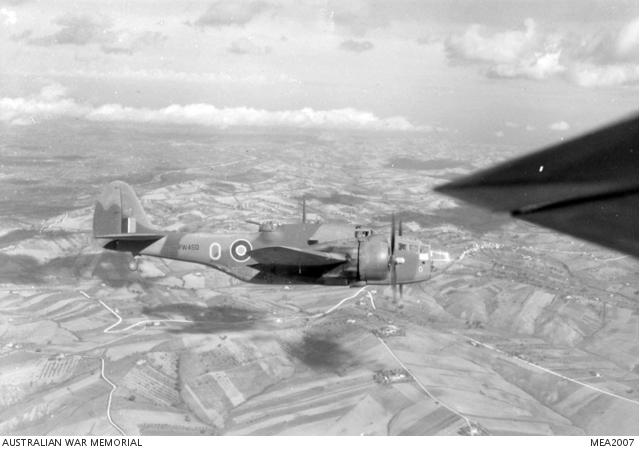
Navigator extraordinaire: The story of Wallis Finlay
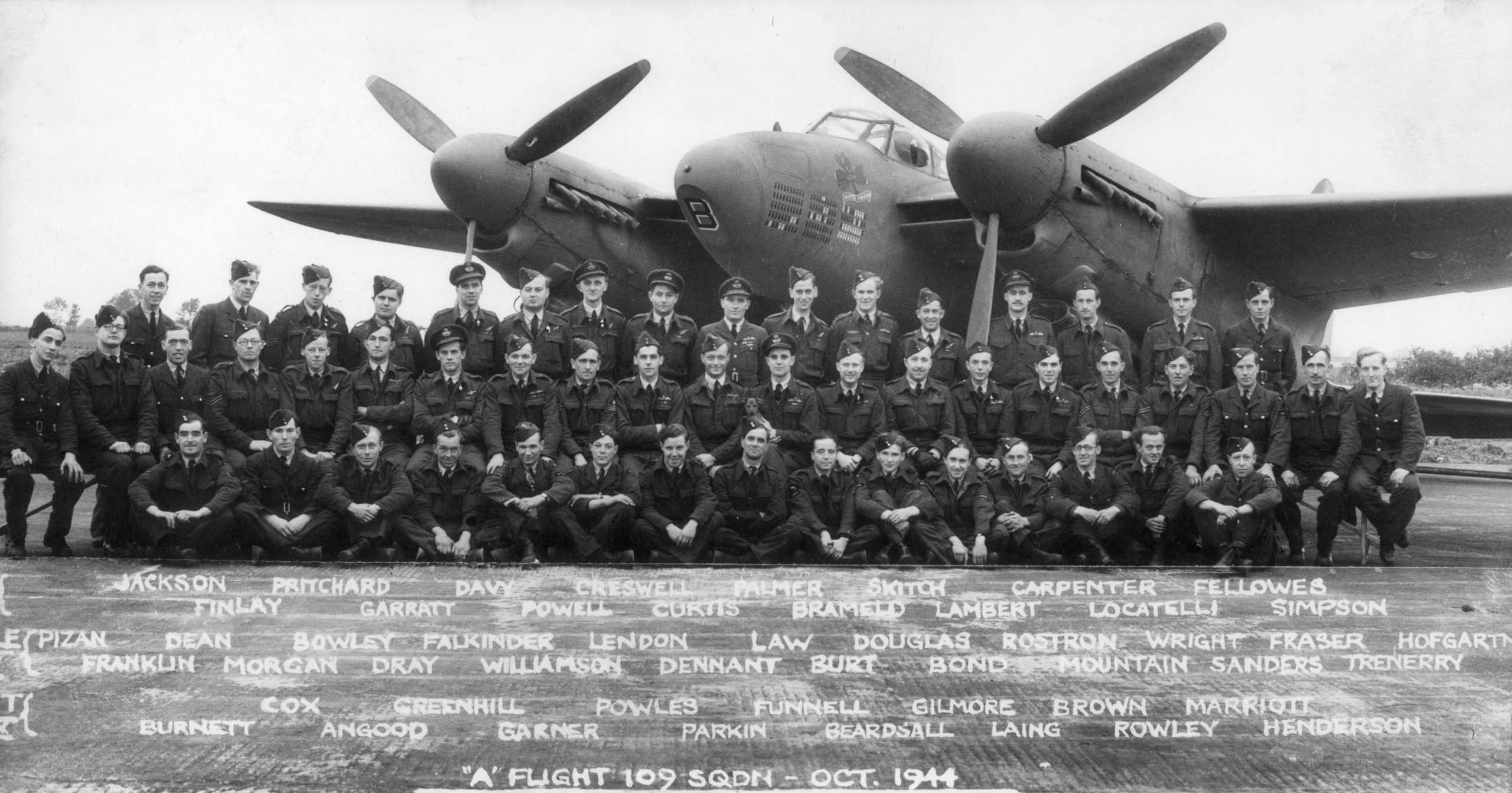
Brevet retired: Here’s to the RNZAF Flight Engineers
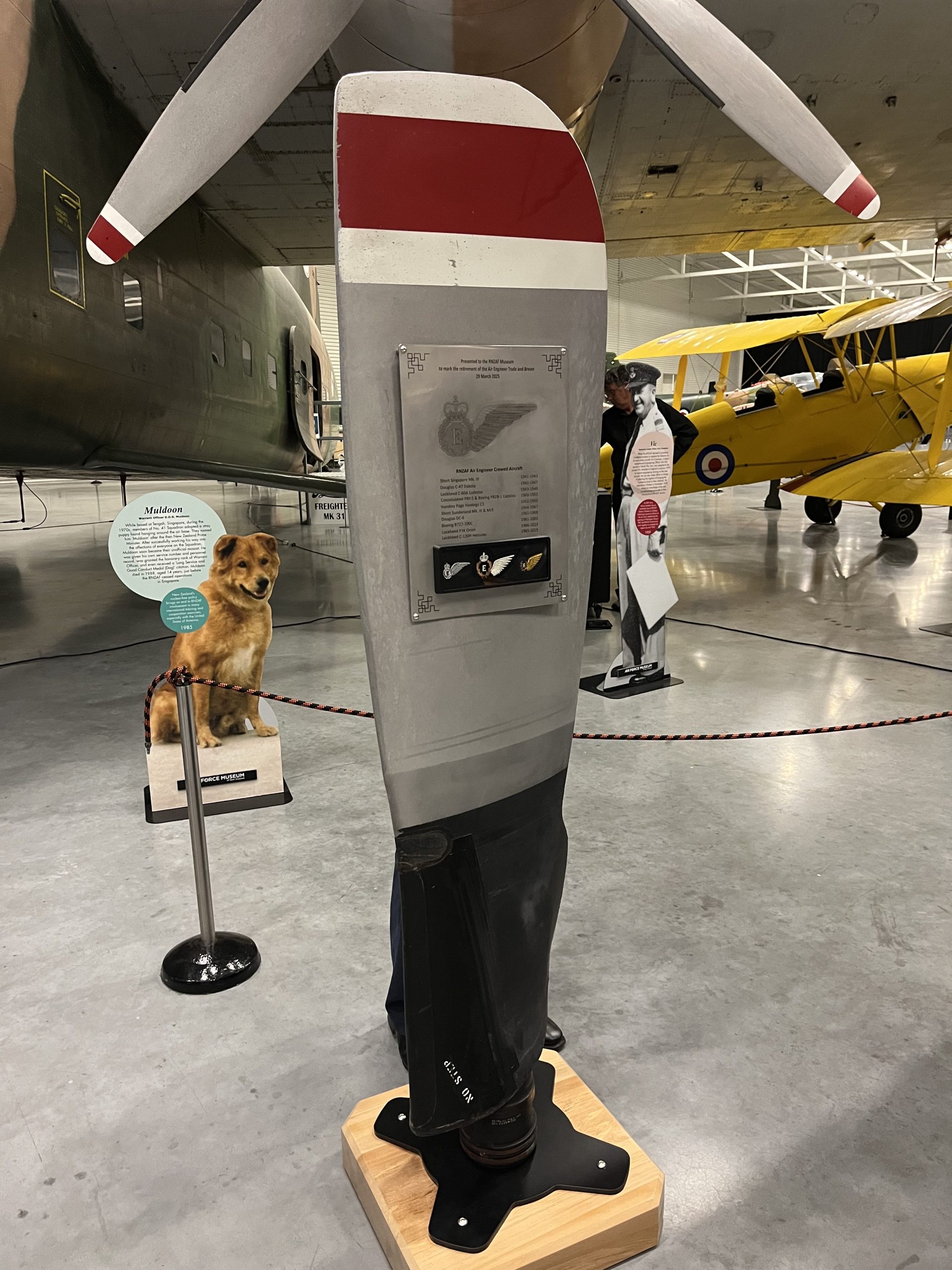
French hero: The service and sacrifice of Noel Stokes
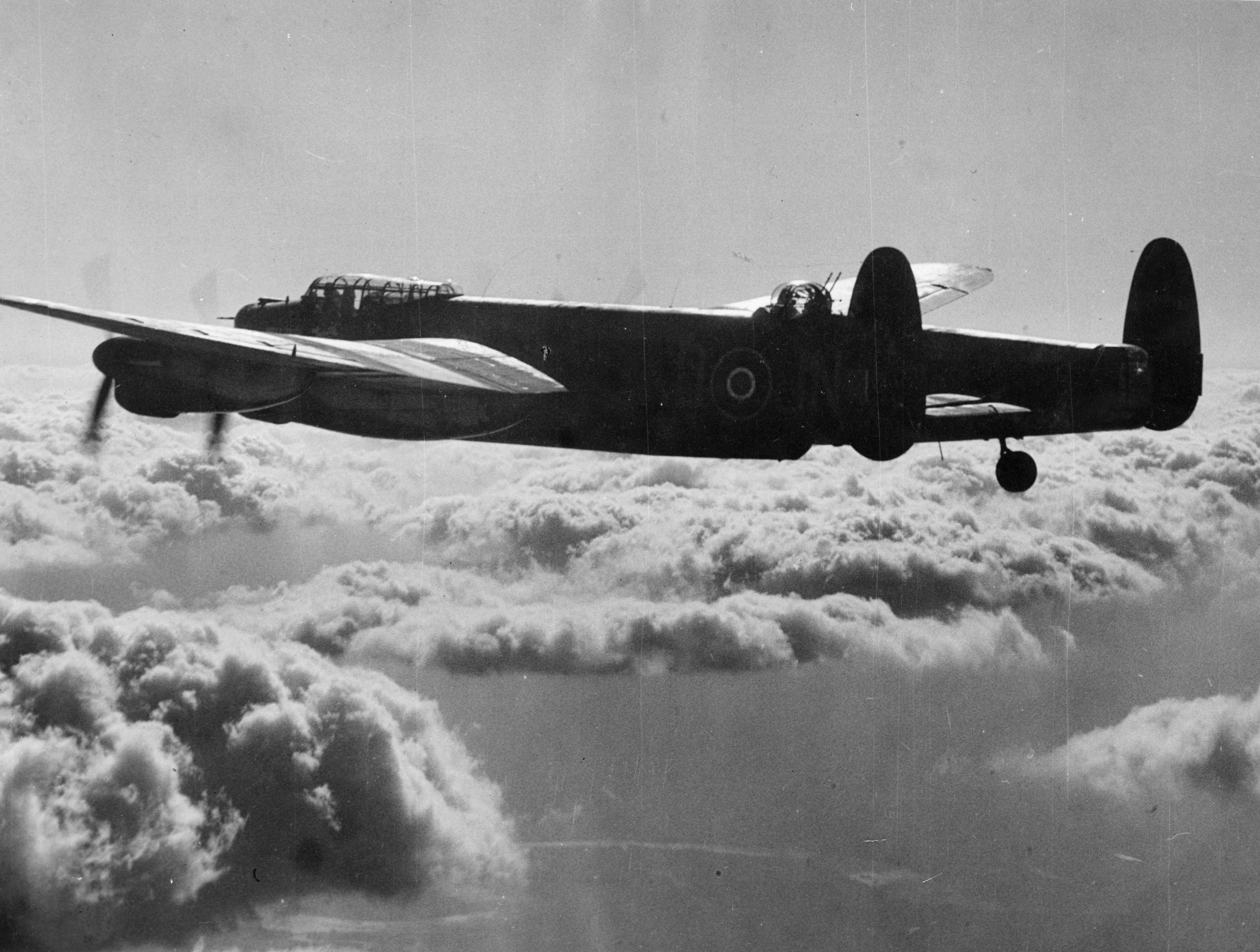
Kiwi Whirlwind: The story of Desmond Roberts
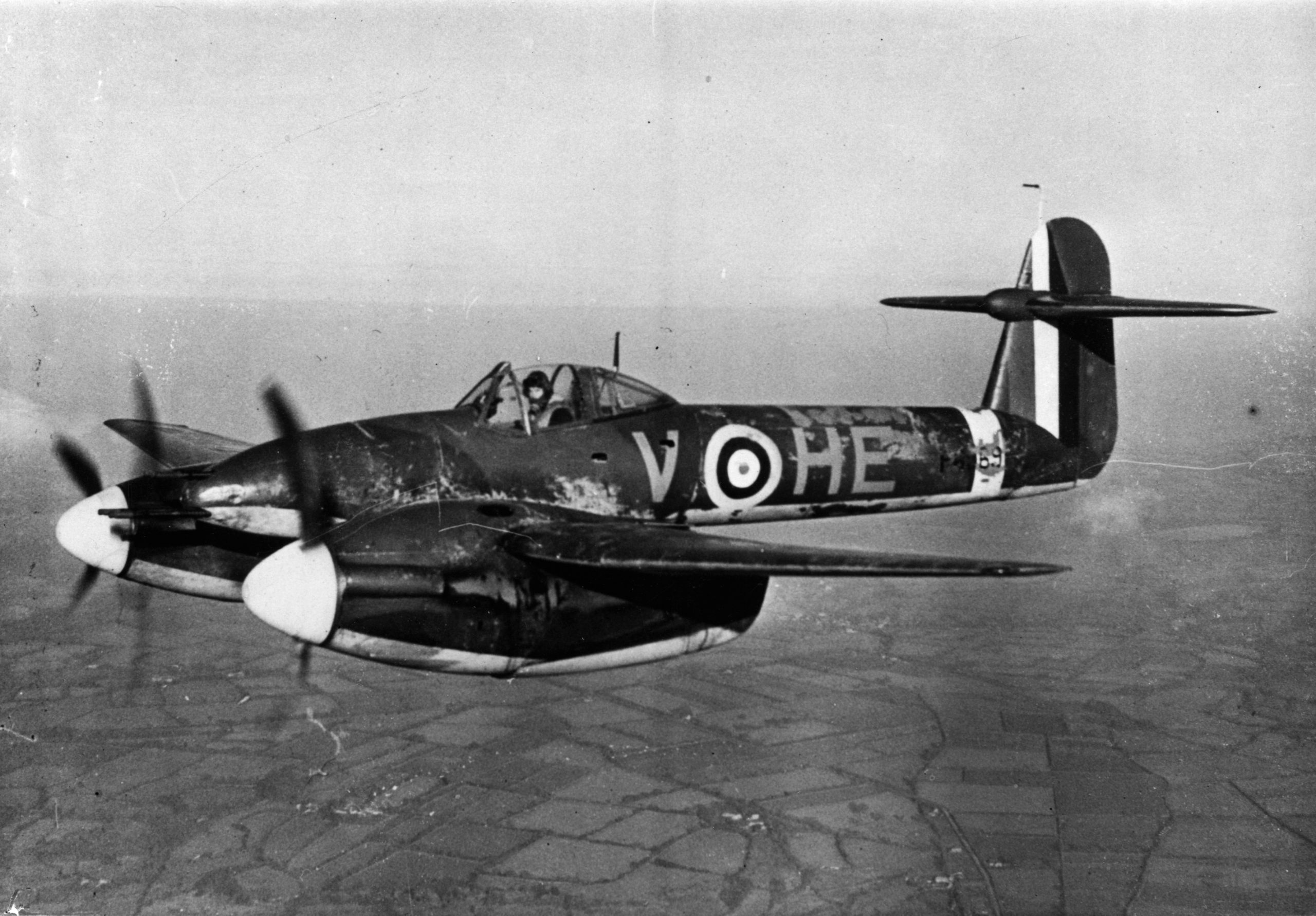
Hercules open days announcement
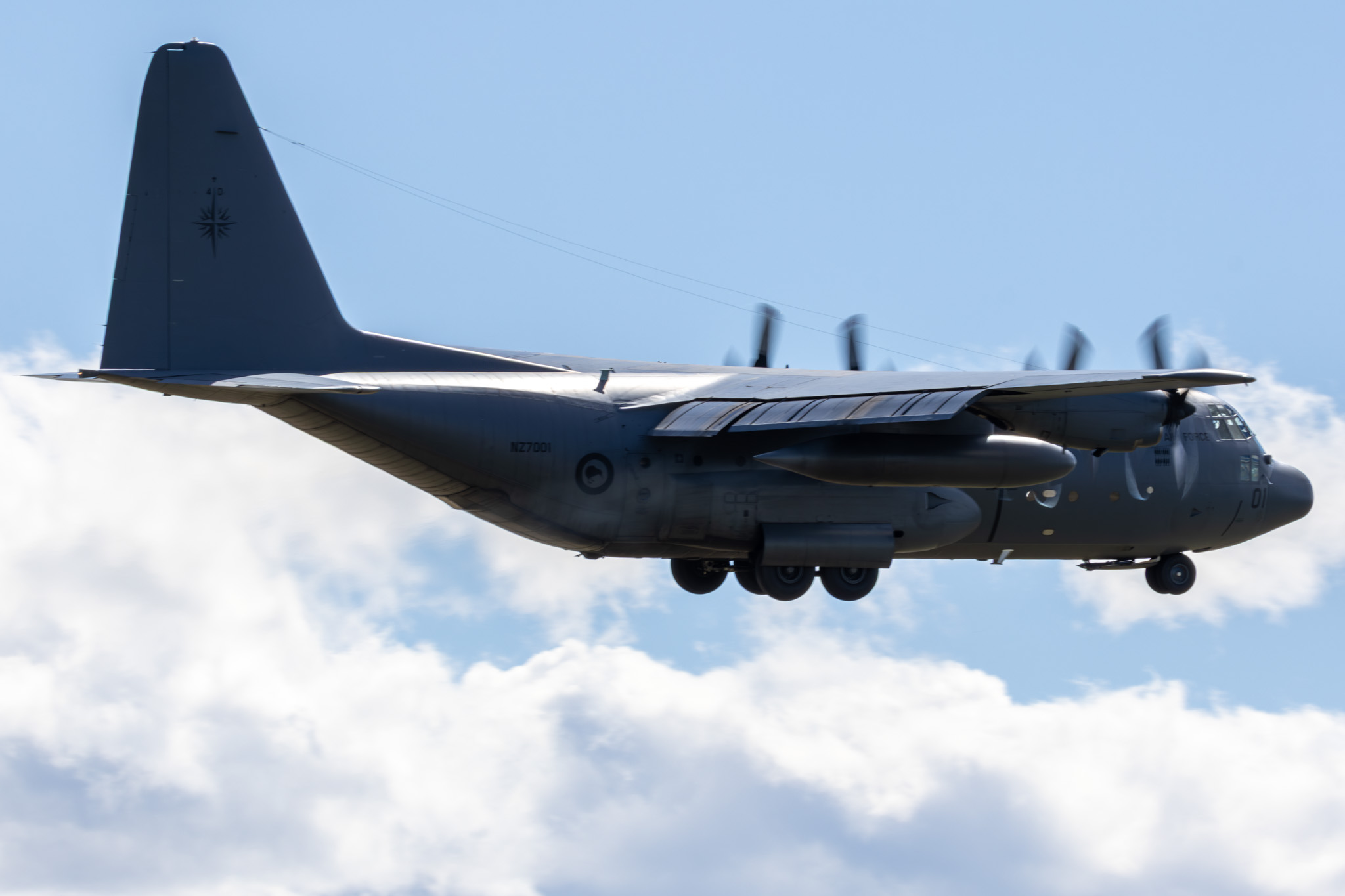
Entry fee for international visitors from 31 March 2025
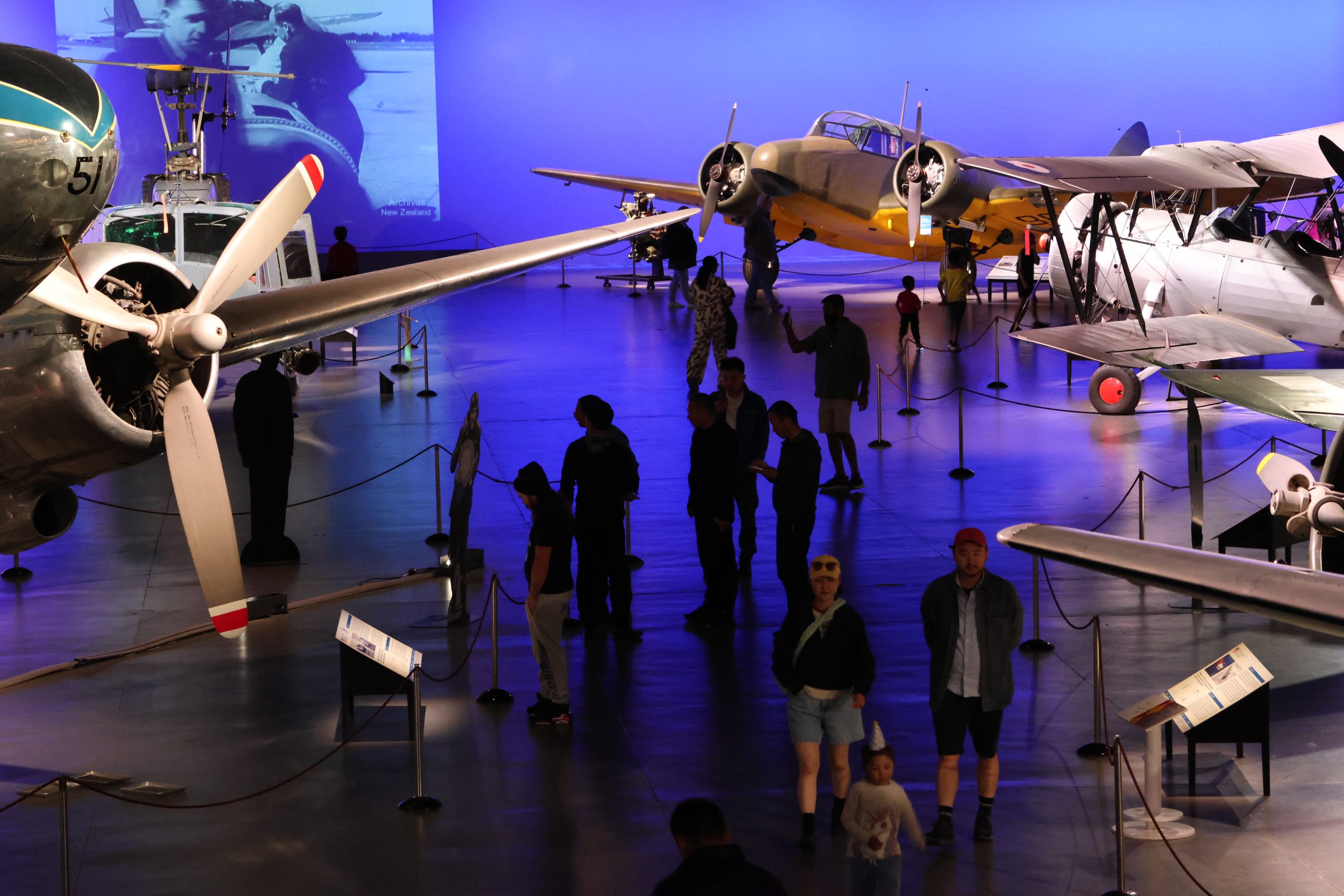
Funding a new home for our Hercules and Orion
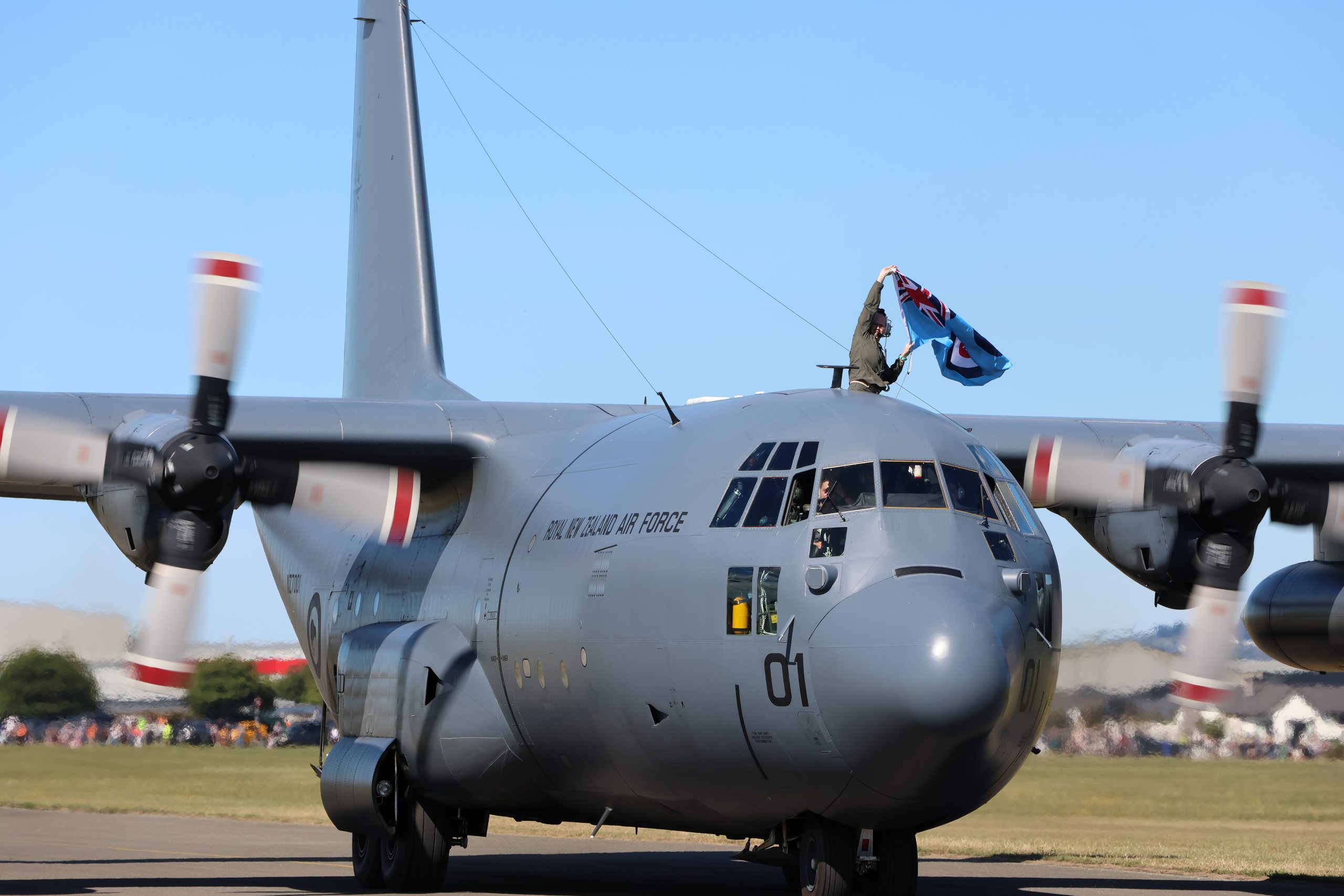
Mighty Hercules NZ7001 lands at Wigram

Operation Scuttle 2: Sink the Arahura!
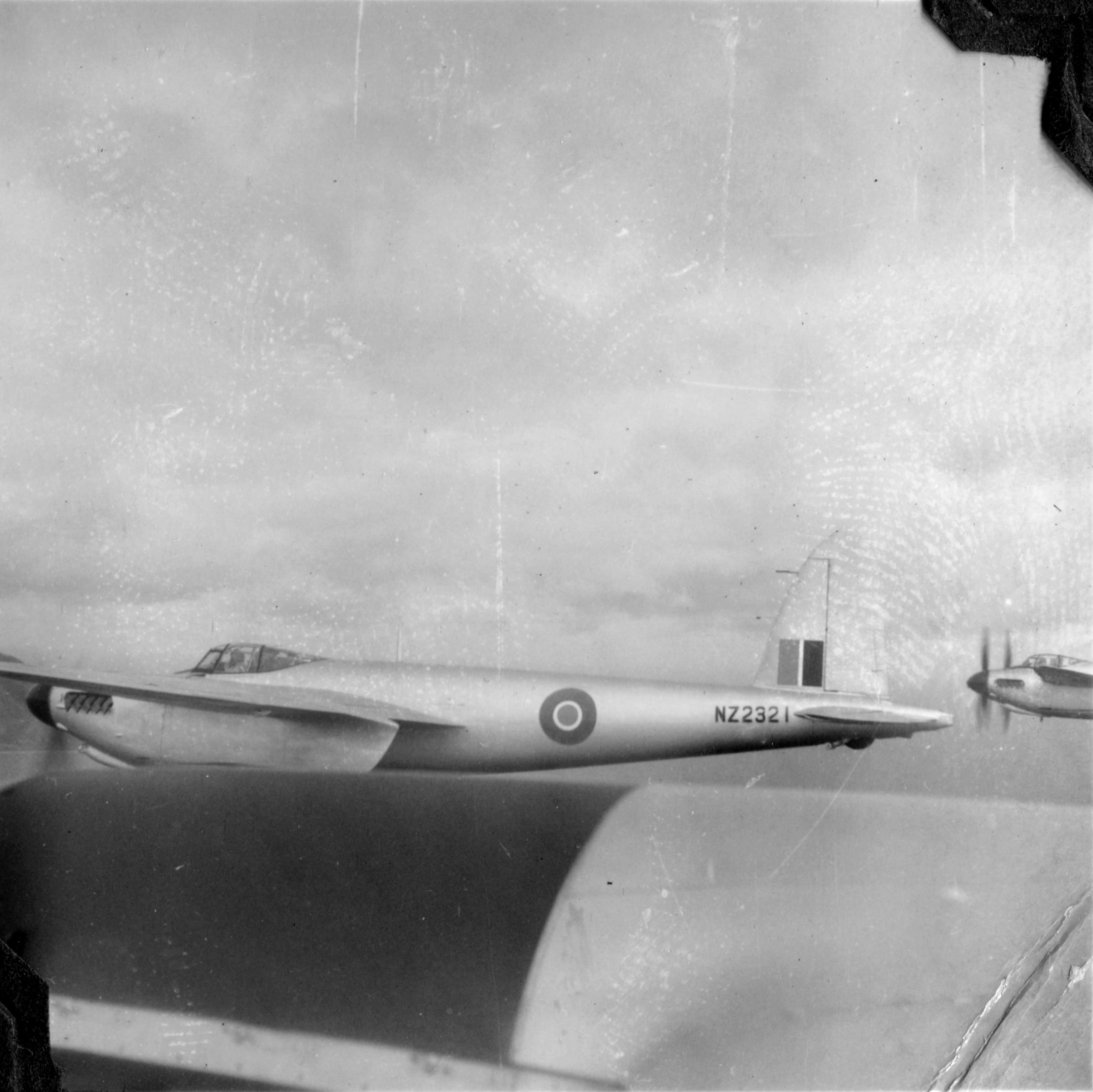
In January 1952 eight de Havilland Mosquito aircraft attacked and sunk retired passenger ferry TSS Arahura in Cook Strait as part of Operation Scuttle 2.
Black Monday: Kiyoshi Suzuki’s depiction of a Pacific tragedy
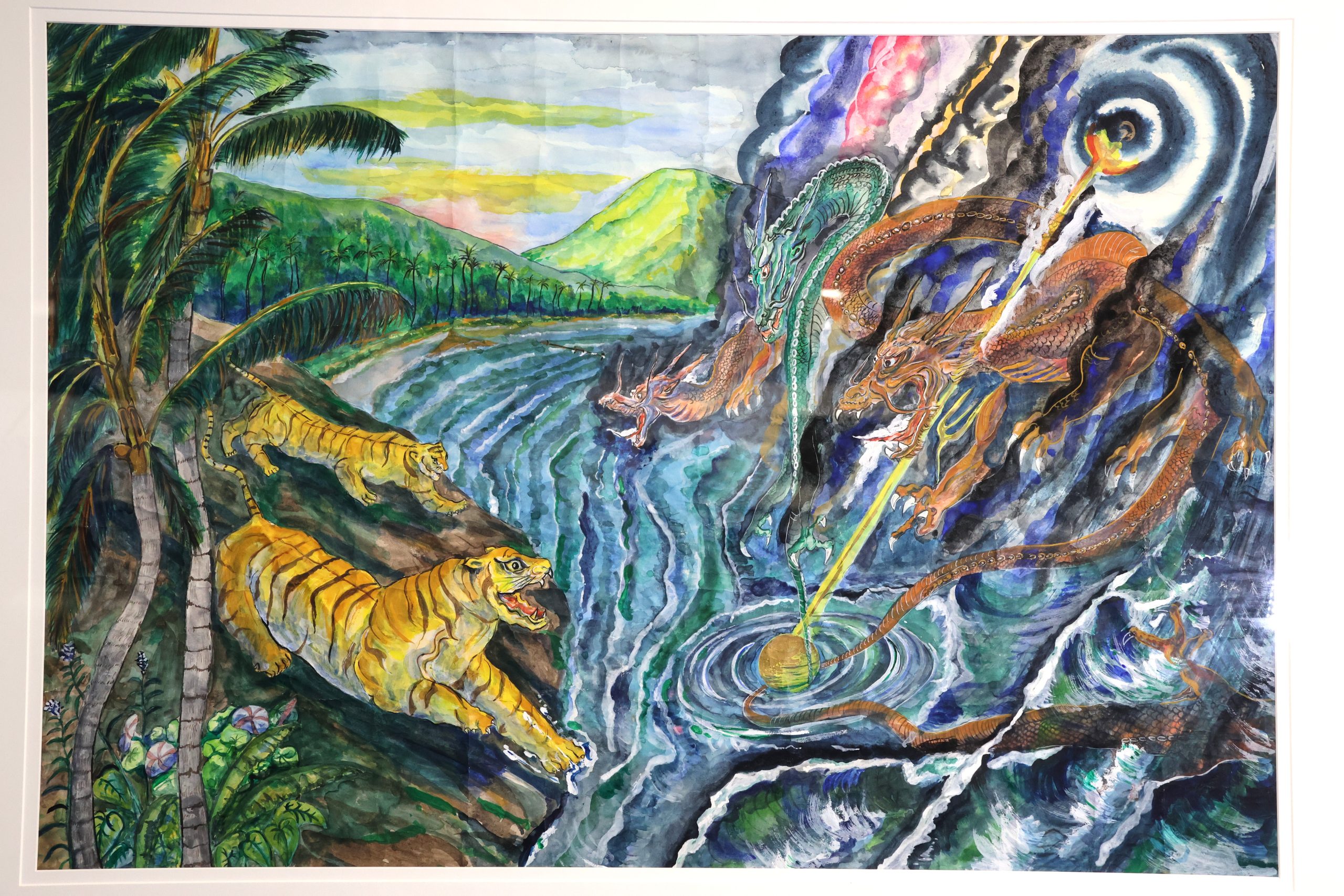
Stories of service and sacrifice: Albert Gordon RFC
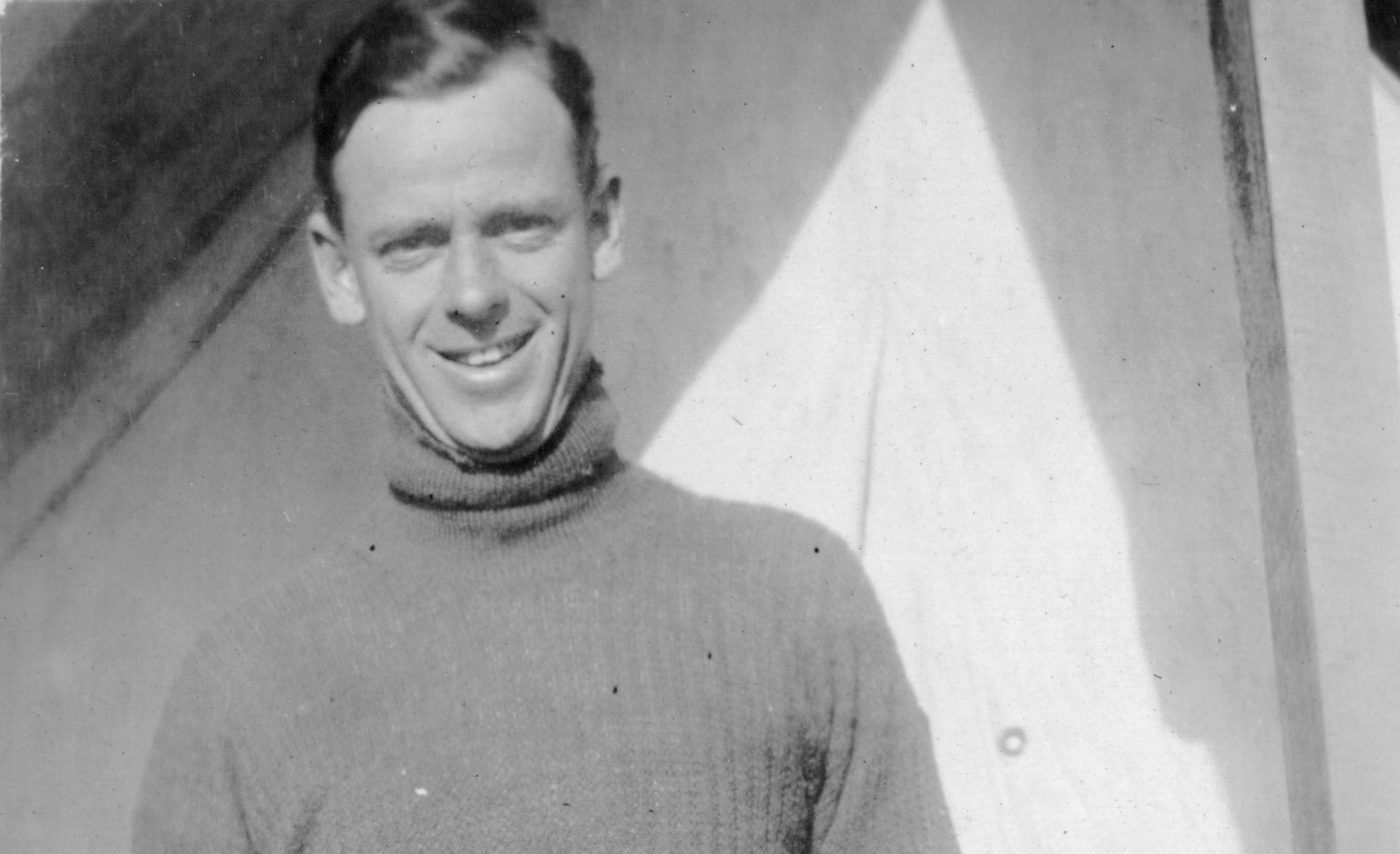
Yuletide stories: The RNZAF at Christmas
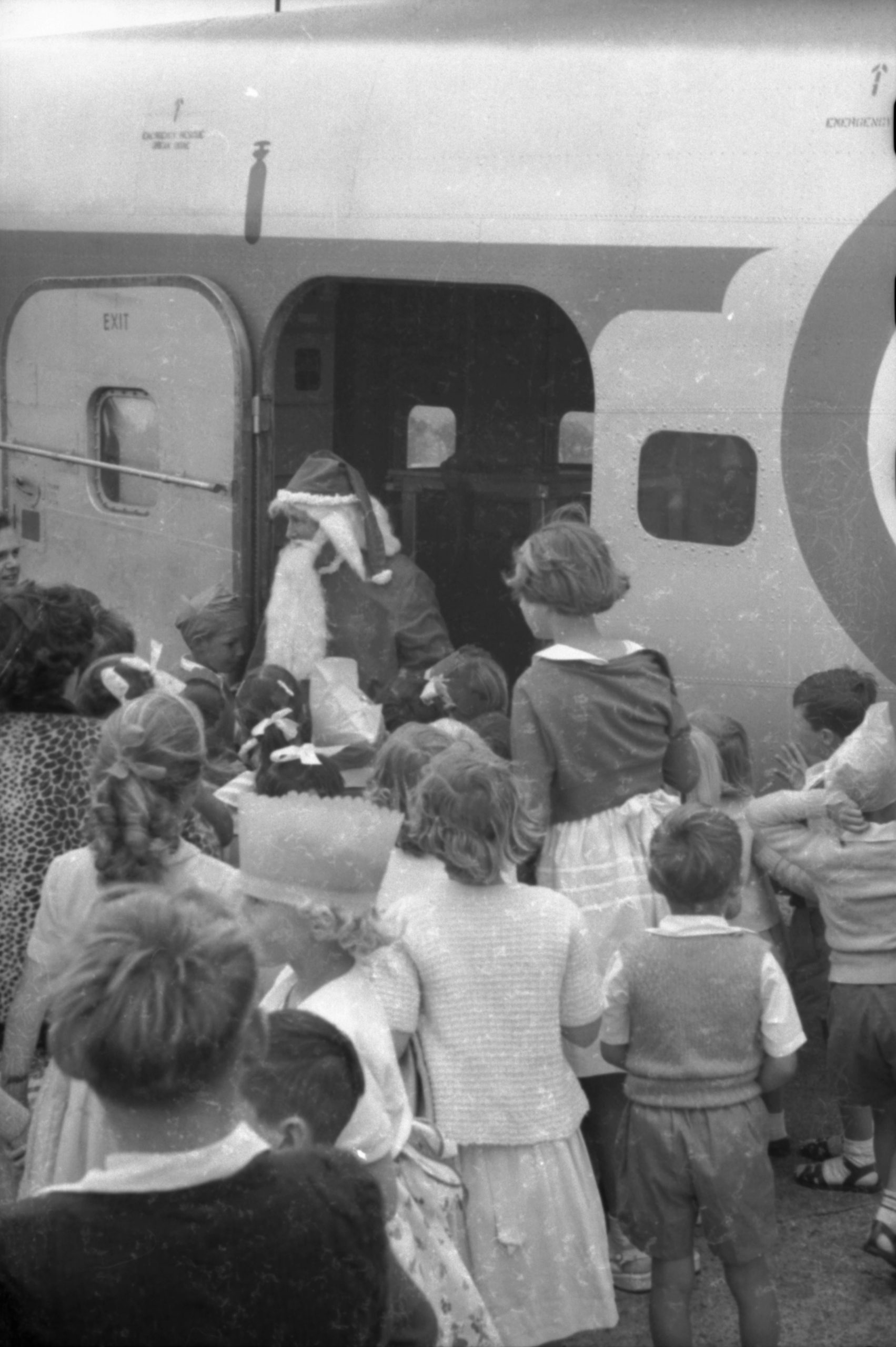
New to the collection: Night vision goggles
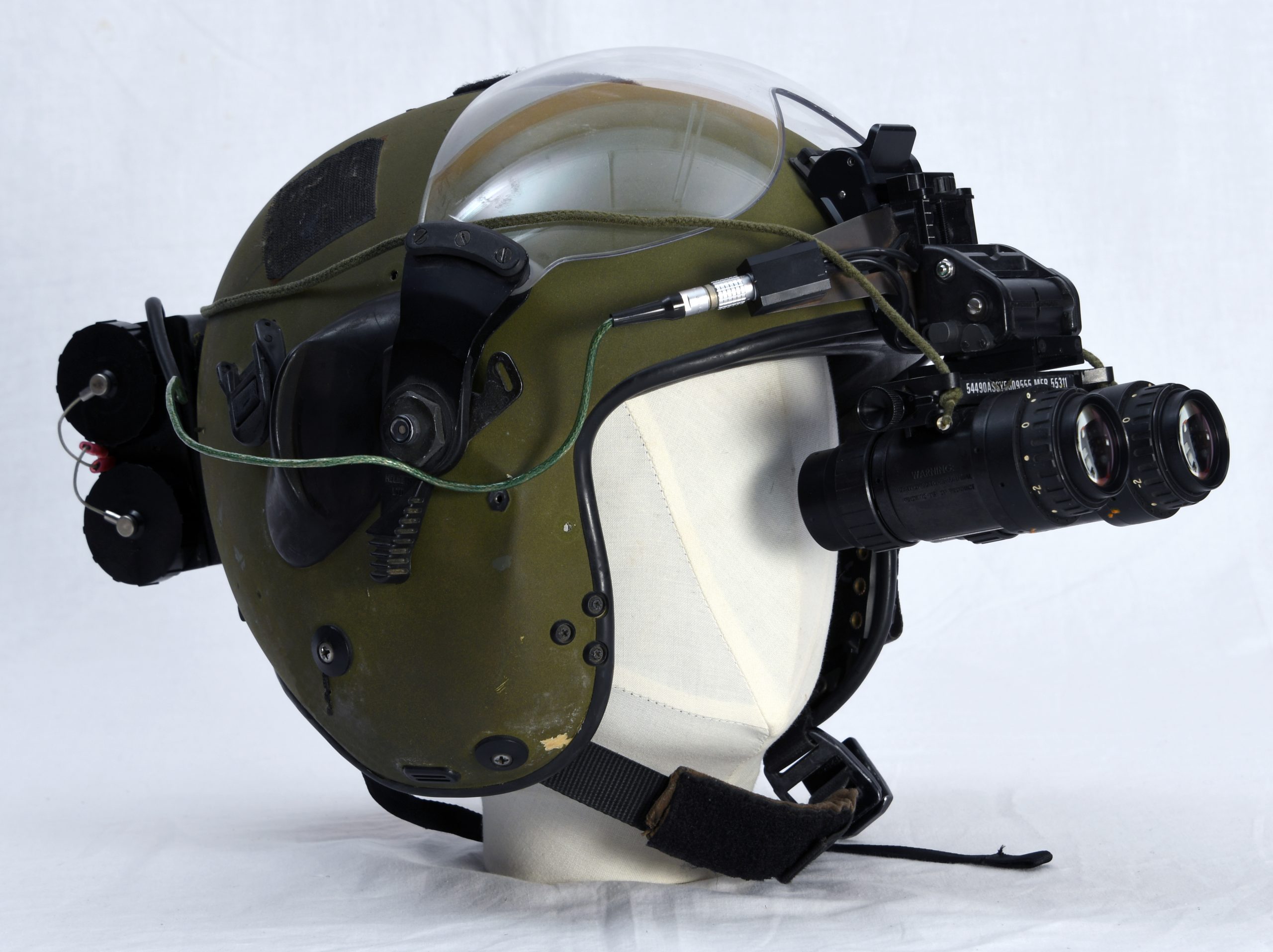
Exceptional friends: Bert Wipiti and Charlie Kronk
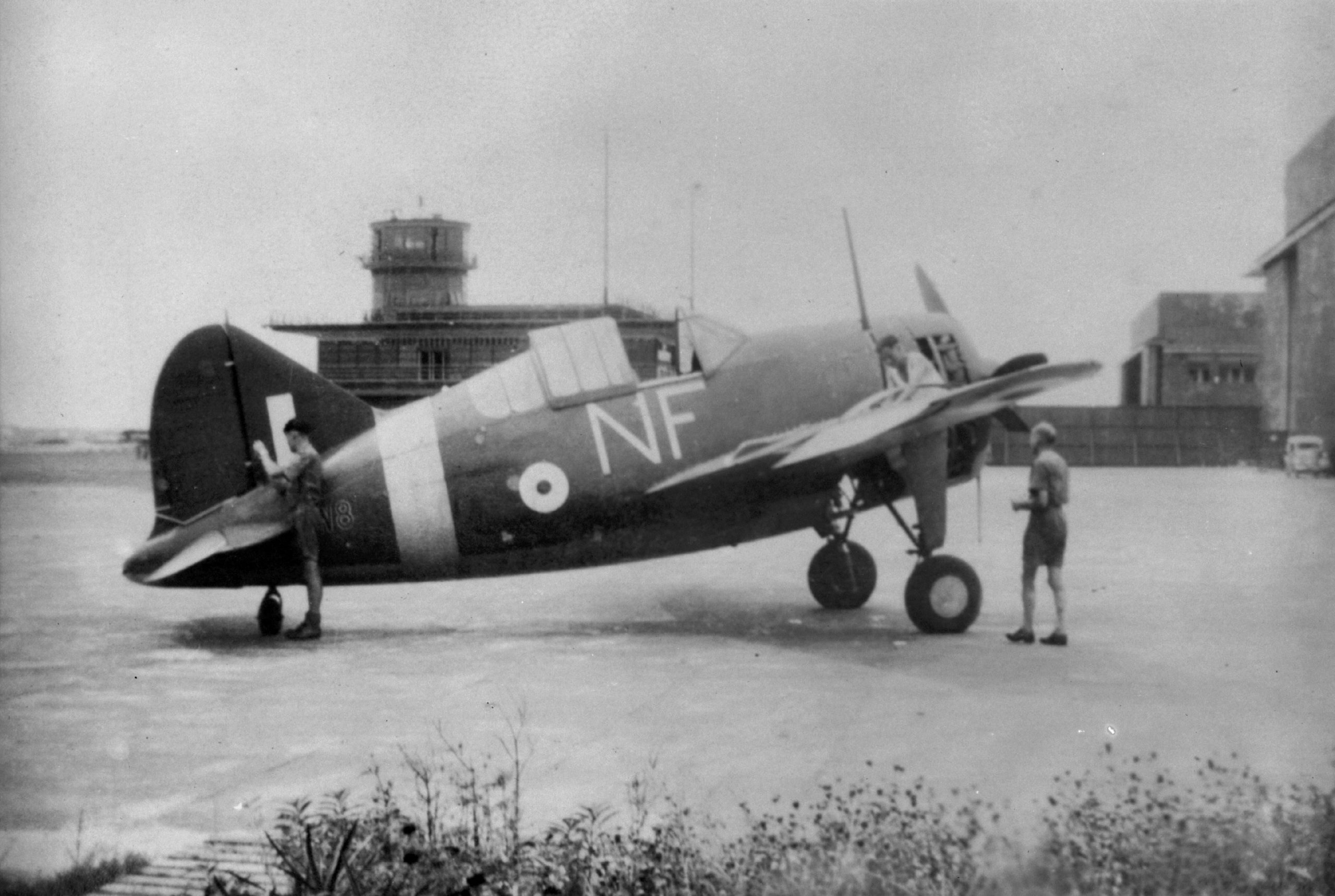
Military Millinery: Hats in the WAAF and WRNZAF
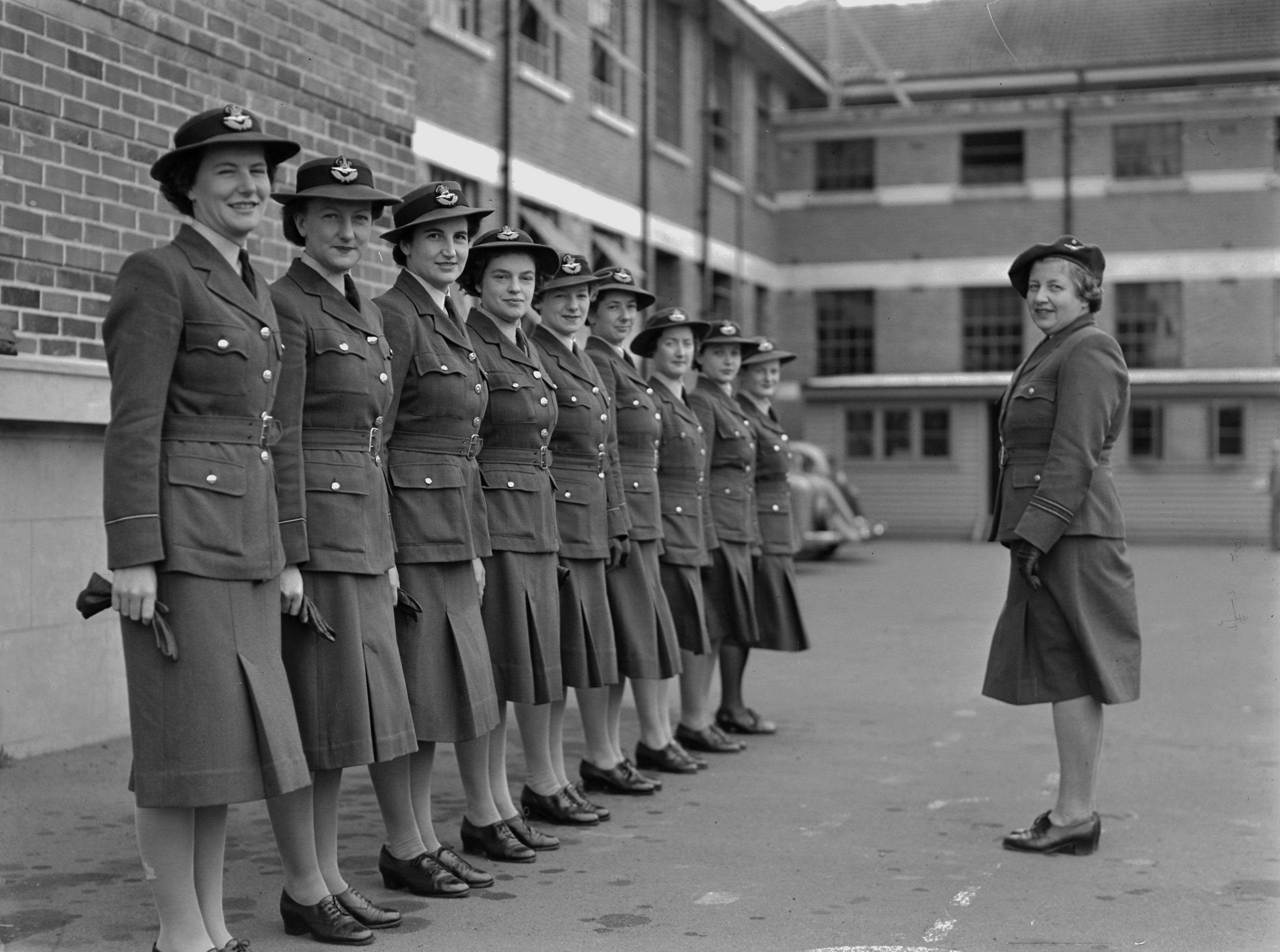
Frequent flyer: Researching Sister Ruth Burton, RNZNC
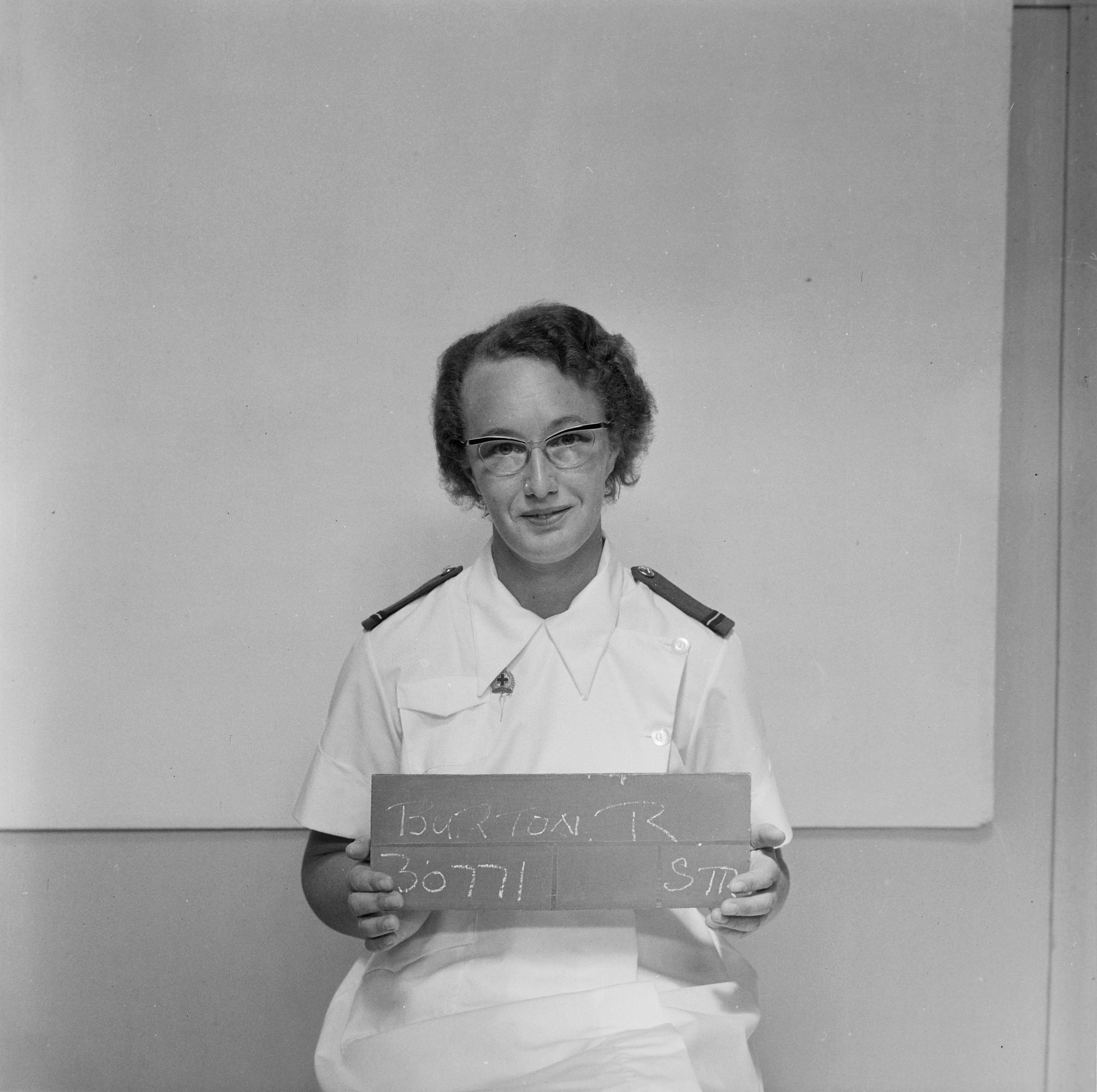
Operation Ice Cube – the RNZAF on the ice
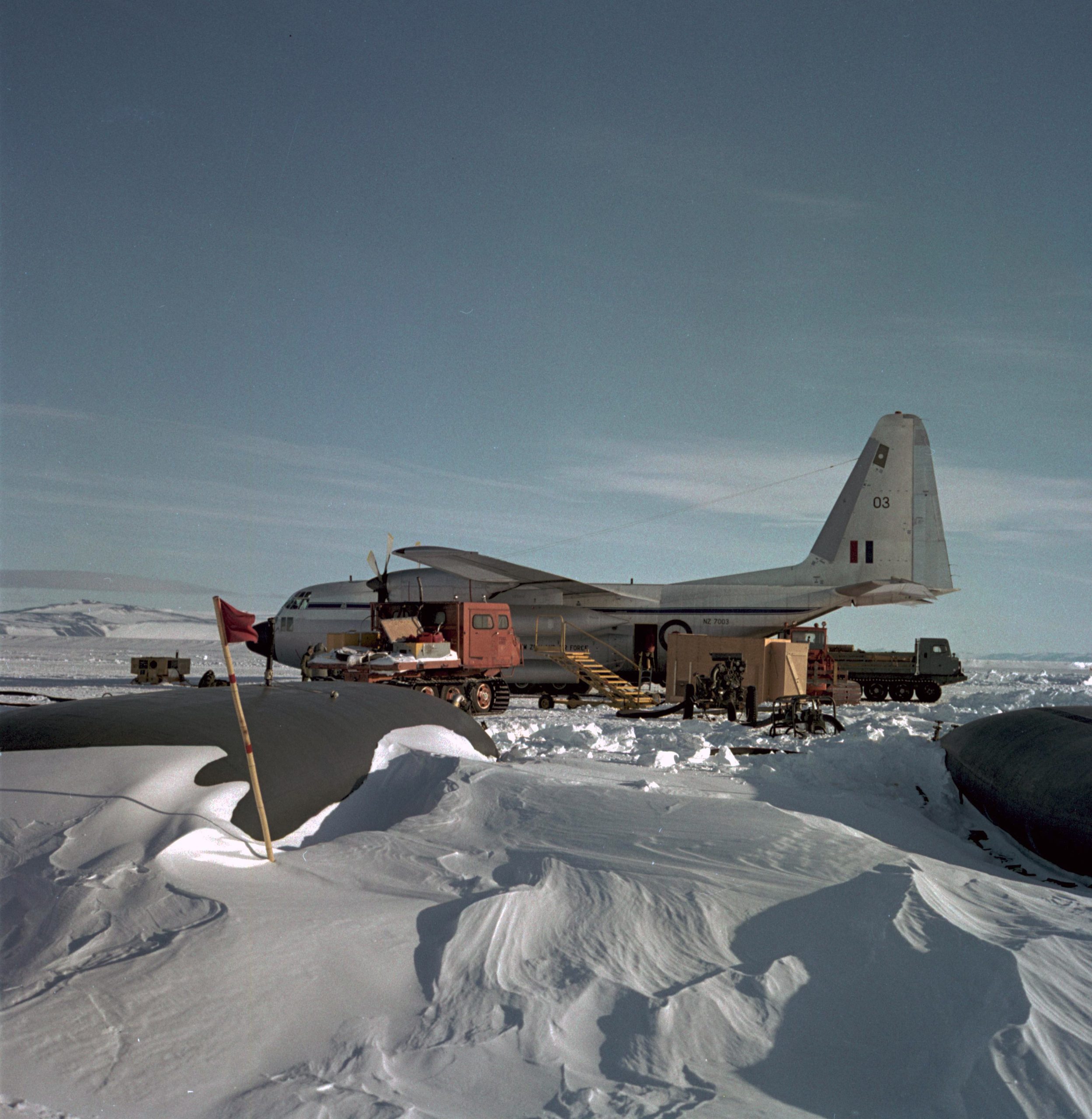
As the C-130H Hercules retires from RNZAF service, we remember Operation Ice Cube I – the first RNZAF Hercules flight from Aotearoa to Antarctica, and the legacy which continues today.
New photo album: The Bannerman collection
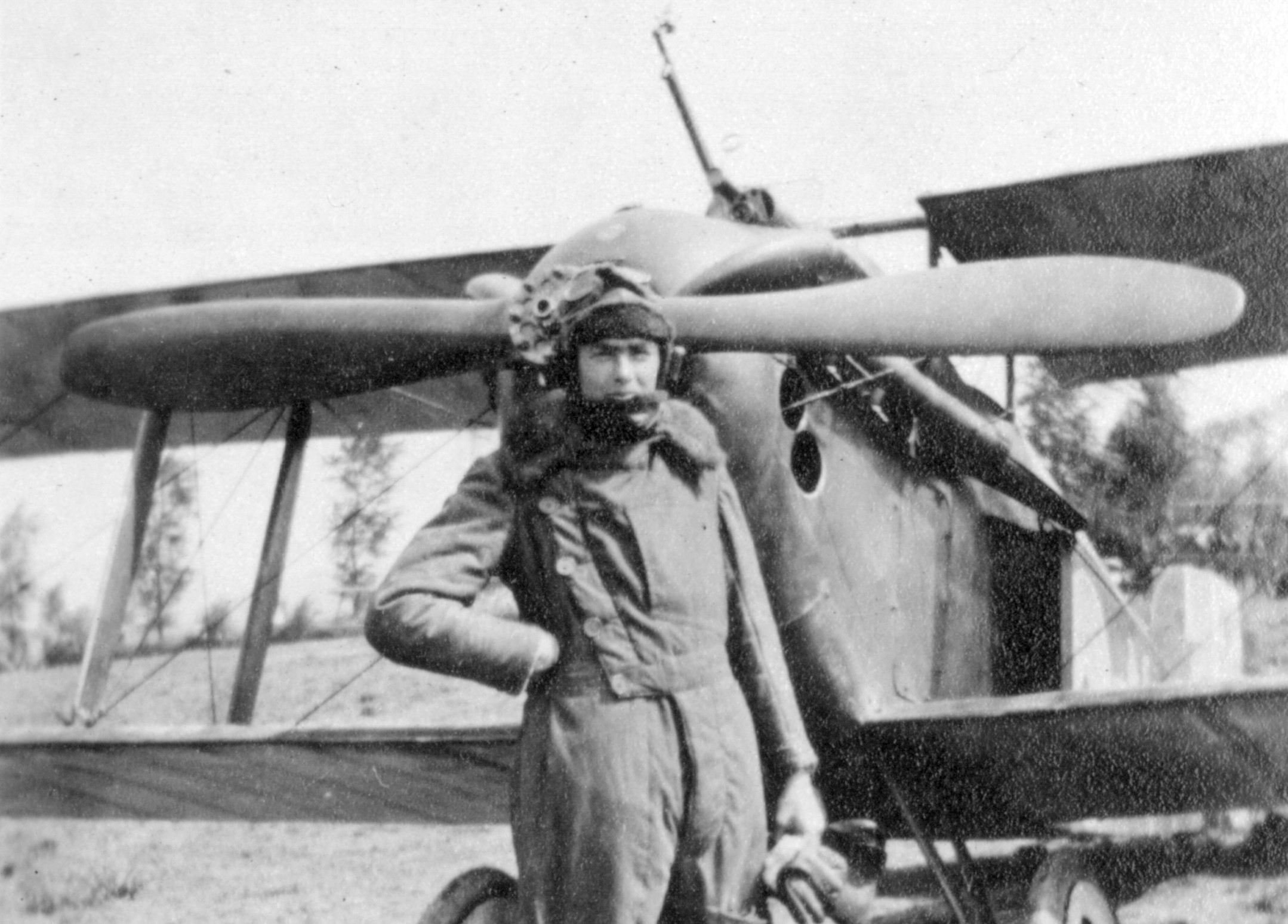
Fun with flags!

Fearless birds and wild winds: The meaning behind RNZAF crests
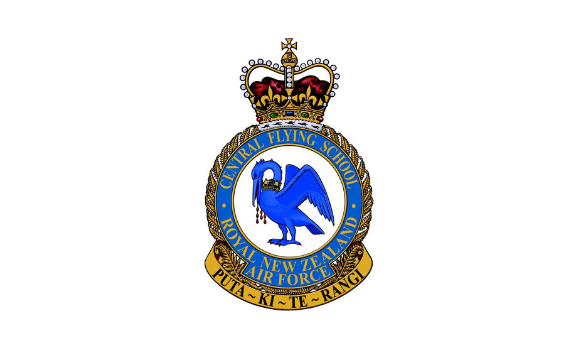
Delve into the world of heraldry and discover the meanings behind some of our Air Force’s badges (crests) and their Te Reo mottoes. Read more in our latest blog!
‘Simply superb’ – buying the C-130H Hercules
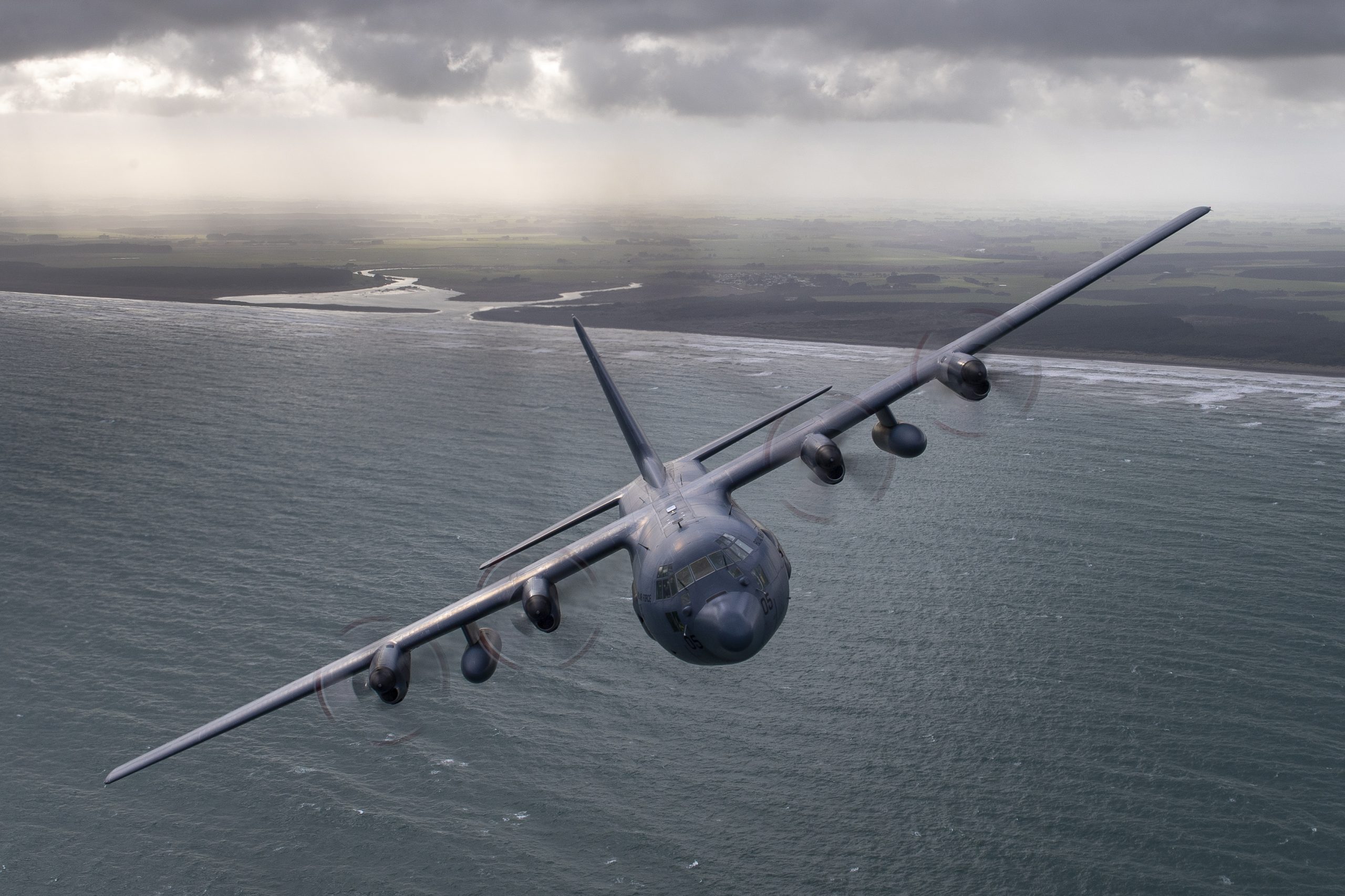
A bridge too far? Remembering New Zealand airmen and the battle for Arnhem 80 years on
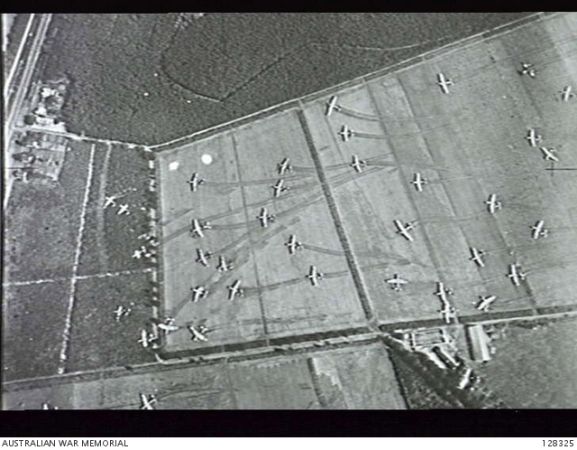
Discover more about one of the most daring and ambitious military operations in history, Codenamed Operation Market-Garden which took place in Holland.
Grid: The Life and Times of First World War Fighter Ace Keith Caldwell by Adam Claasen
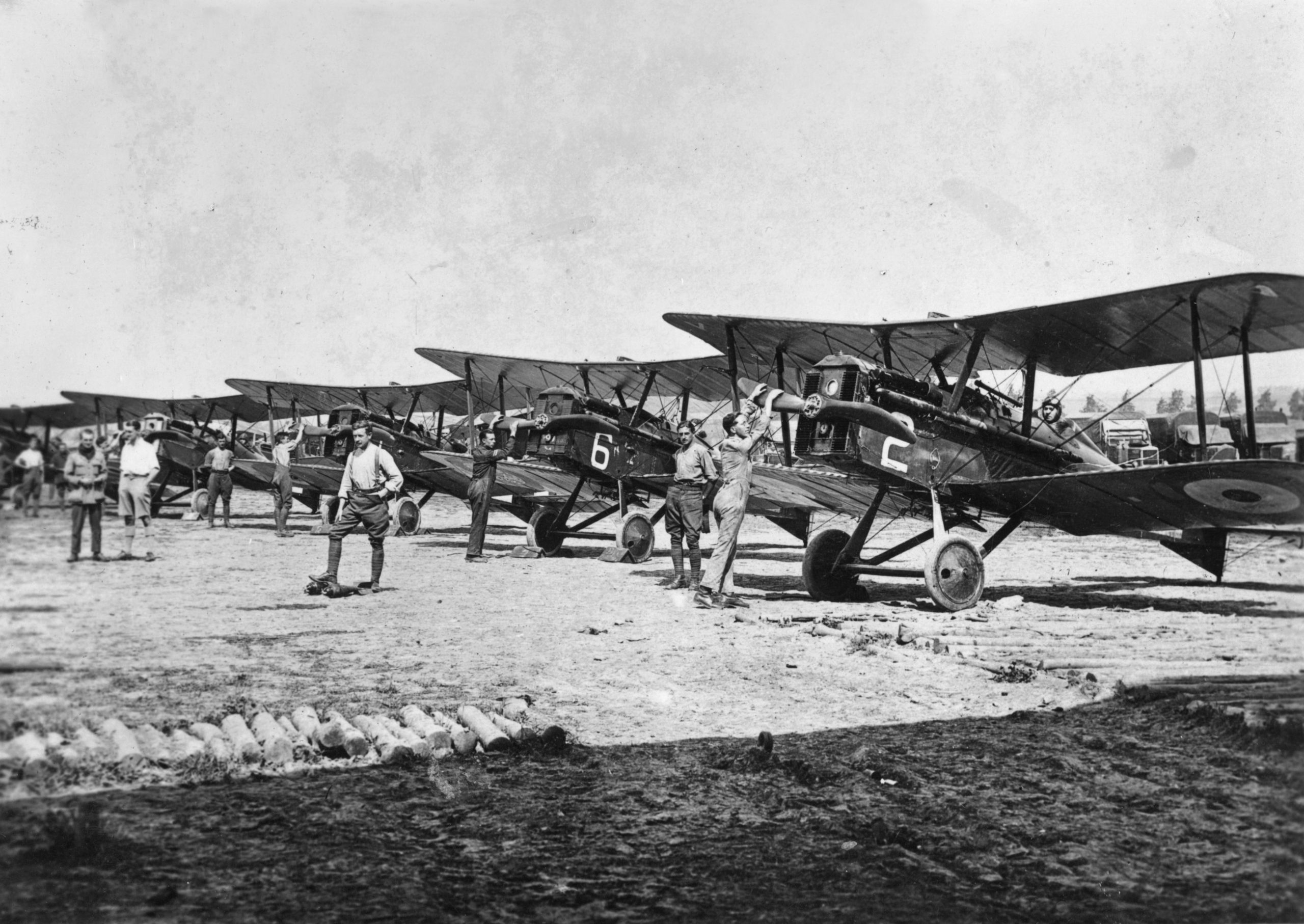
‘A Valley of Hell’ – Ian Anstey in the Battle of France
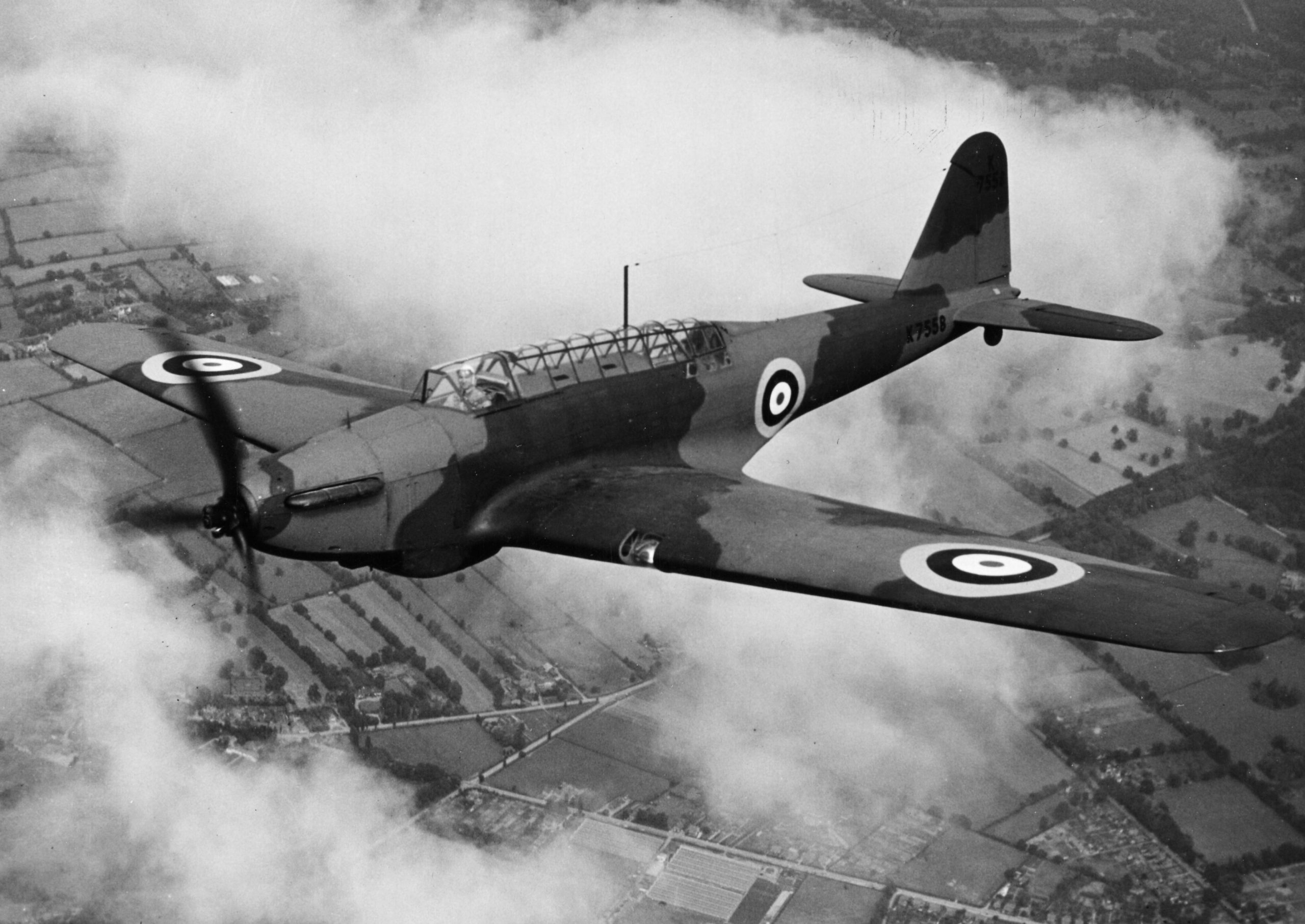
The Battle of Britain and New Zealand

During the Second World War, in the long hot summer of 1940, a desperate aerial battle was fought over the skies of southern England which would help decide the course of that conflict.
Military silk and resourceful fashion during World War Two
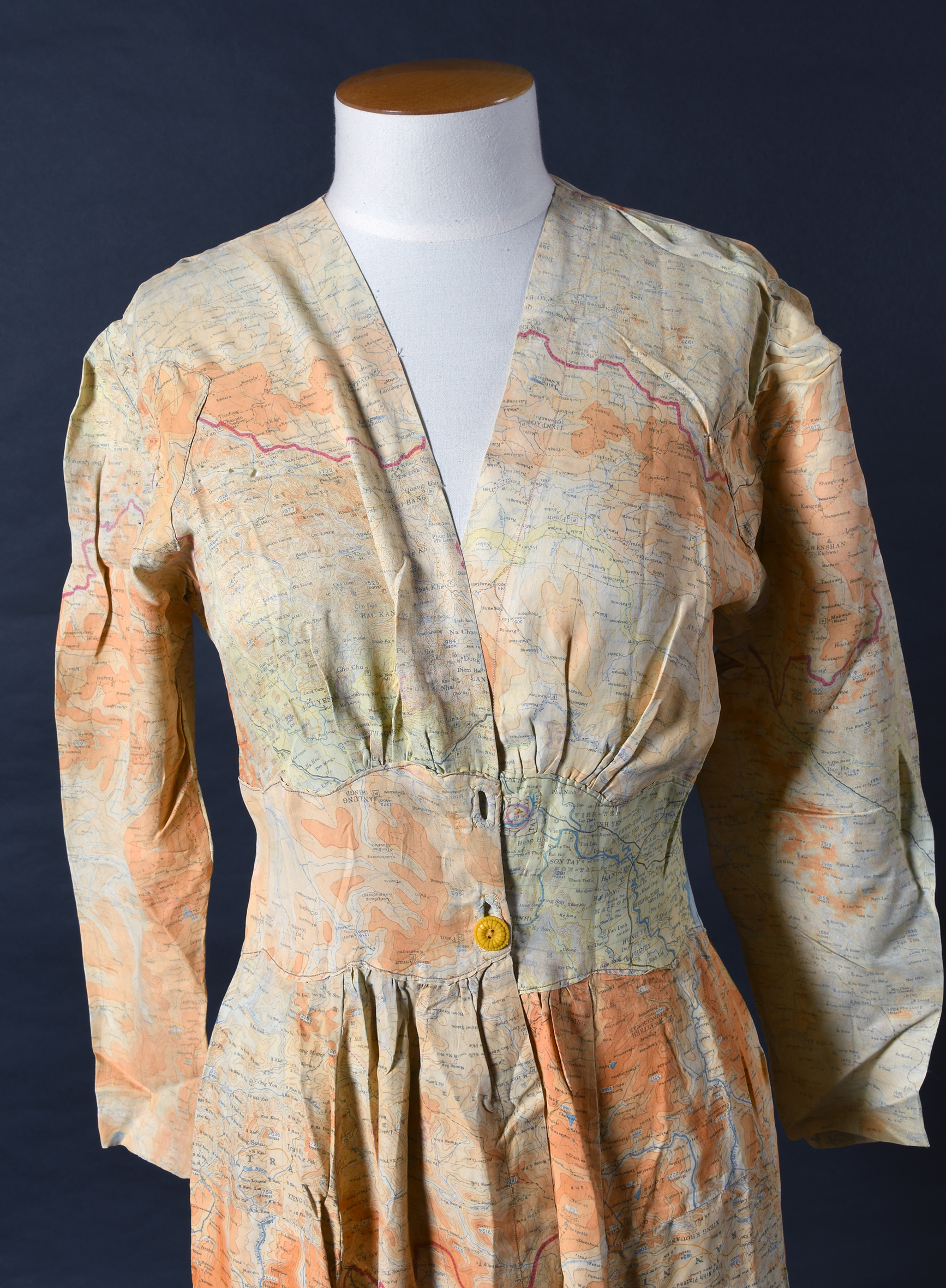
Comprised of clothing, textiles, personal effects, memorabilia and more, the museum’s non-technical collections help tell personal stories associated with the military. This blog highlights some of the remarkable garments that were made by utilising unrequired World War Two materials. We know a lot about some of them, for others information is limited. The fabric at the heart of all these garments is silk.
Resources became increasingly scarce during the war and with silk favoured as a military material, it was unavailable for dressmaking. The following examples show how military silk was repurposed for civilian clothing. Silk was used early in the war, but as supplies became limited rayon was used; in this blog the term ‘silk’ is used to describe items that could have been made from silk or rayon.
Flying Officer Lloyd Allan Trigg VC DFC – submarine hunter
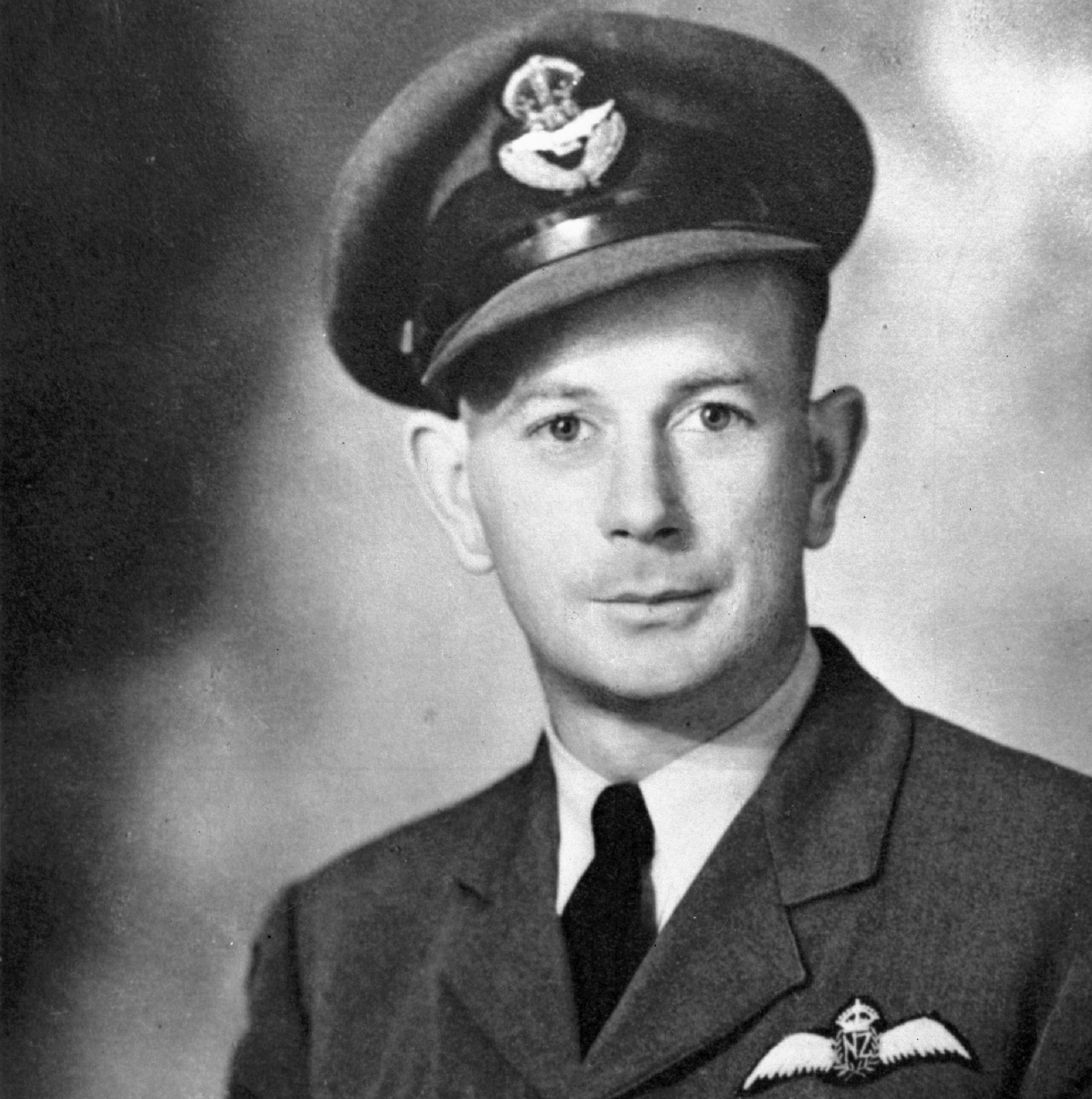
An album of memories: ‘Kiwi’ Beamish DSC
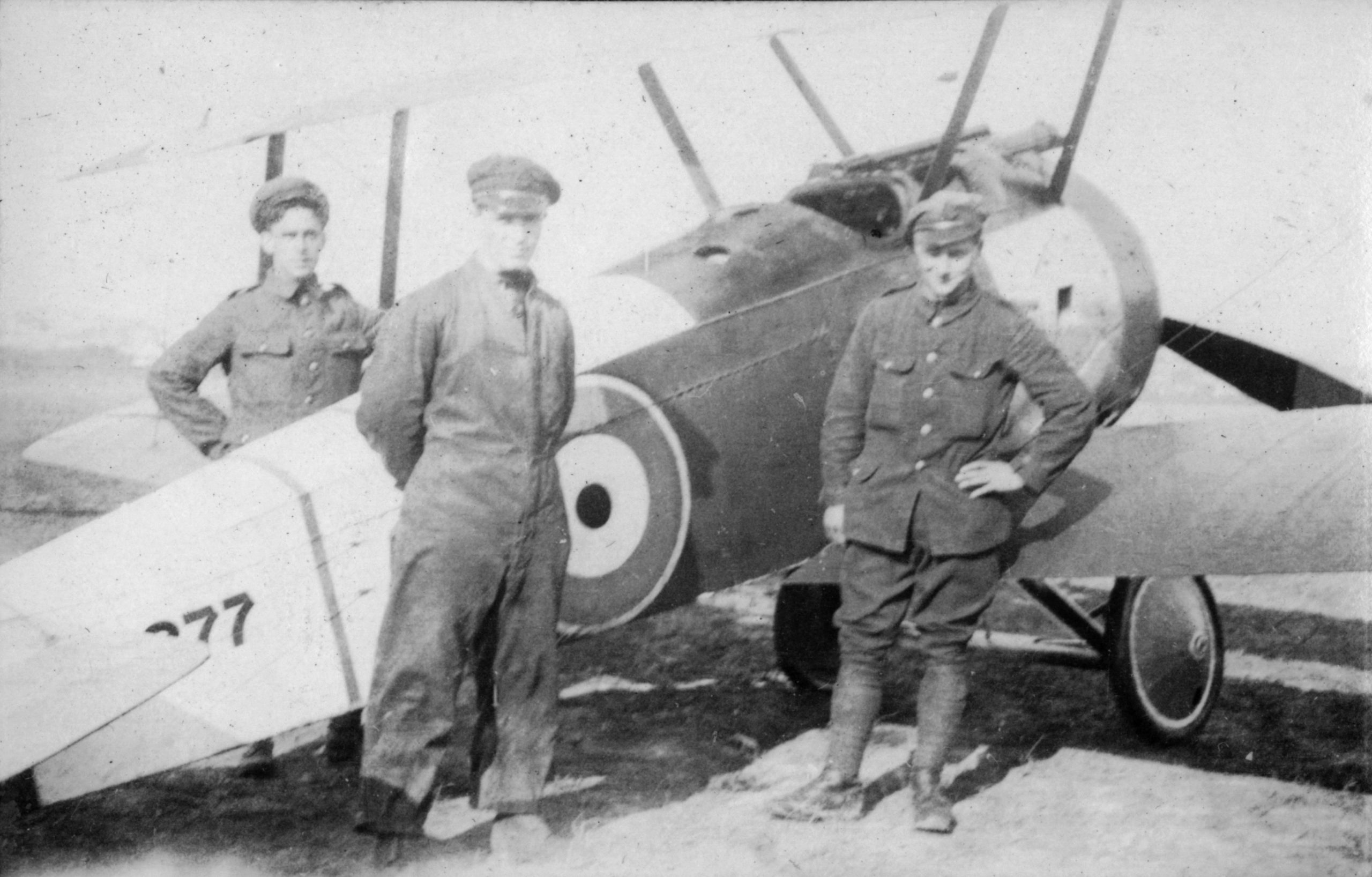
Our latest personal photo album features striking images belonging to fighter pilot Harold ‘Kiwi’ Beamish.
How to research your family history online
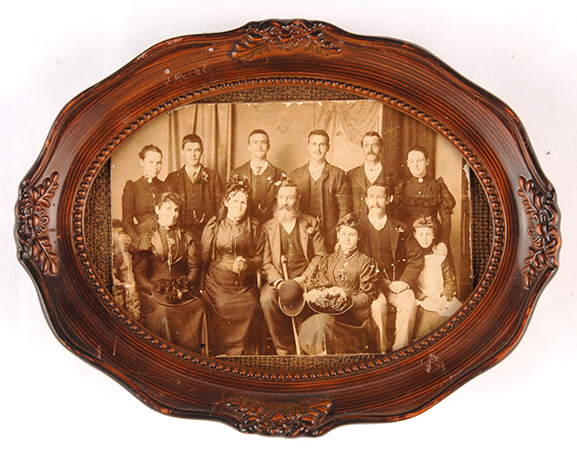
The right people at the right time: The RNZAF mission to Rwanda in 1994
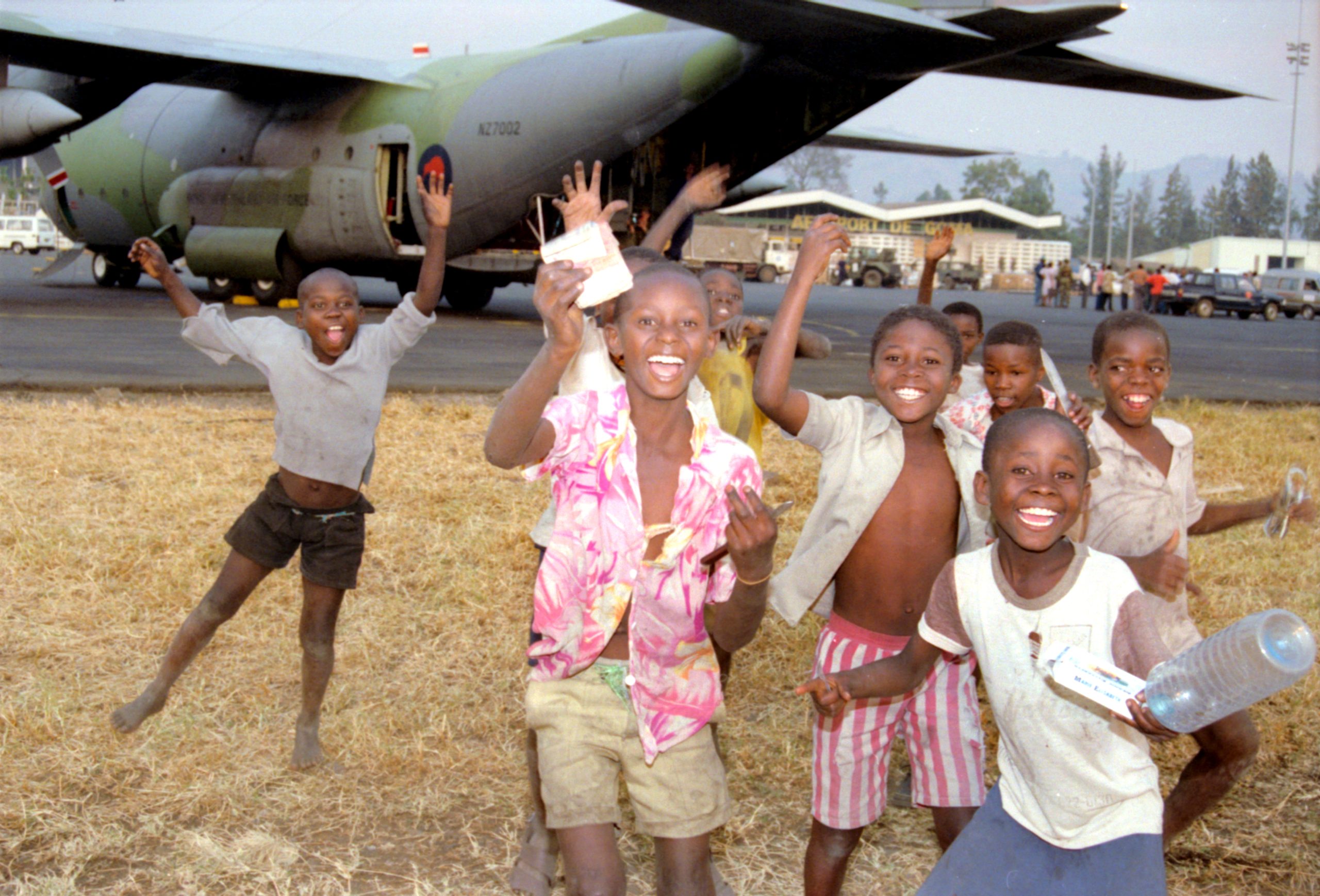
Queen’s Colour retires to the Air Force Museum
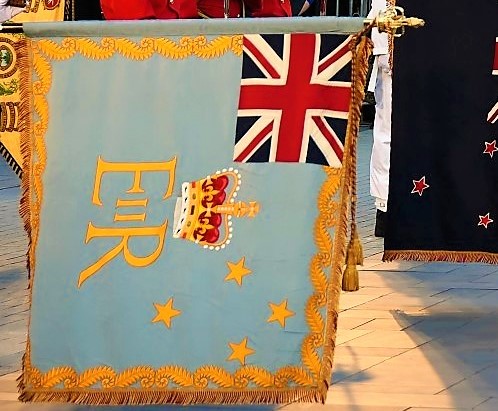
International incident: The Orion and the Rainbow Warrior bombing
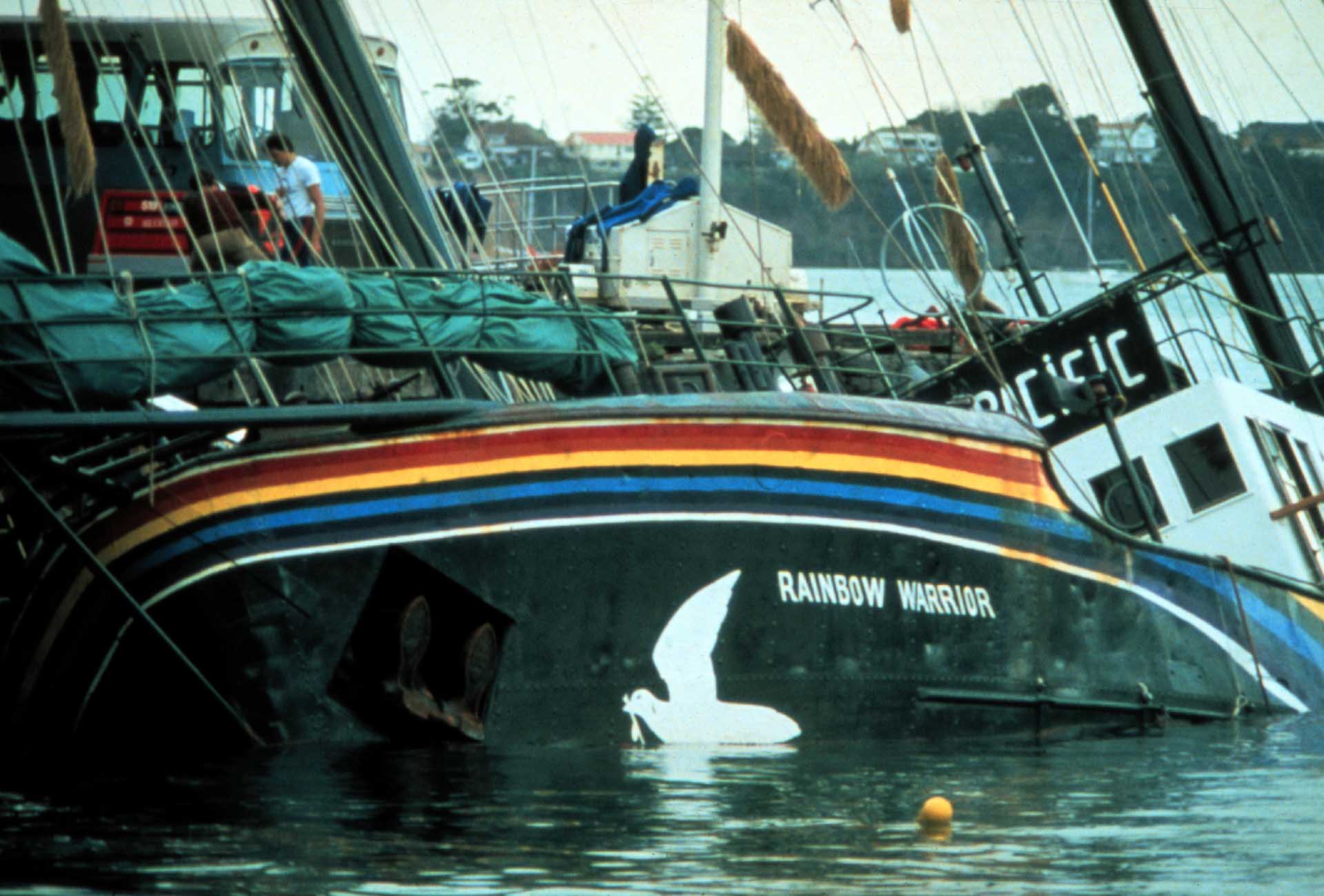
Sergeant James Allen Ward VC – fearless wing walker
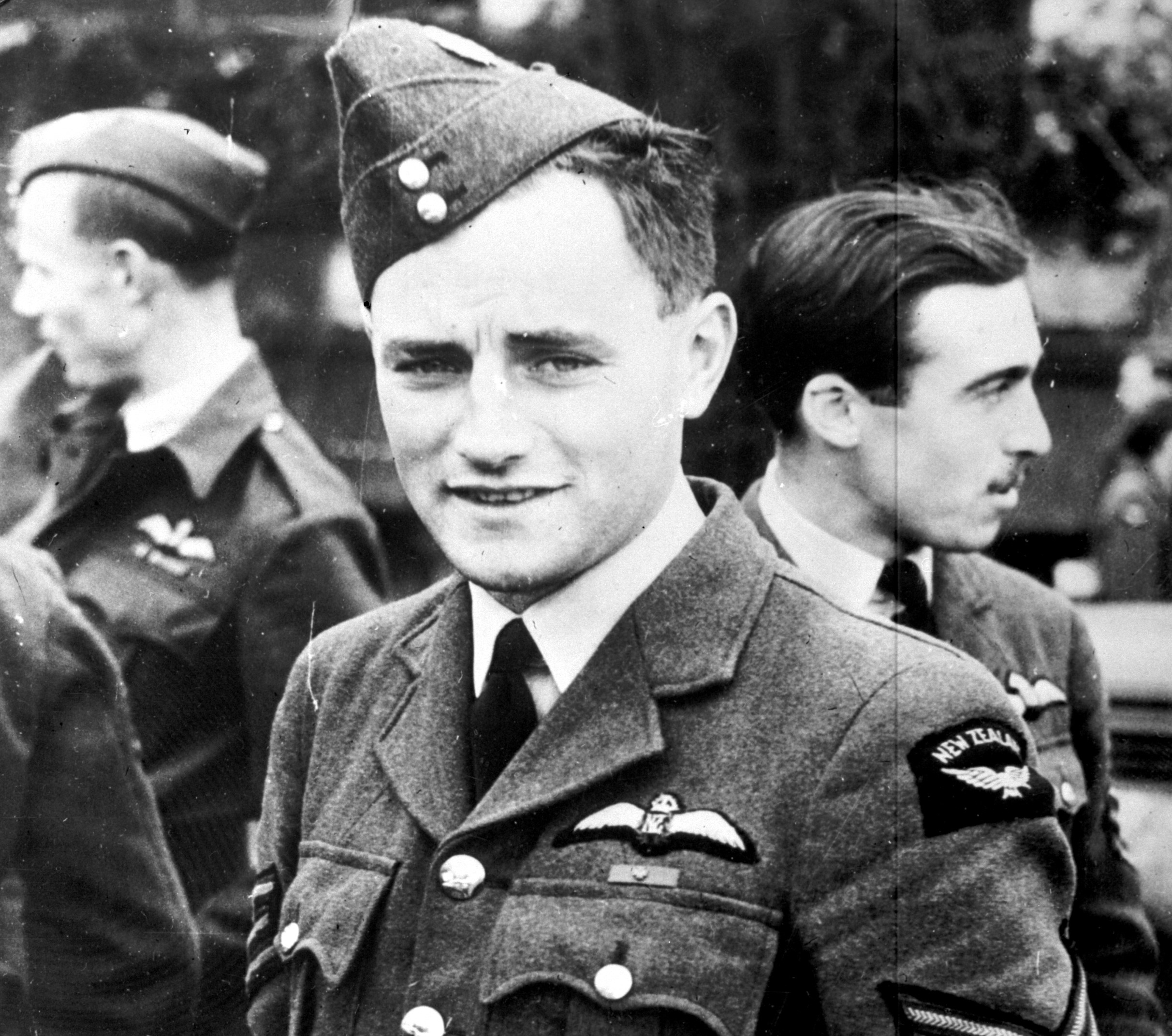
Rumble in the jungle: The RNZAF in the Malayan Emergency
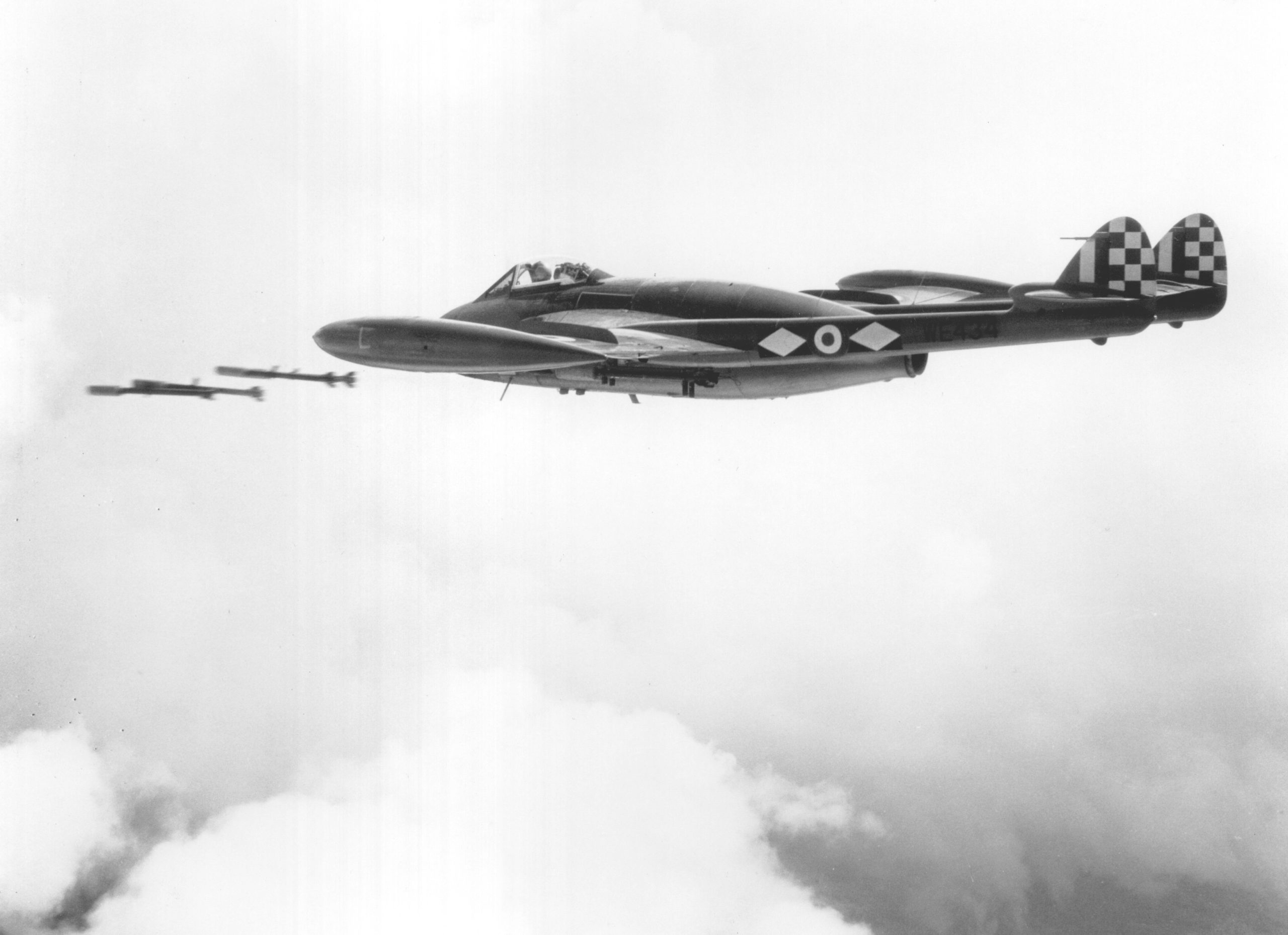
New to the Collection
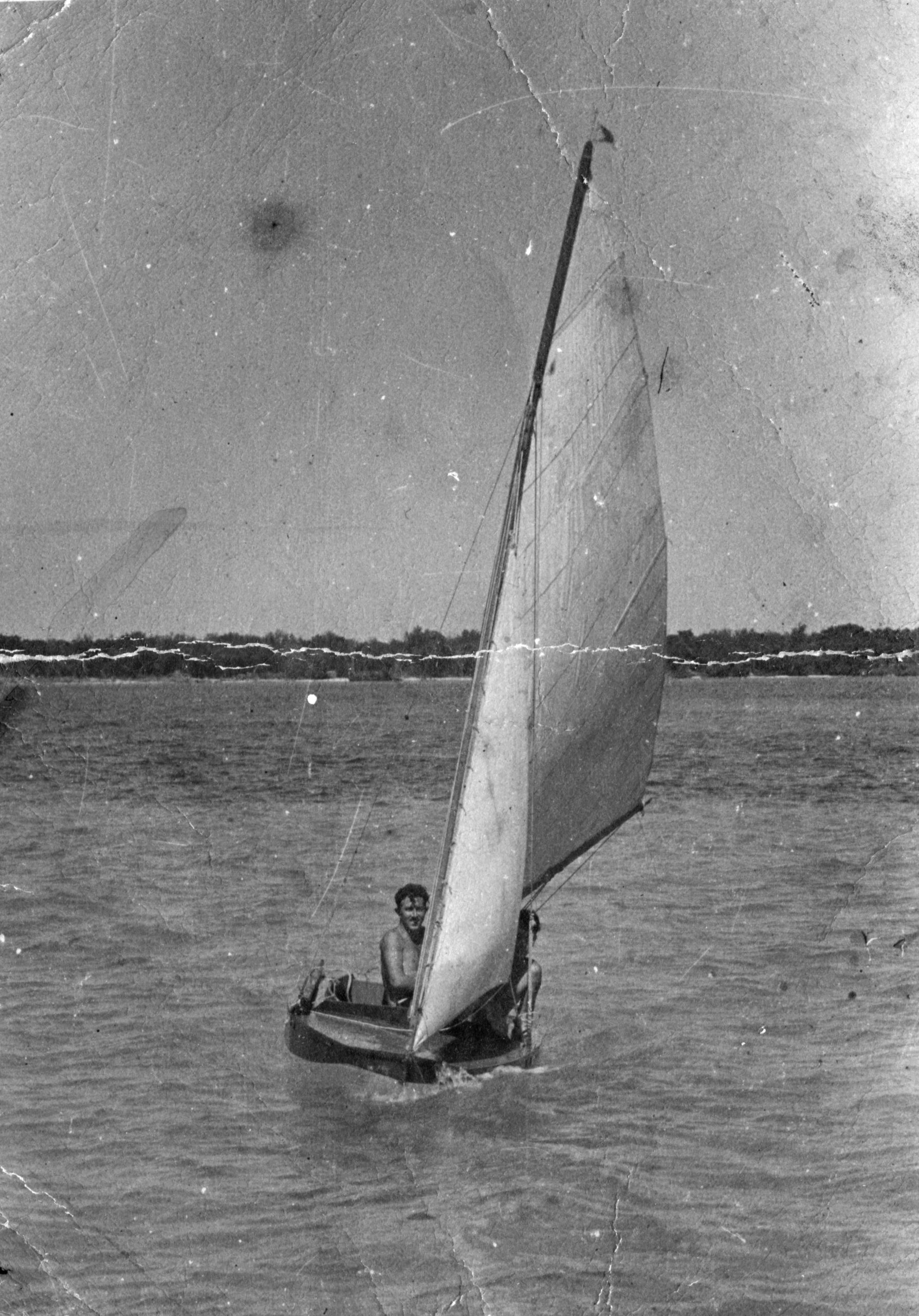
Discover some of the newest additions to the Air Force Museum of New Zealand collection.
D-Day Stories – Leslie Brown MM
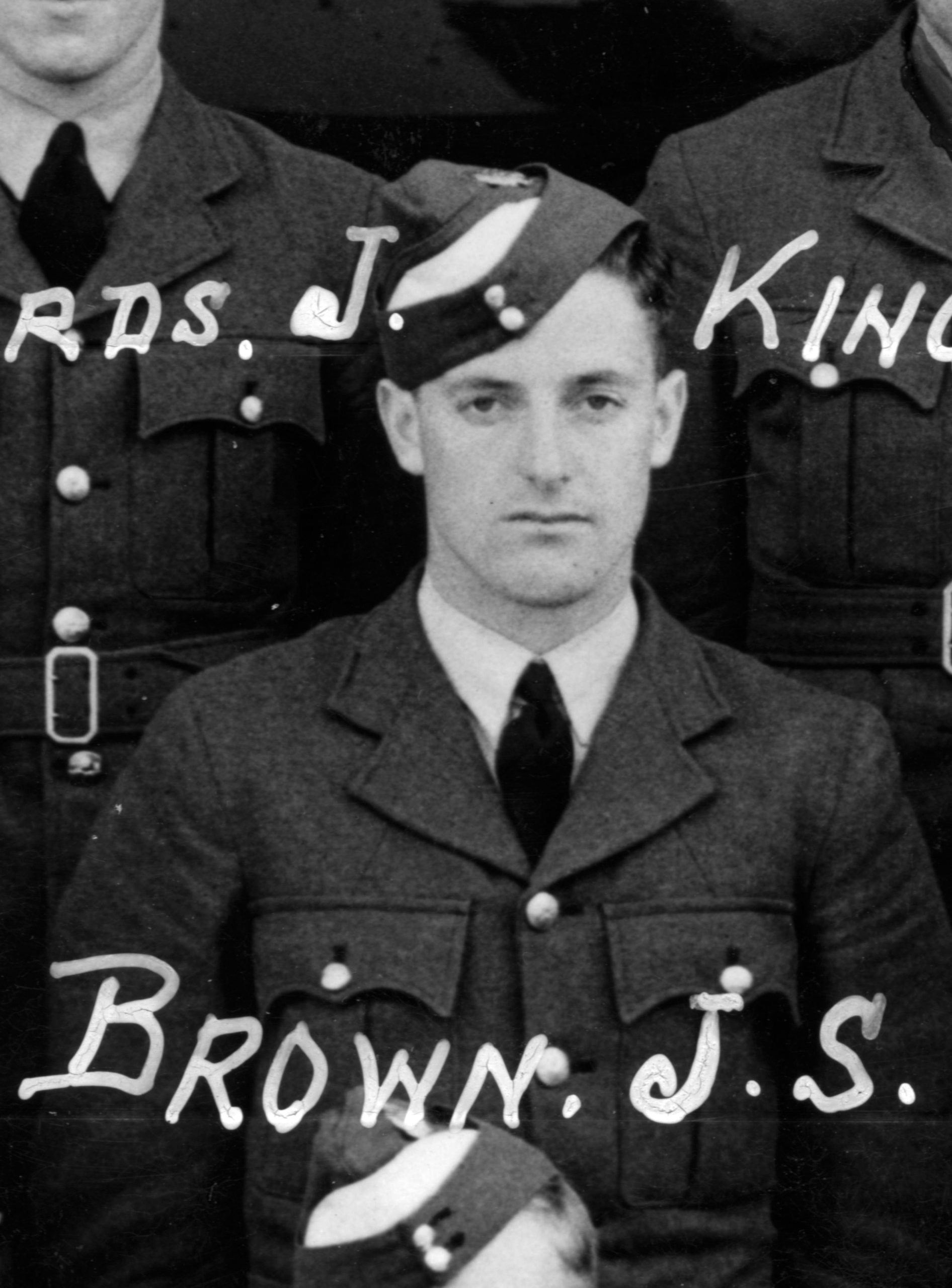
Pilot-turned French Resistance fighter Leslie Brown won the Military Medal for his exploits behind enemy lines.
D-Day Stories – Bruce de Vere DFC
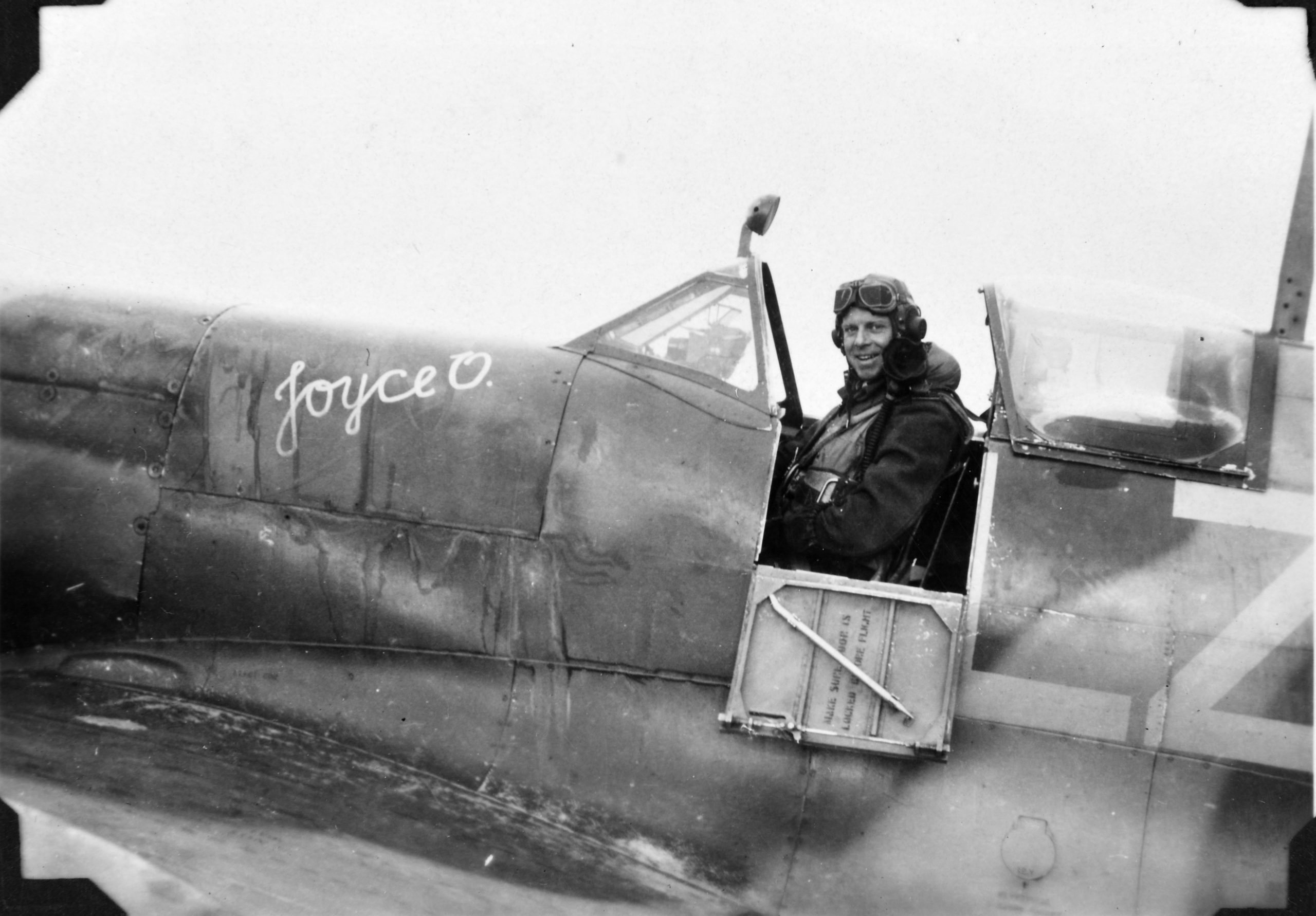
D-Day Stories – Edward ‘Ned’ Hitchcock
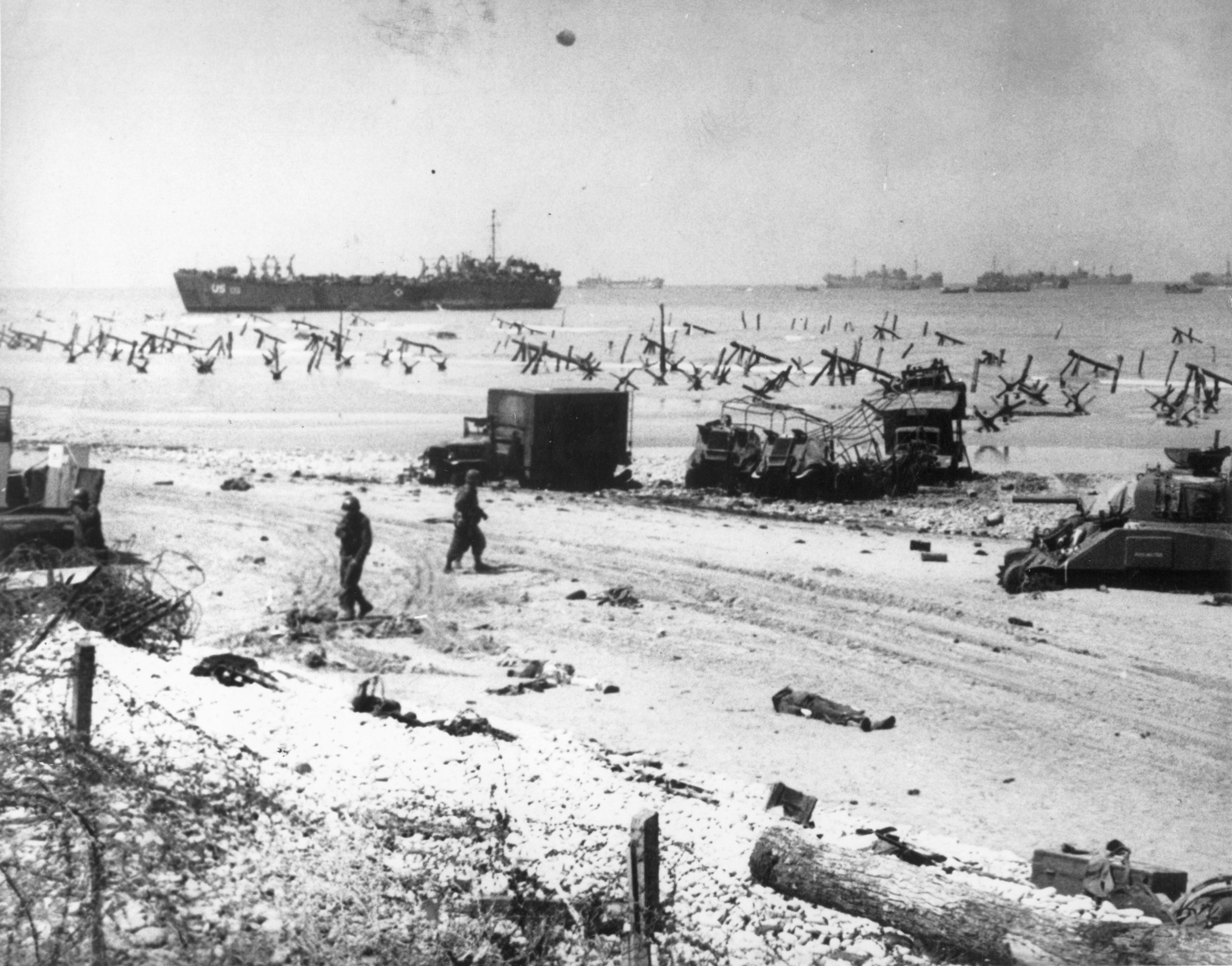
Radar specialist Ned Hitchock never imagined he would end up part of the largest invasion in history.
D-Day Stories: Edward Atkinson
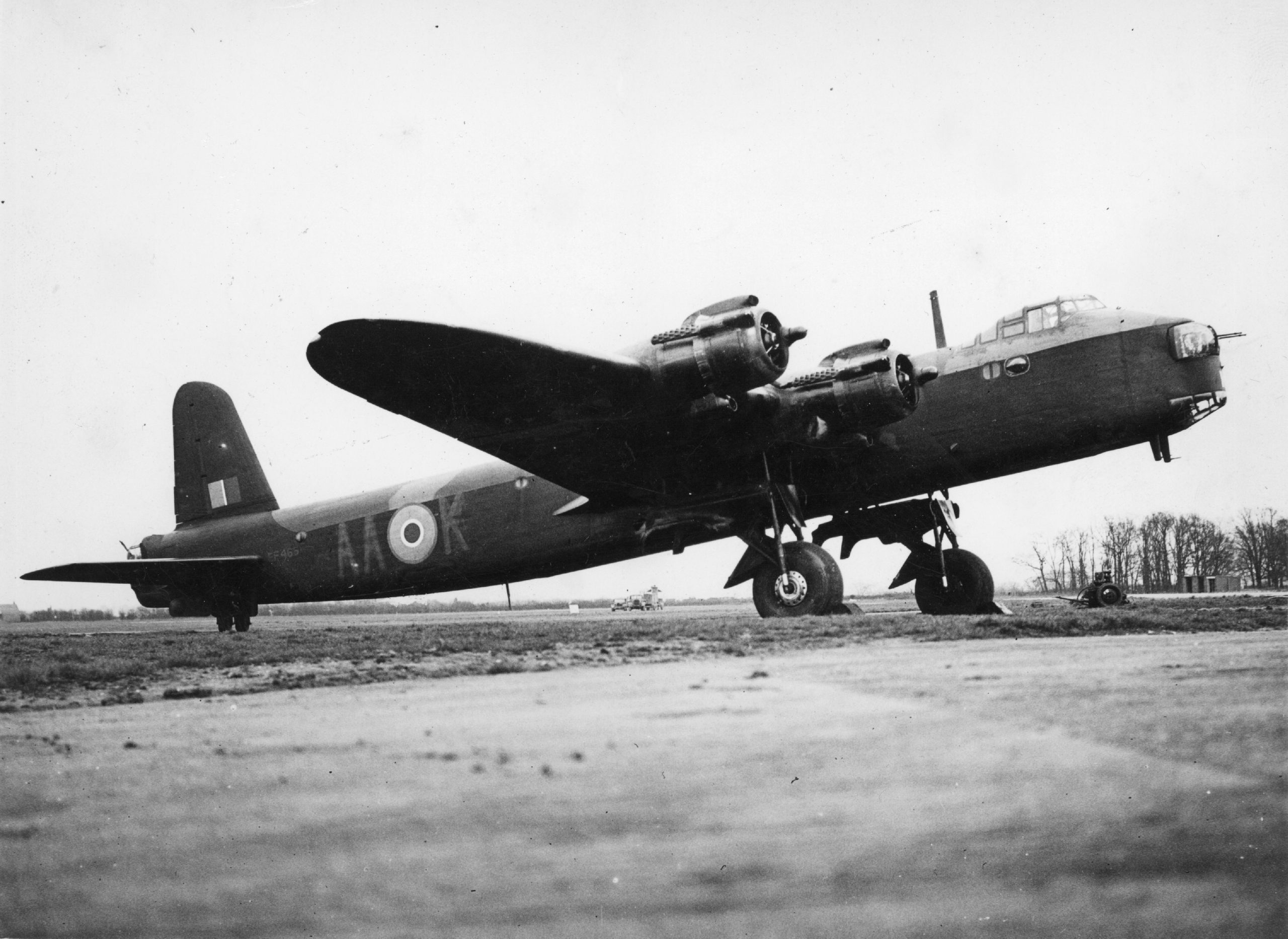
Flight Sergeant Edward Harry Frederick Atkinson from Taranaki is thought to be New Zealand’s first D-Day casualty.
D-Day Stories – Air Marshal Sir Arthur Coningham
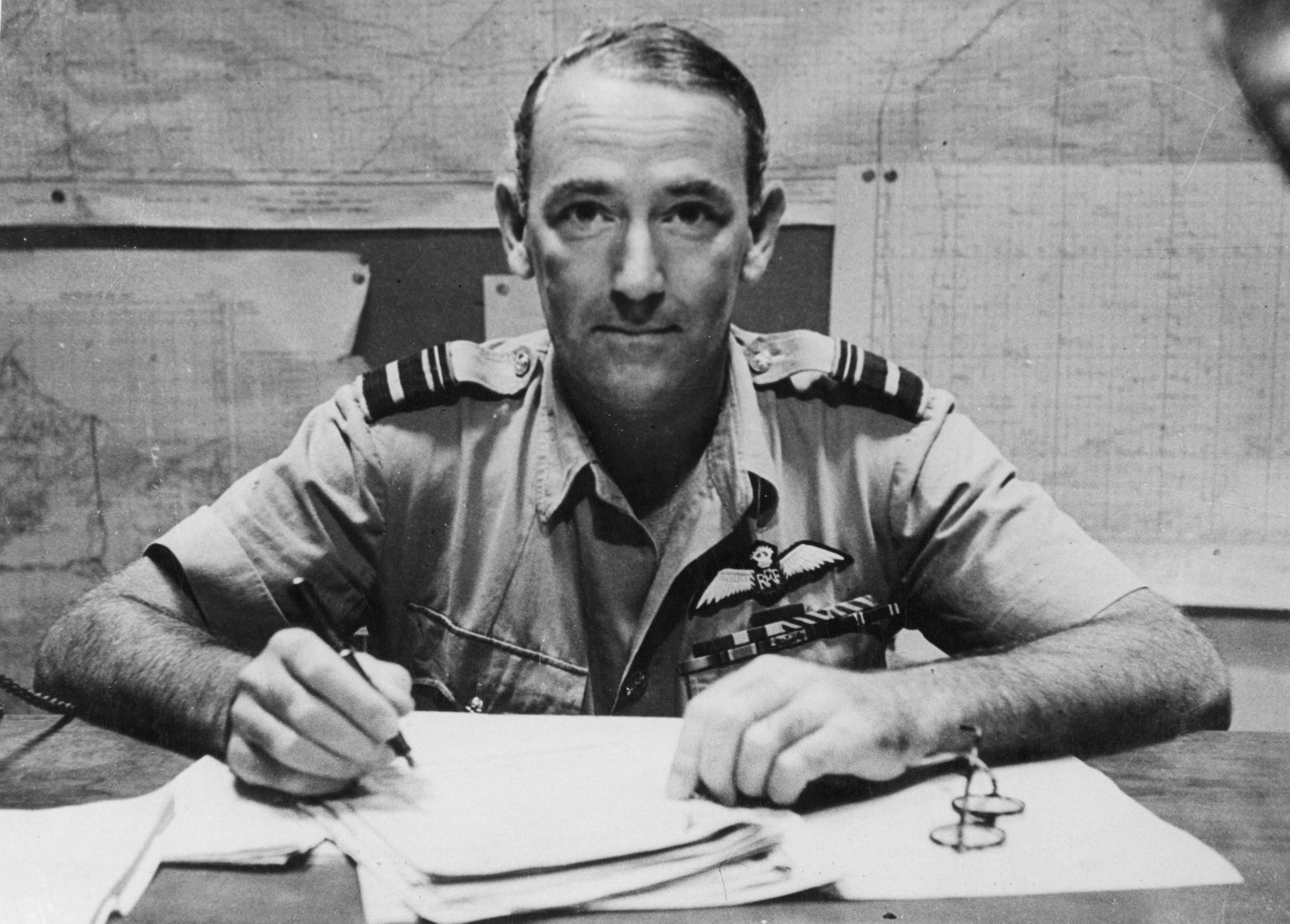
As the overall commanding officer of 2nd Tactical Air Force, Sir Arthur Coningham was responsible for planning and supporting the D-Day operation by air.
D-Day Stories – 80 years on
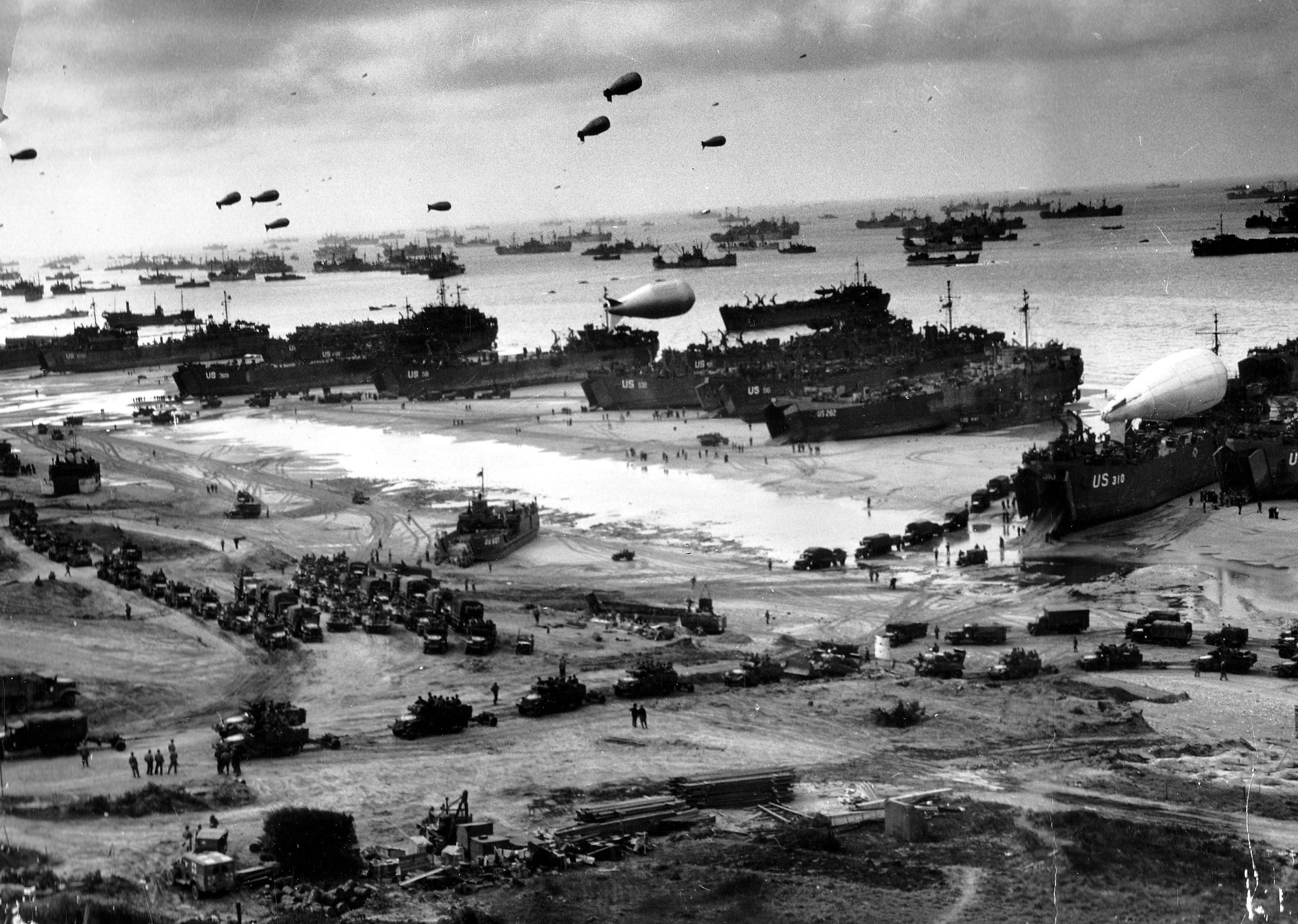
D-Day special: To commemorate the 80th anniversary of D-Day, we will be publishing the stories of five Kiwi airmen who took part in the invasion of Europe. In this introduction, Research Curator Simon Moody outlines the significance of D-Day and the story of Air Marshal Sir Arthur ‘Mary’ Coningham, who played an extraordinary role in the events of that momentus day.
Heavy and Continuous Sacrifice: New Zealand, her Allies and the Second World War edited by Peter Cooke and John Crawford
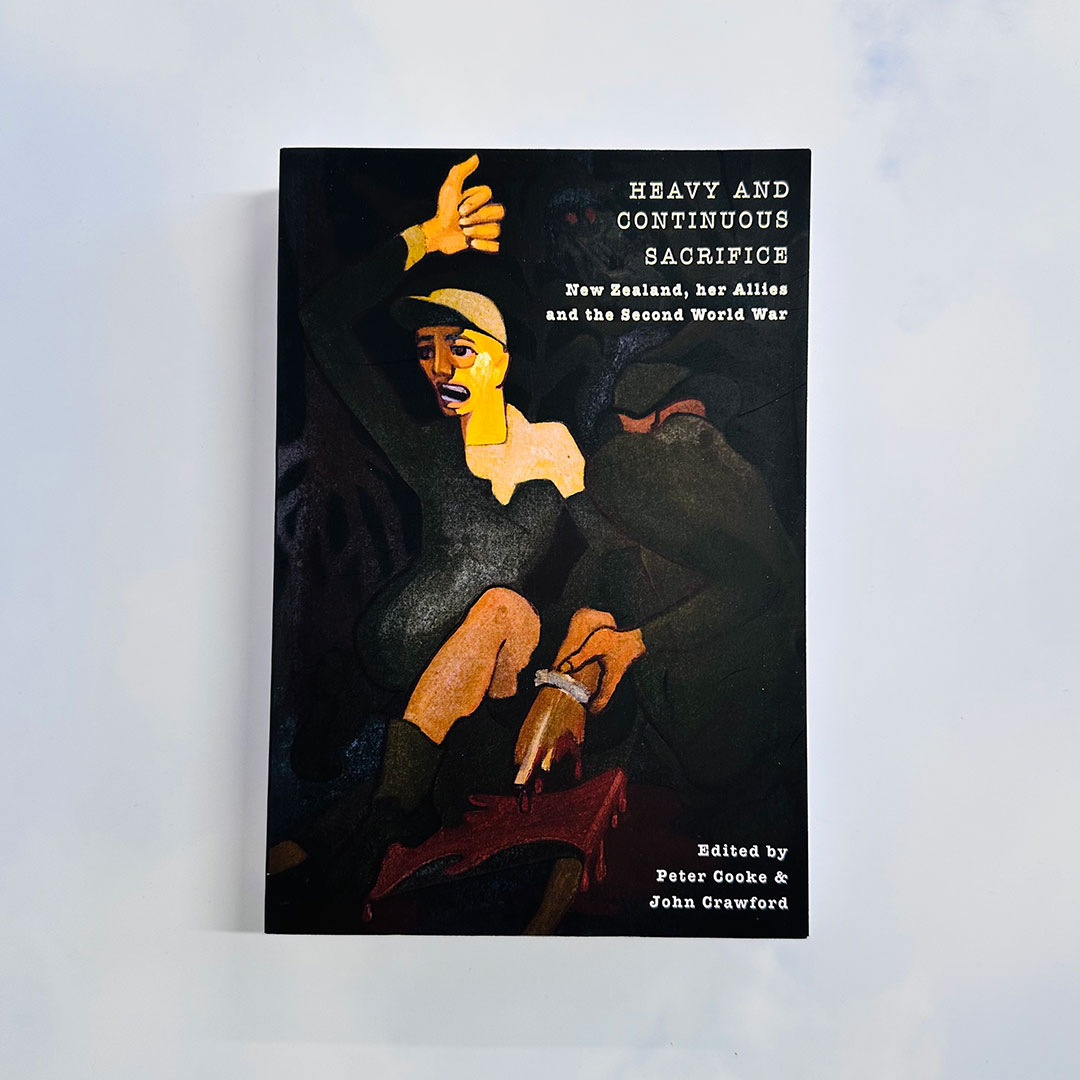
This recently published collection of essays explores different aspects of New Zealand’s Second World War, including New Zealand airmen serving in Malaya and Singapore.
Perfectly packed parachutes
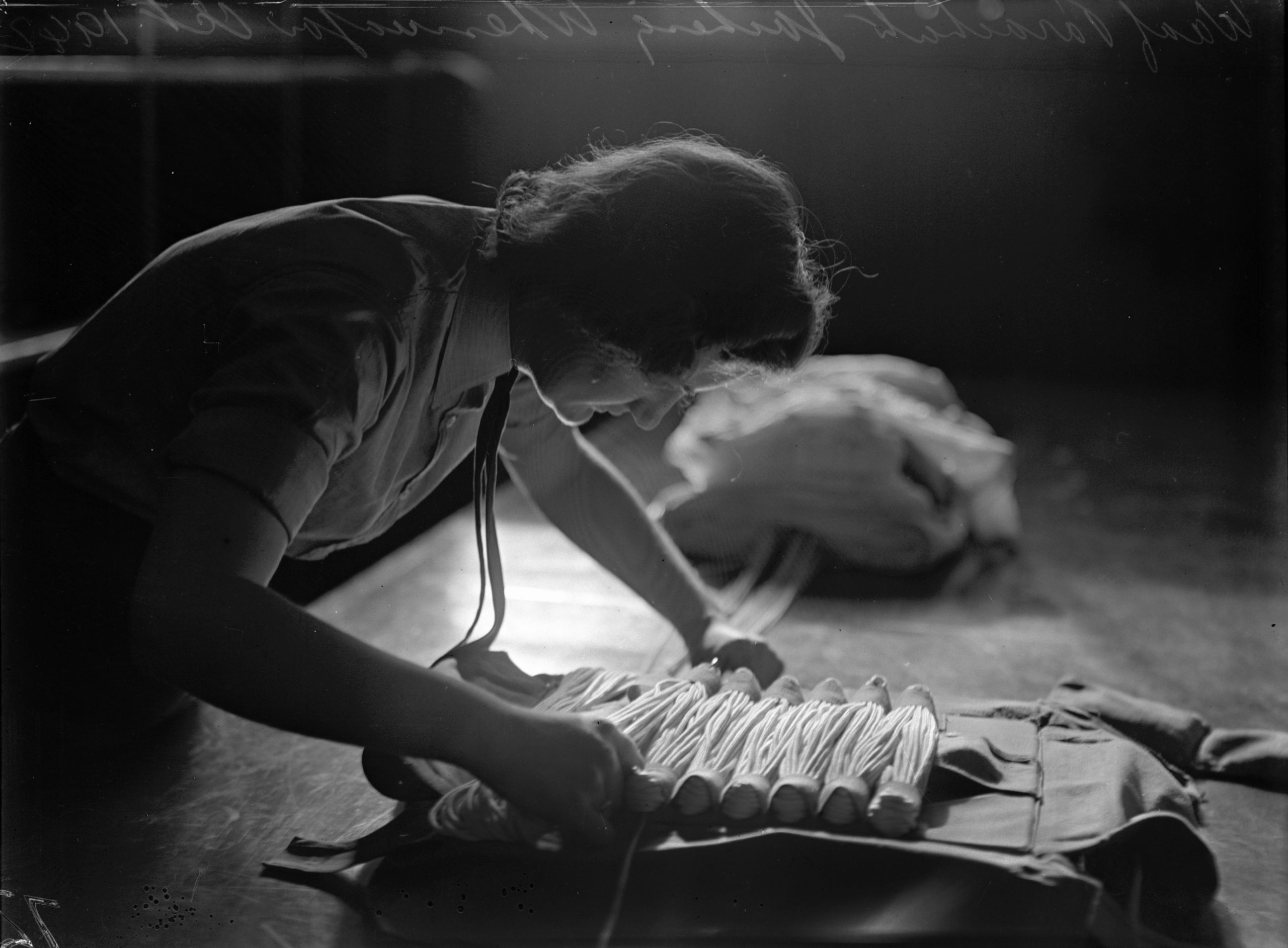
The parachutes in our collection are getting some much needed attention. They multiply like Hydra heads—each time I catalogue one, two more appear amidst the boxes and bags!
Special gift to mark Canadian centenary
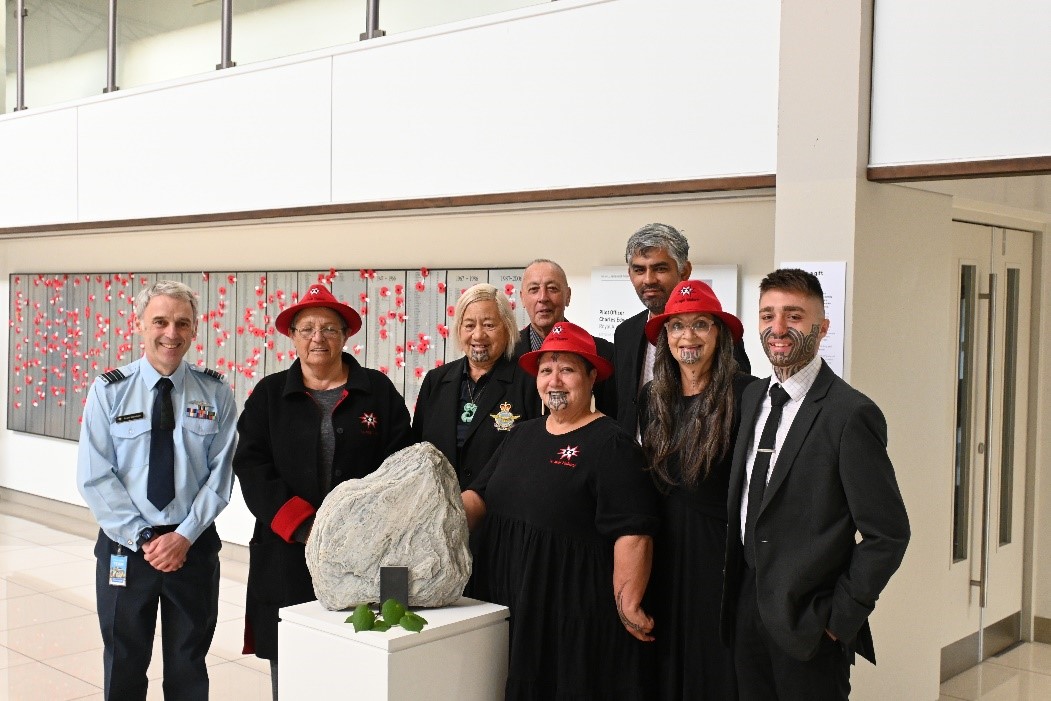
A small piece of Aotearoa New Zealand is winging its way to Canada to commemorate the 7,000 Kiwis who trained with our Commonwealth cousins during World War Two.
Eighty Years On: Remembering the Forgotten Air Force, Imphal and Kohima, 1944
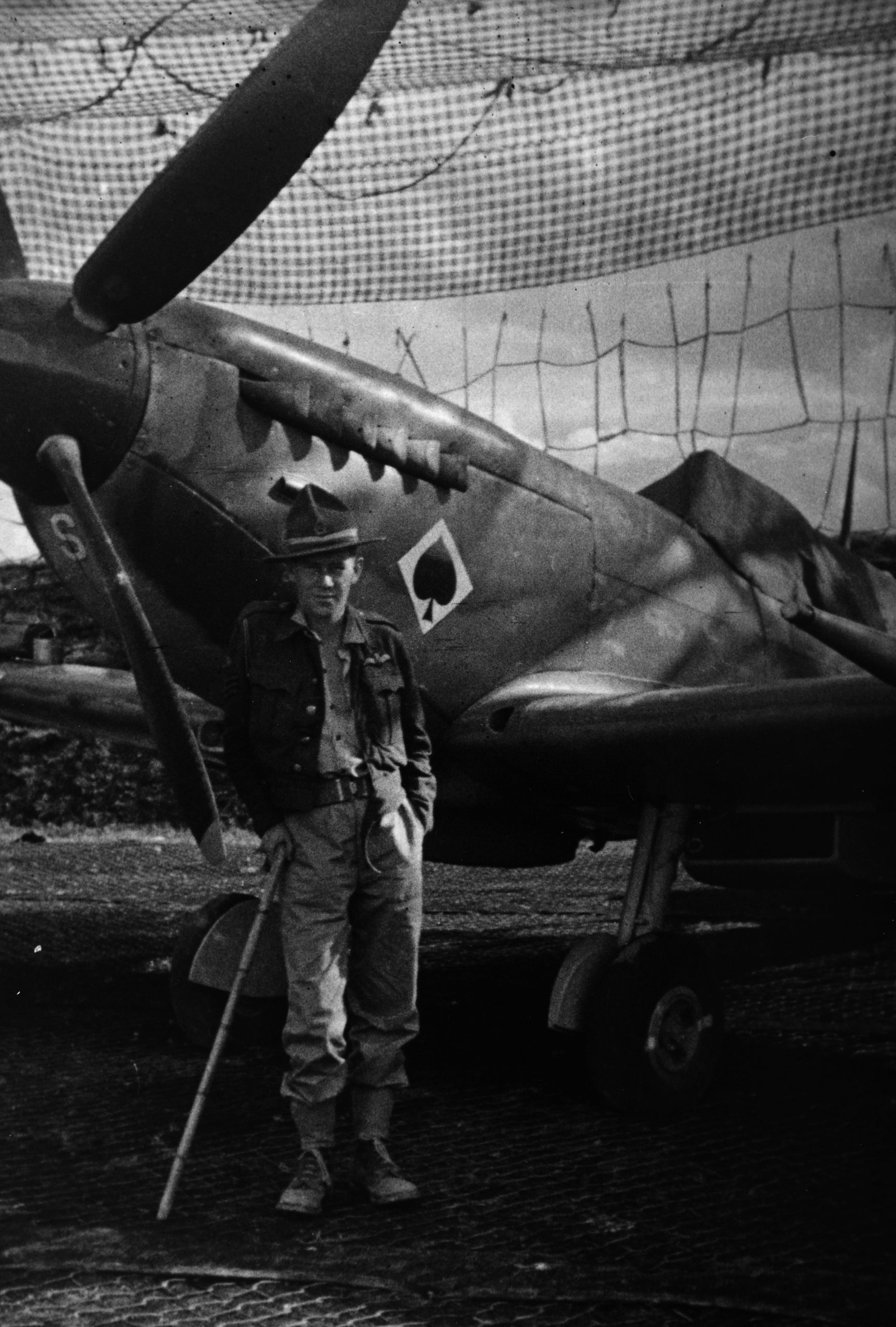
War birds of a different feather
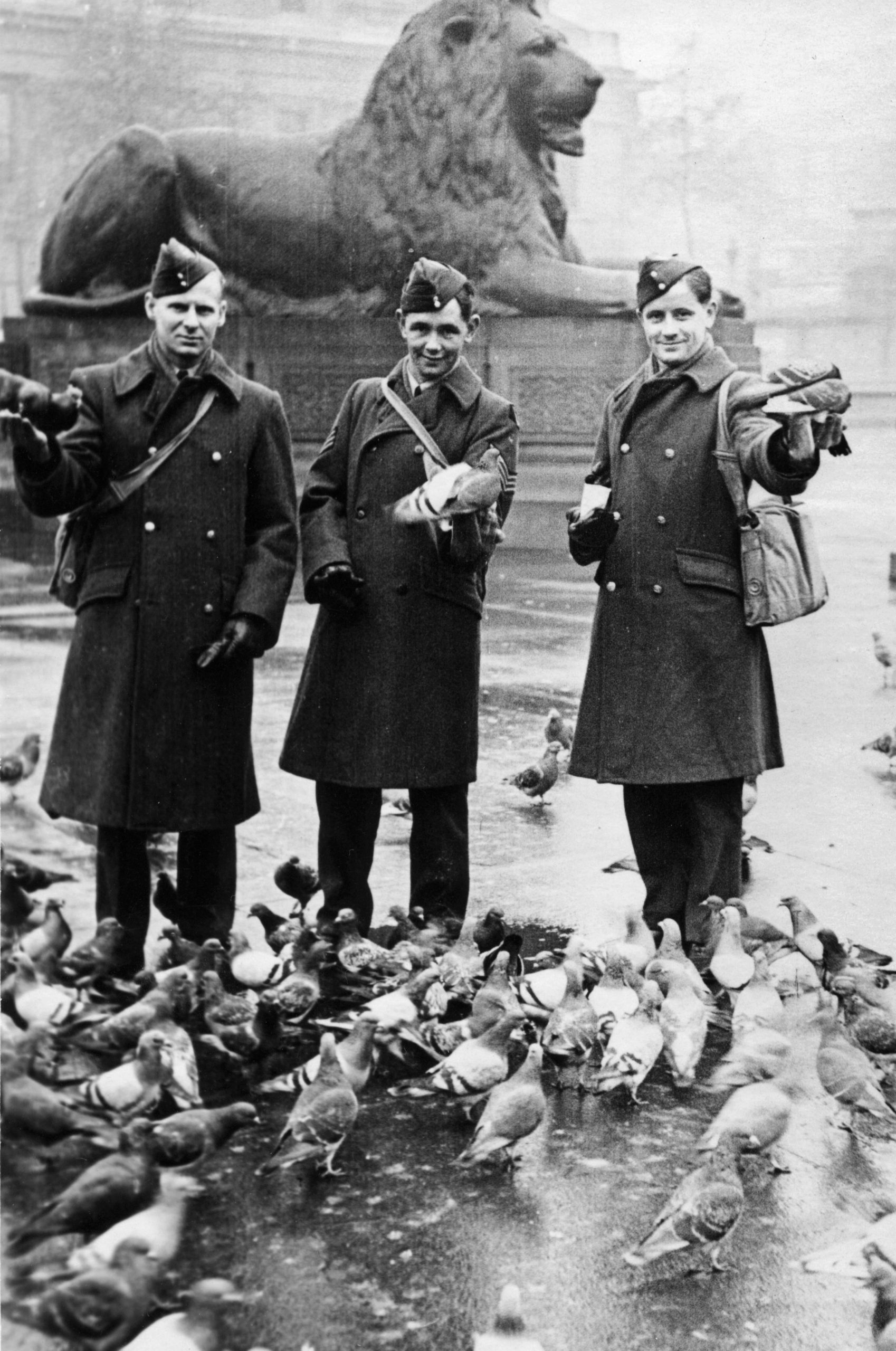
Join a researcher examining historical message carriers & spares for homing pigeons.
Stories of service and sacrifice
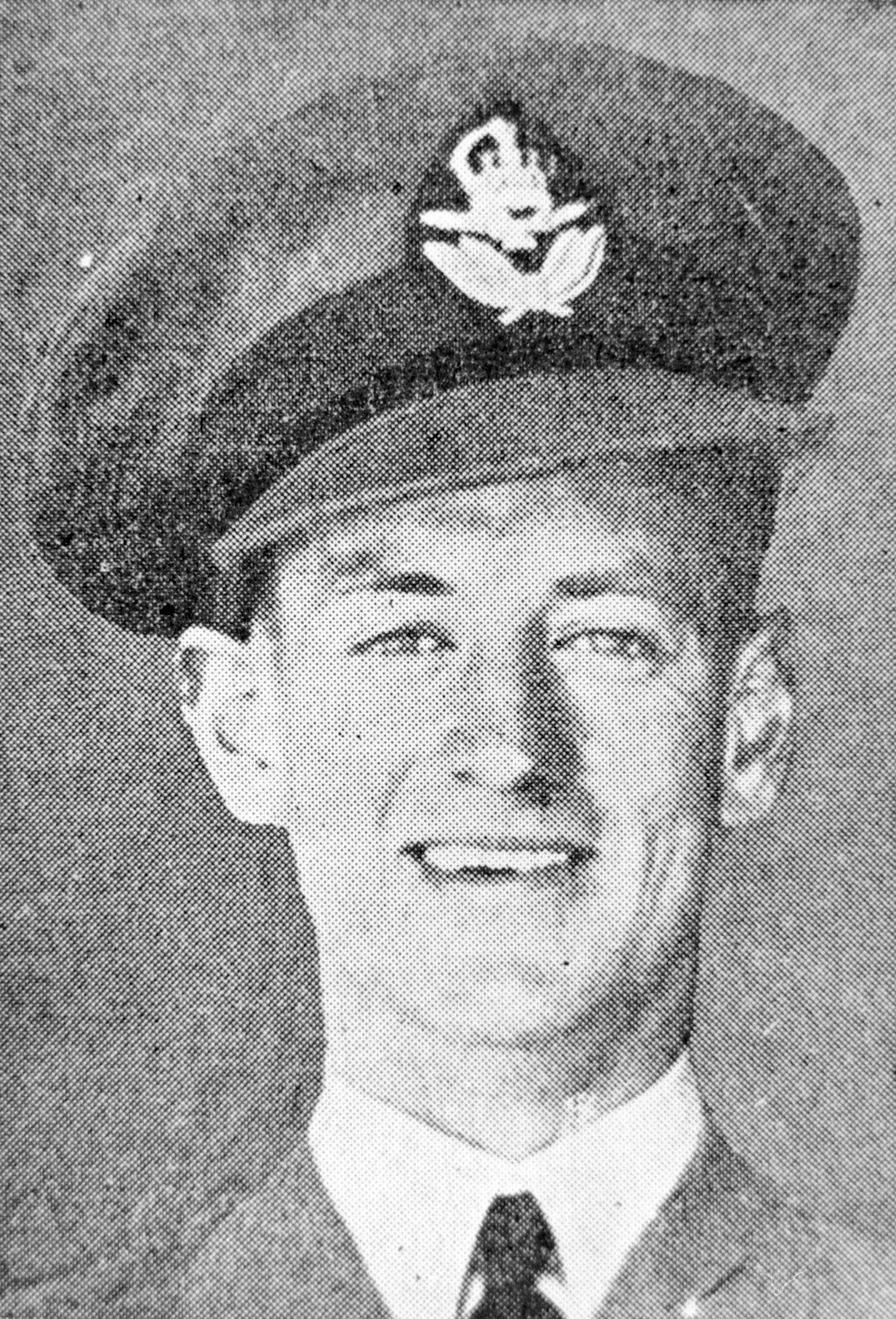
Discover stories of service and sacrifice from Kiwis who helped shape New Zealand’s military aviation story.
Instruments of harmony and defence: The RNZAF Band at war
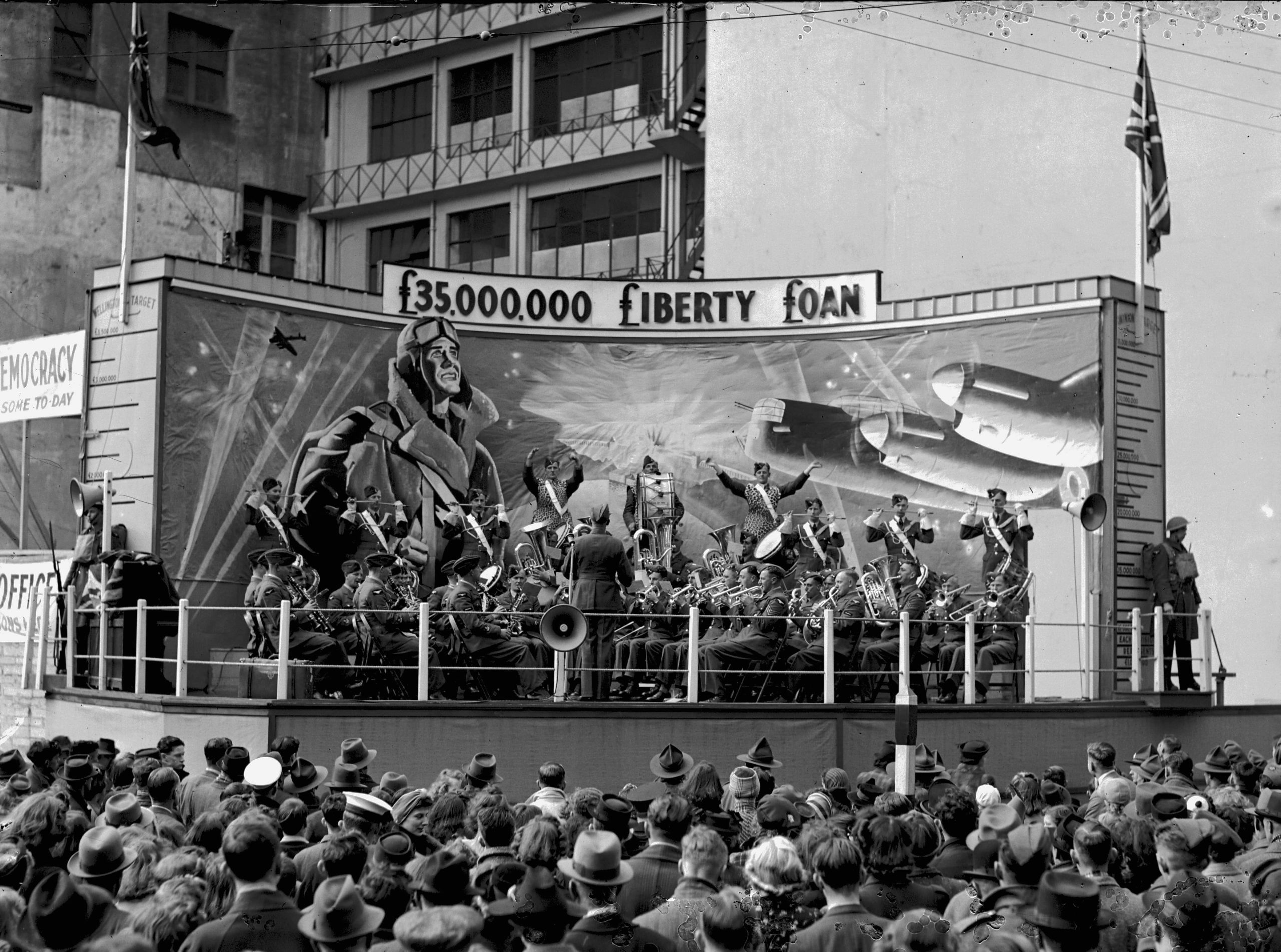
New Zealanders took to the skies once again upon the outbreak of World War Two, but what of the musicians of the Royal New Zealand Air Force? From playing in the heat of the Pacific to wielding machine guns, read on to discover the story of the RNZAF Band at war.
When Wigram became a race circuit
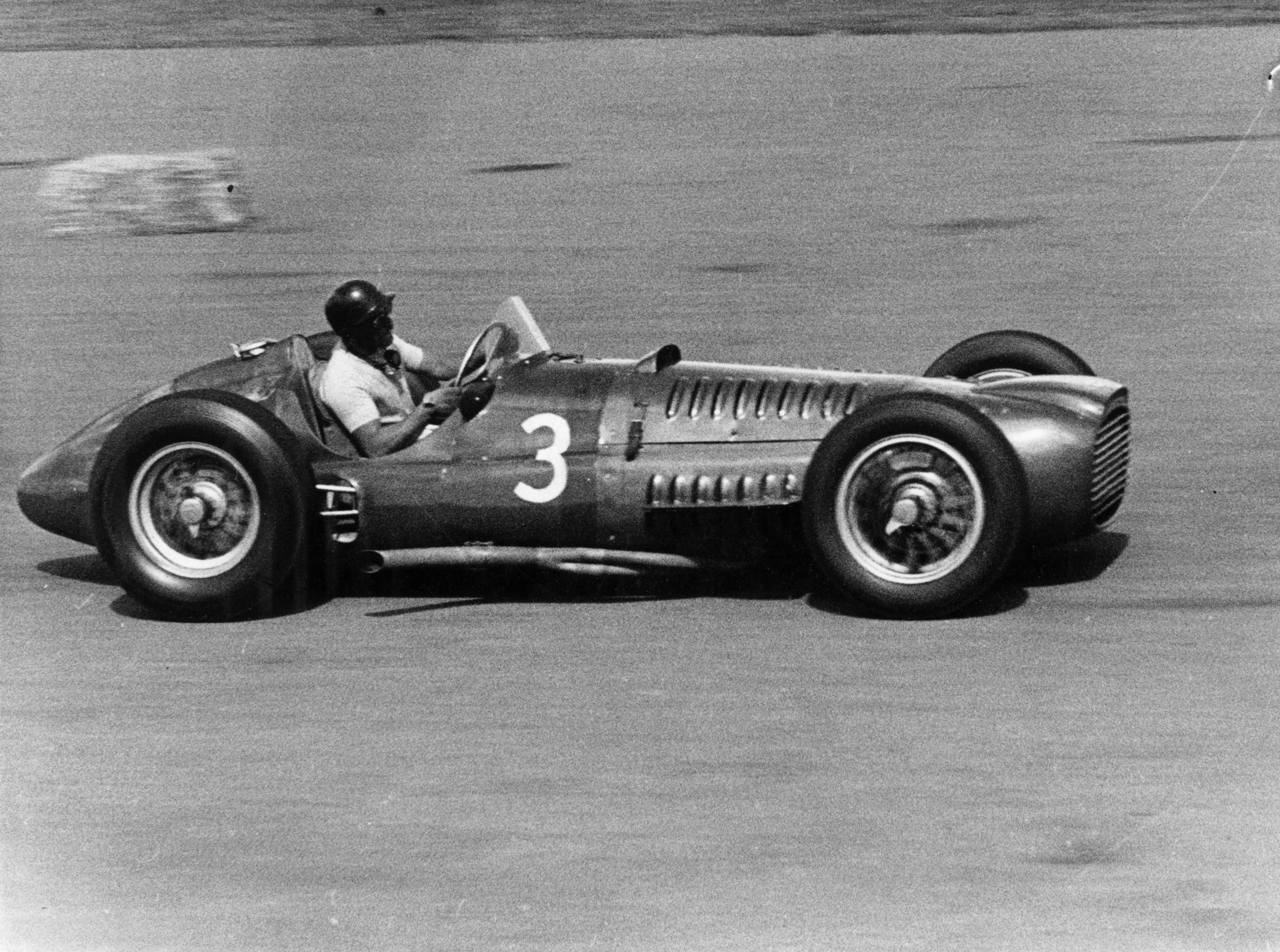
On 26 February 1949, RNZAF Station Wigram was transformed into a full-blown race circuit for the first time.
Read the full story now.
Danielle’s Safety and Surface Mission
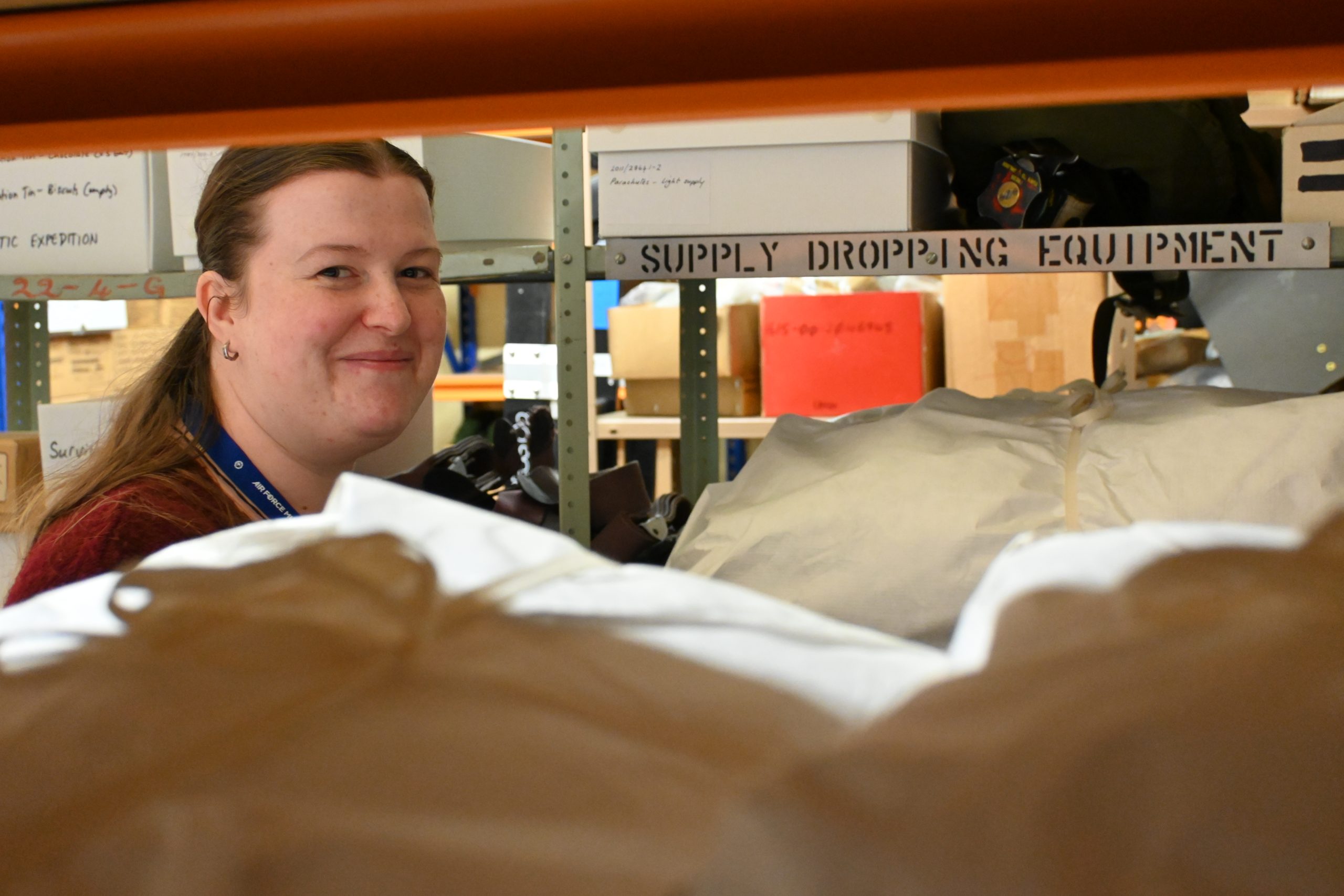
Recently we were delighted to reunite a retired RNZAF pilot with a very special aircraft just in time for the holiday season.
Rick Bulger’s special visit
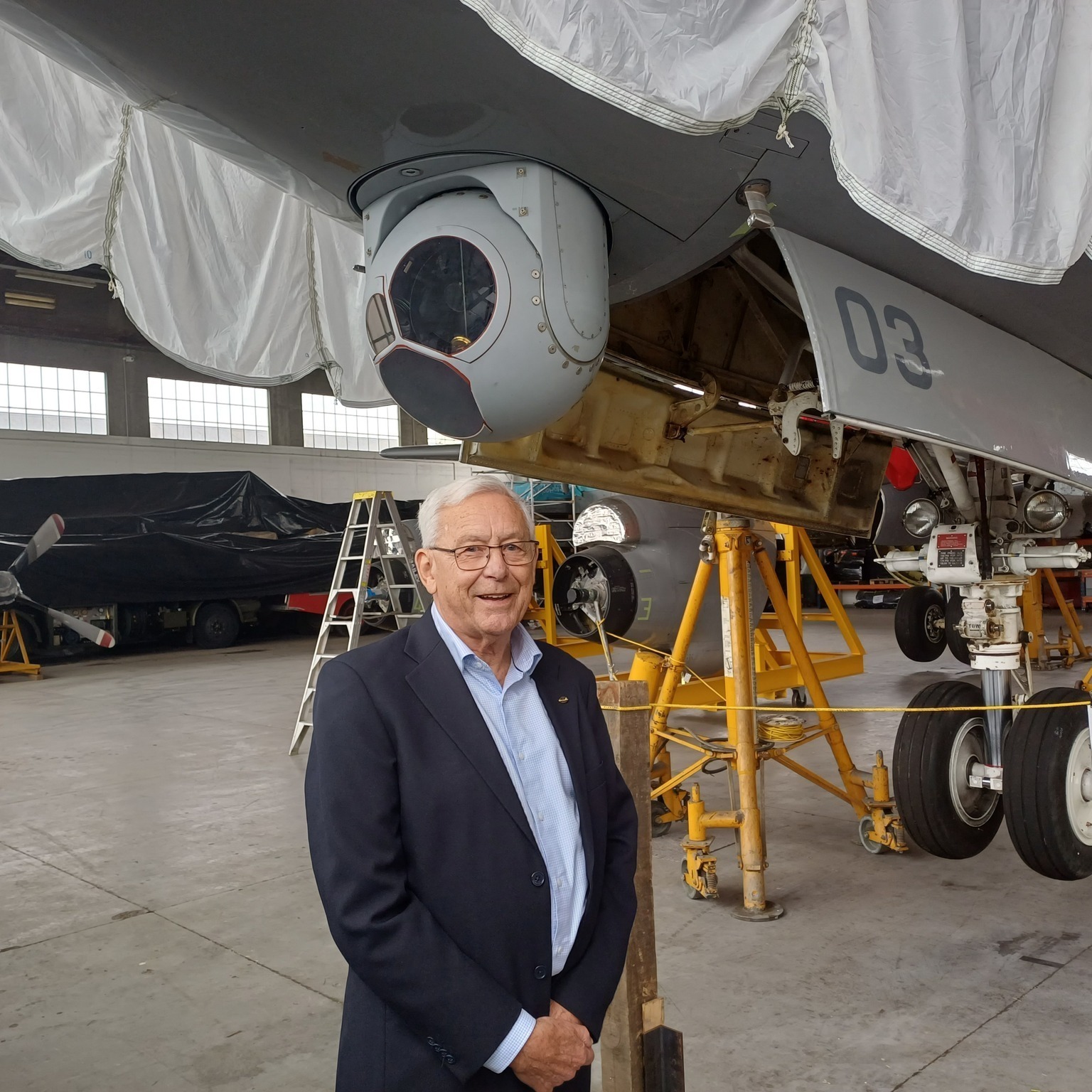
Recently we were delighted to reunite a retired RNZAF pilot with a very special aircraft just in time for the holiday season.
‘Ripping Yarns’
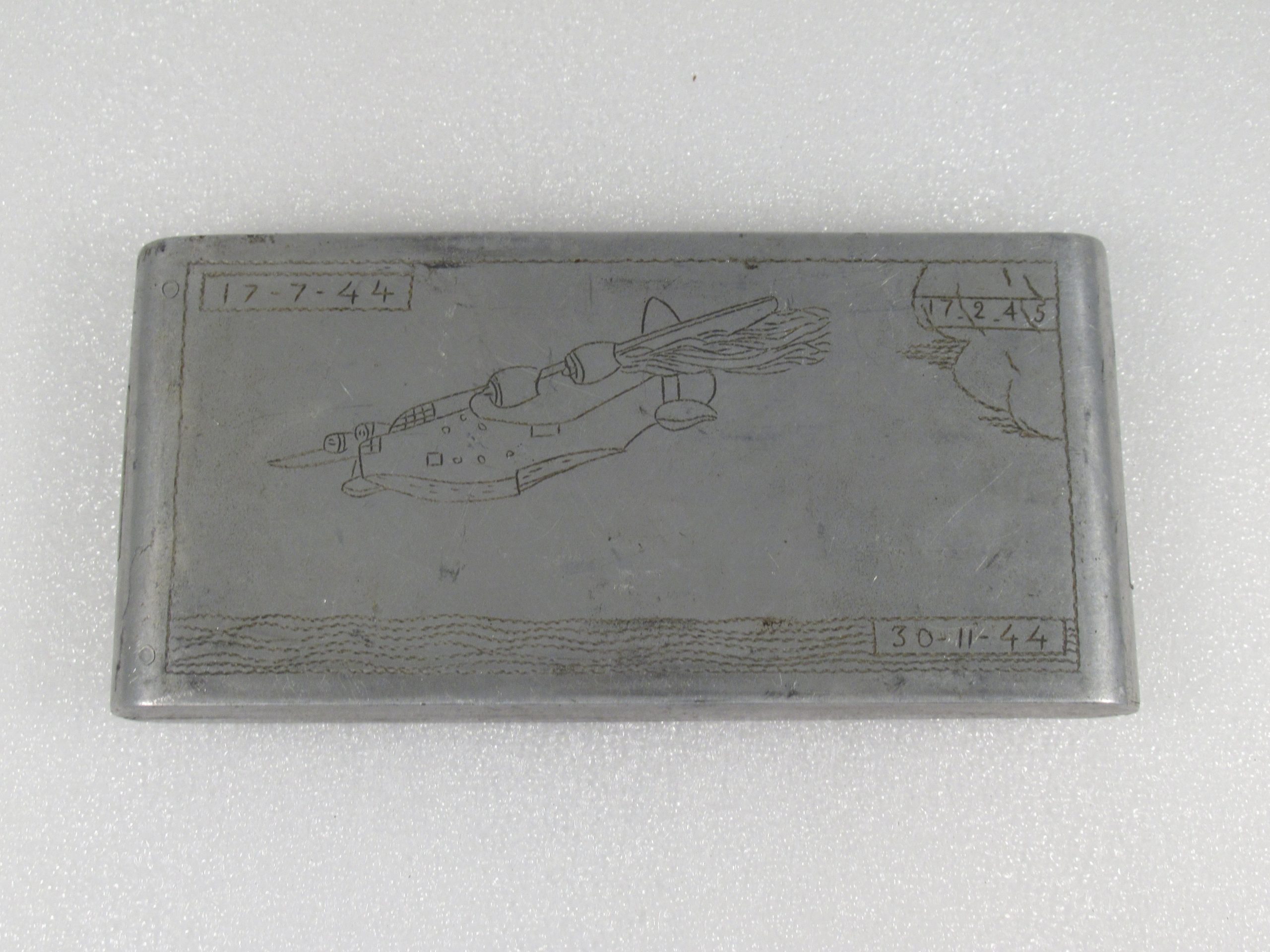
Among the thousands of objects in our collection are some which have amazing stories behind them – ripping yarns’ even! We share some of these objects and stories in a rotating display within our ‘Horizon to Horizon’ gallery at the Museum, but we’ll also share the latest ones here on our blog.
Taking the scenic route – the story of the RNZAF Singapore ferry flight
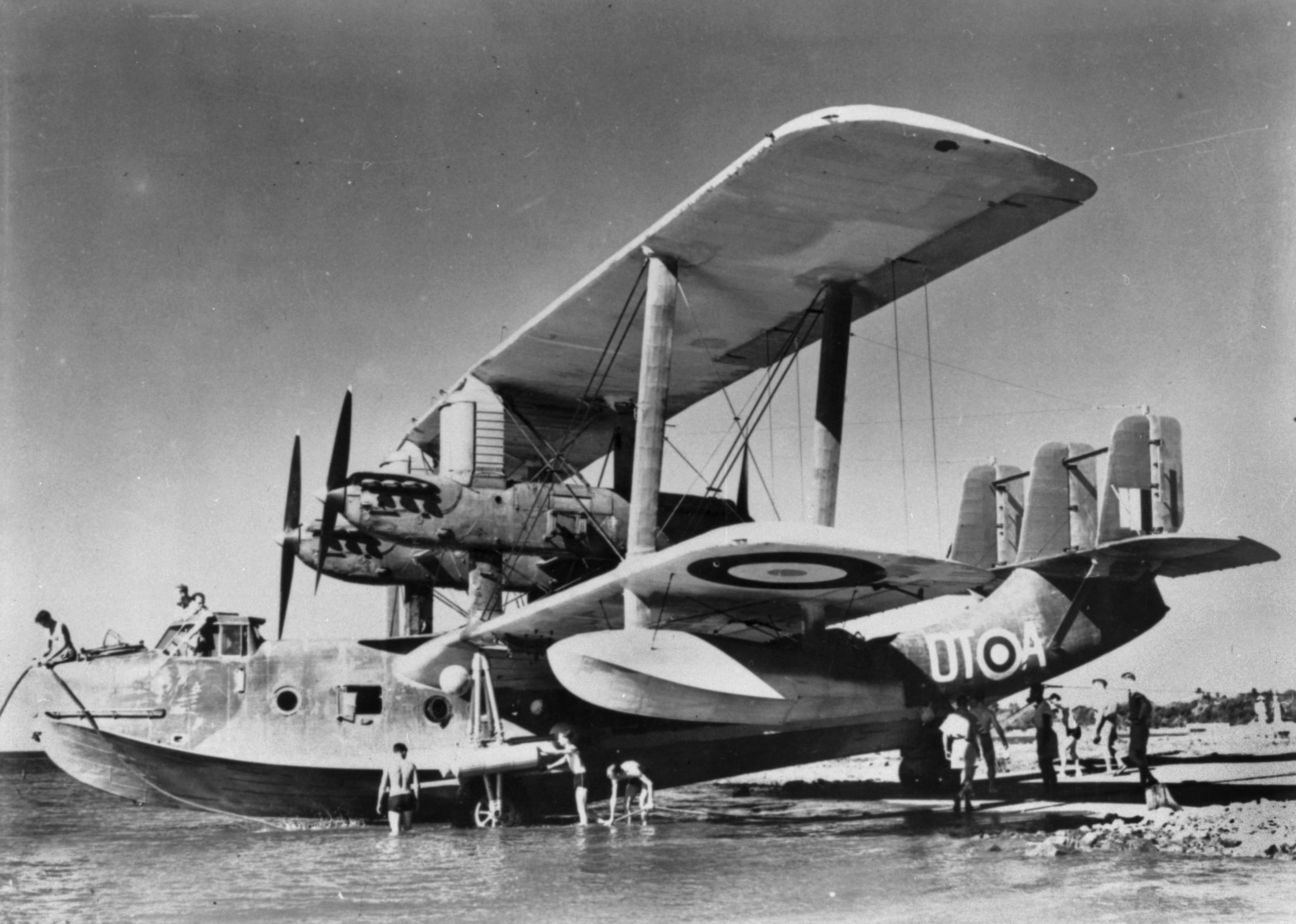
In 1941, RNZAF crews embarked on an epic delivery flight across Asia and the Pacific as war clouds gathered with the Empire of Japan. This is their story.
Sergeant Raz Malkin’s royal appointment
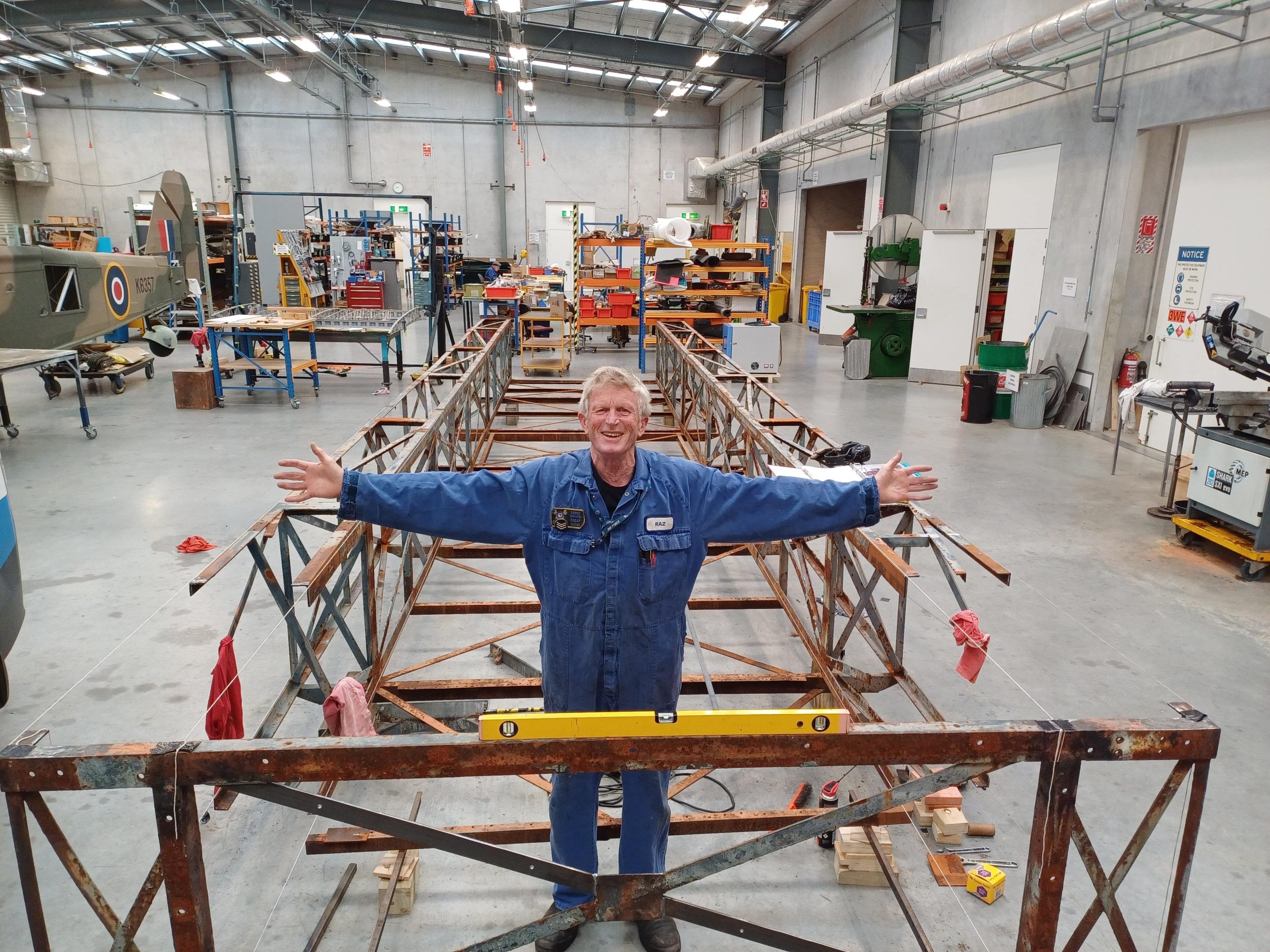
Sergeant Derek ‘Raz’ Malkin has embarked on a very special royal mission with the help of his friends from RNZAF Bases Woodbourne and Ohakea.
How They Remembered: The New Zealand 1914-18 Airmen’s Association
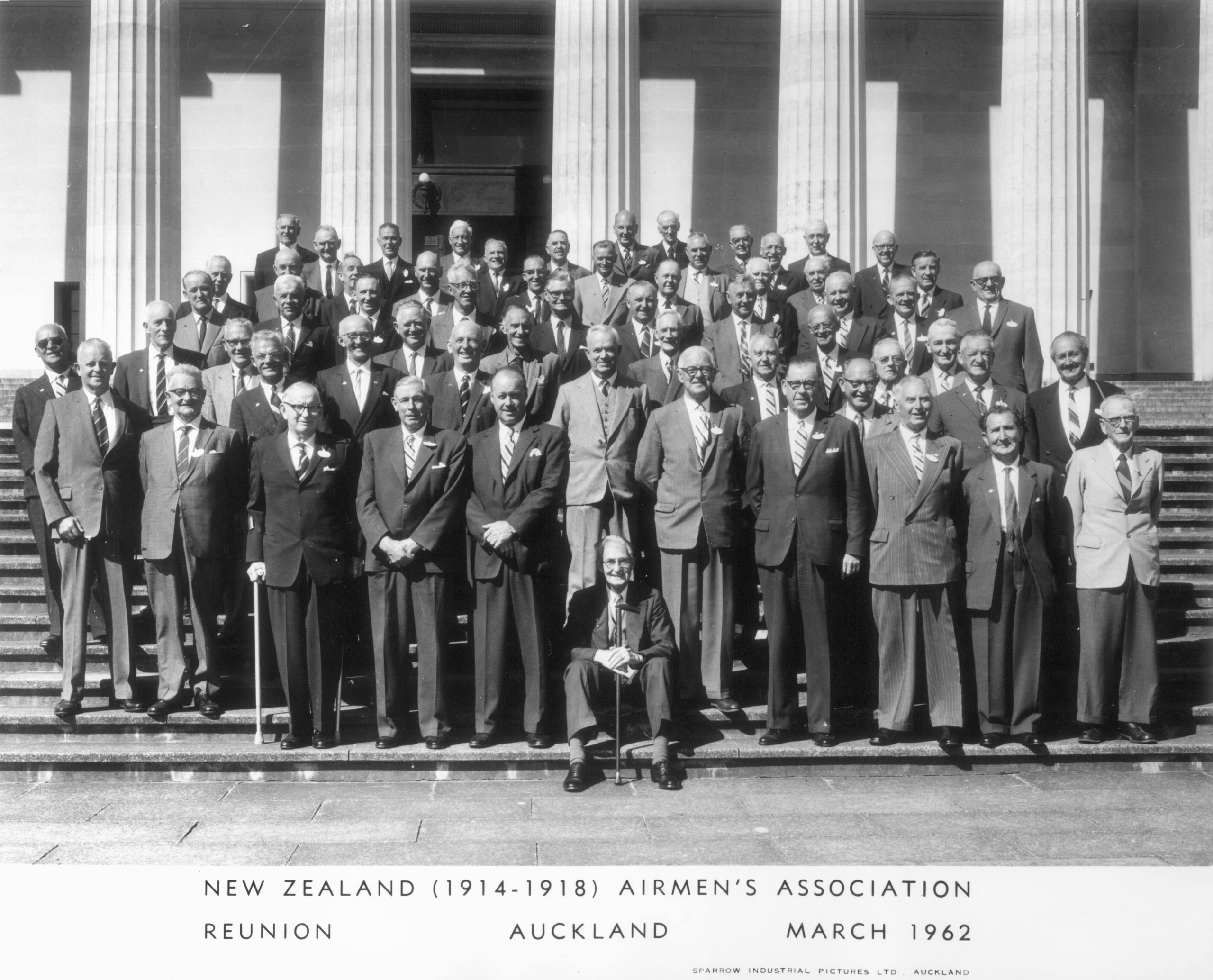
Veterans of the two world wars and later conflicts have frequently grouped together to remember their service, lost comrades and shared experiences together. This is the story of those New Zealanders participated in World War One as airmen and who met to remember their service at a time when New Zealand had no Air Force of its own.
Congratulations NZ4203 – Aircraft of the Year 2023
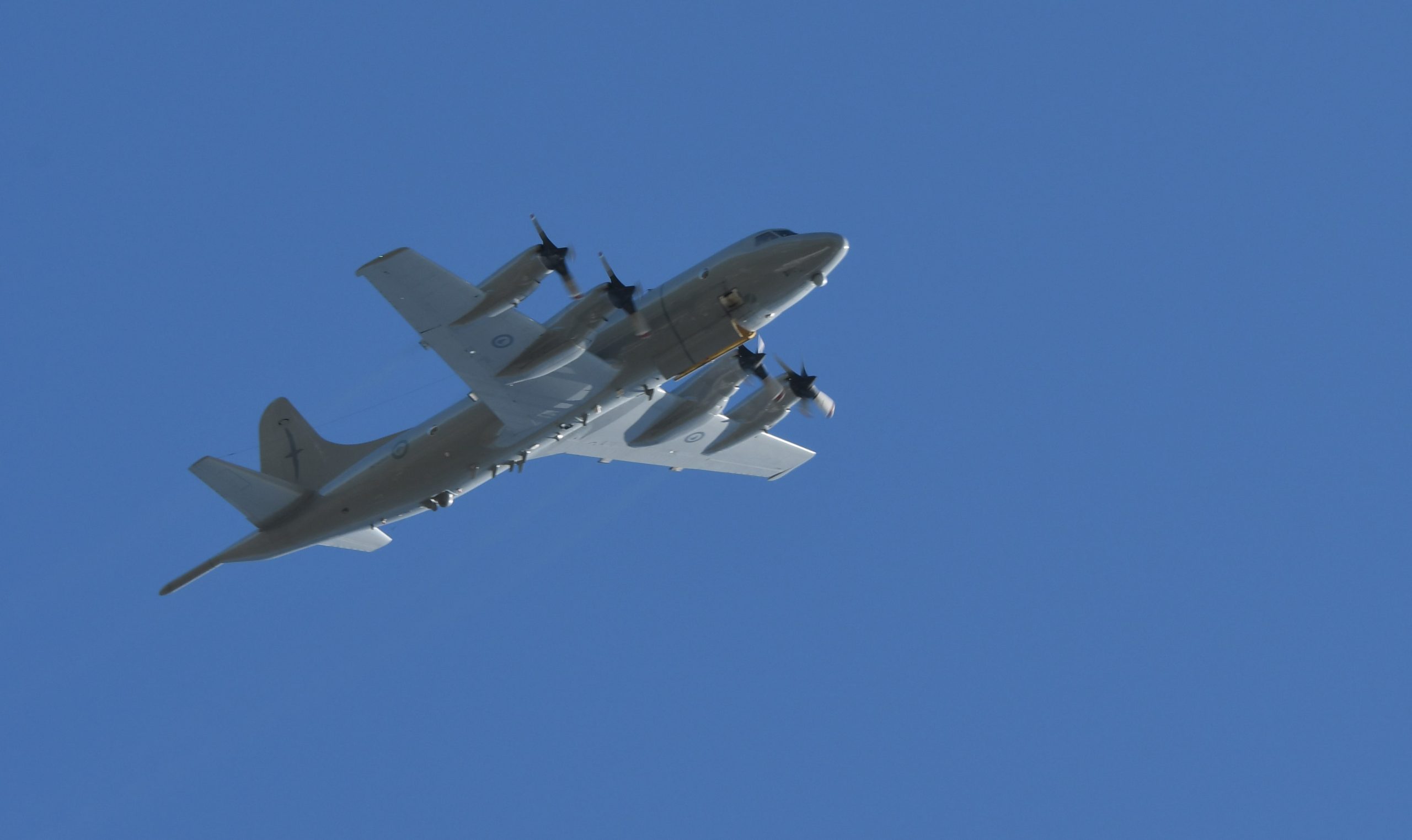
Our Lockheed P-3K2 Orion is the winner of the Air Force Museum of New Zealand’s inaugural Aircraft of the Year competition!
Museum provides a hub for Vietnam veterans
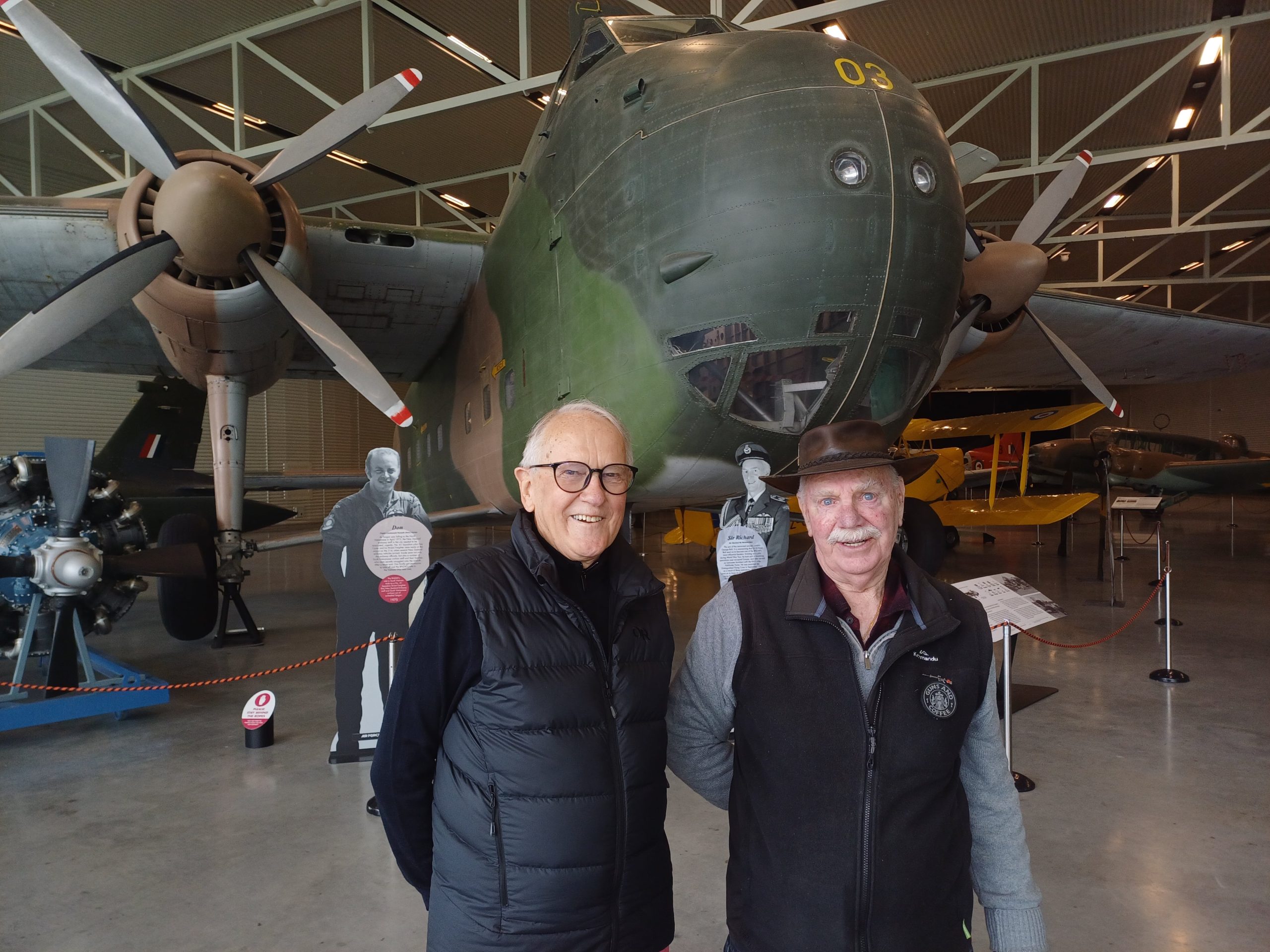
What started out as a coffee meeting between two Kiwi veterans of the Vietnam War has turned into a thriving new community event for returned servicemen and their families at the Air Force Museum of New Zealand.
Air Force Museum secures grant for critical work
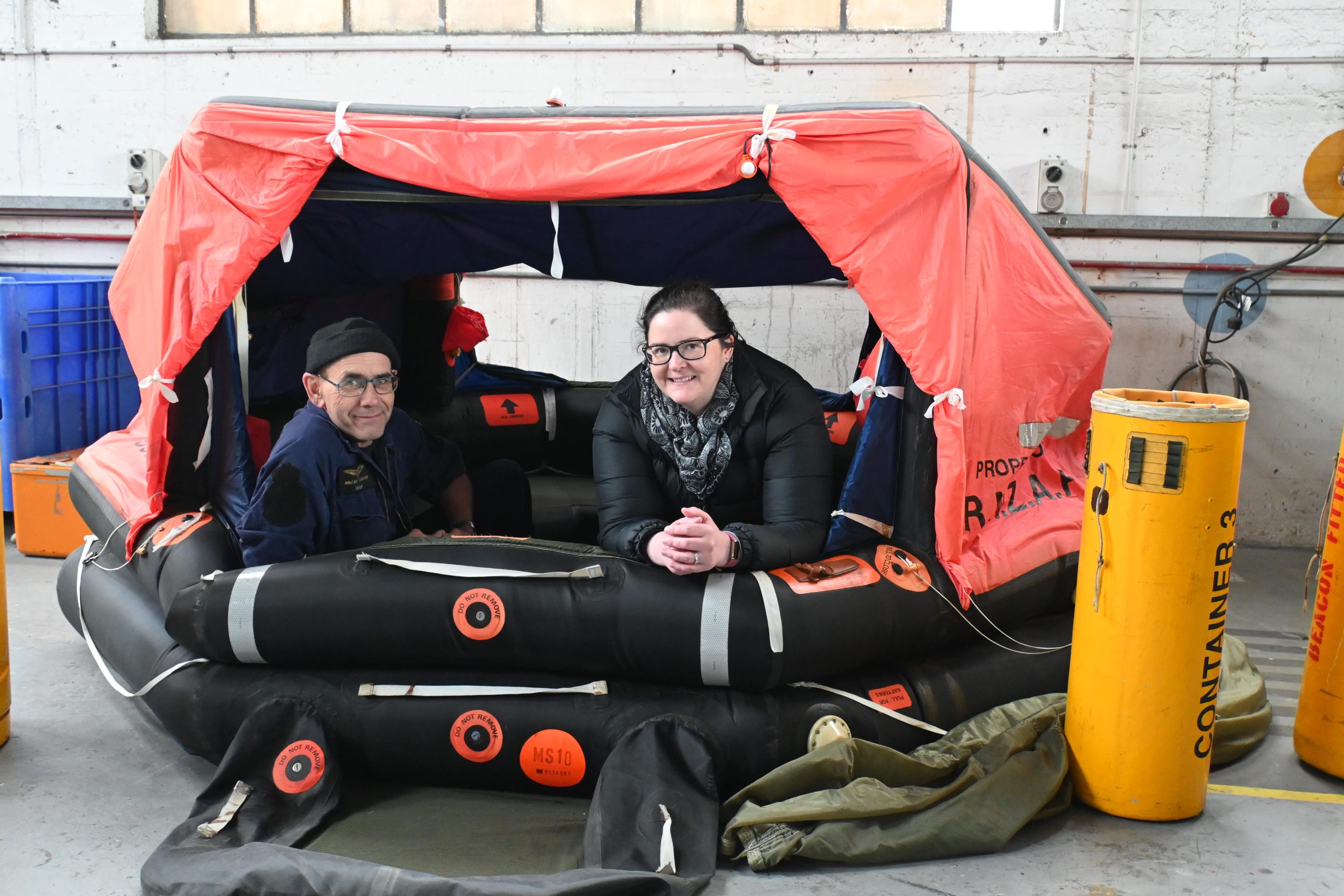
The Air Force Museum of New Zealand has secured funding from the Lottery Grants Board funding for a 12-month project to preserve and catalogue a critically important aviation collection. Read all about it here.
New Zealand Air Force – Uniforms, Clothing, Badges and Personal Equipment 1923-1948 by Barry O’Sullivan
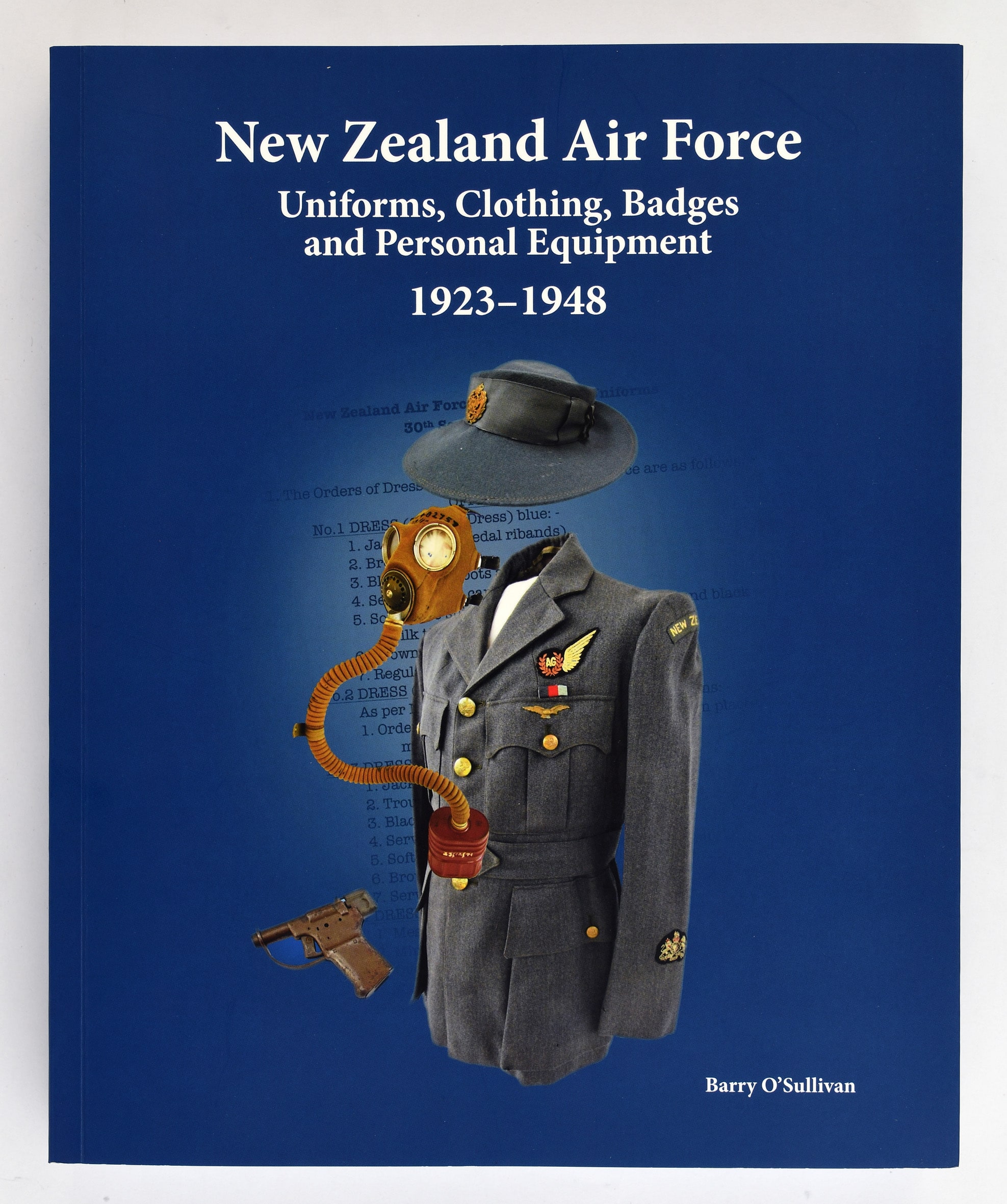
From our Reading Room series: From boots, badges, and buttons to gloves, goggles and gas masks, this tome is richly illustrated and an essential reference for researching the uniforms of New Zealand’s air force. Read all about it here.
What’s it like to fly a P-3K2 Orion?
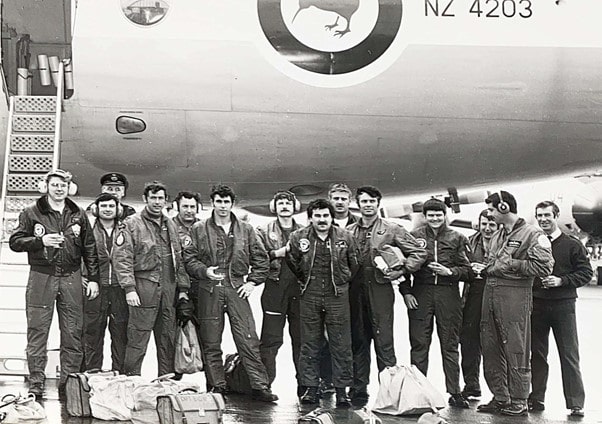
The Air Force Museum of New Zealand is about to add NZ4203, a Lockheed P-3K2 Orion, to our collection.
So, we thought we’d talk to two pilots – one who was at the controls of NZ4203 on her delivery flight and another who flew her at the end of her career – about what made NZ4203 so special.
National hero on its way to the Museum
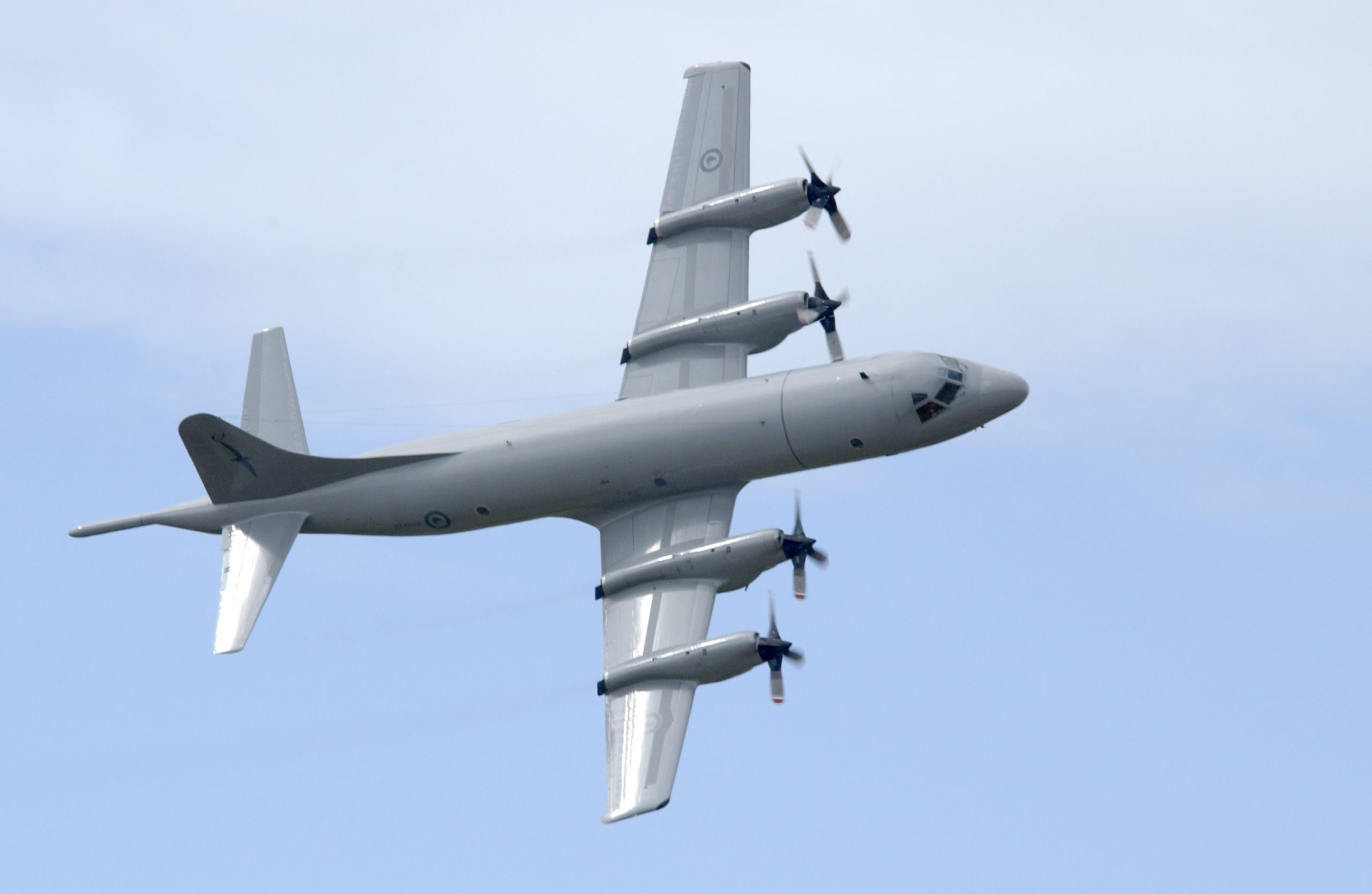
The Air Force Museum of New Zealand will welcome the latest addition to its collection aircraft later this month – a Lockheed P-3K2 Orion NZ4203.
Piecing together the history of Vildebeest NZ102: Part three
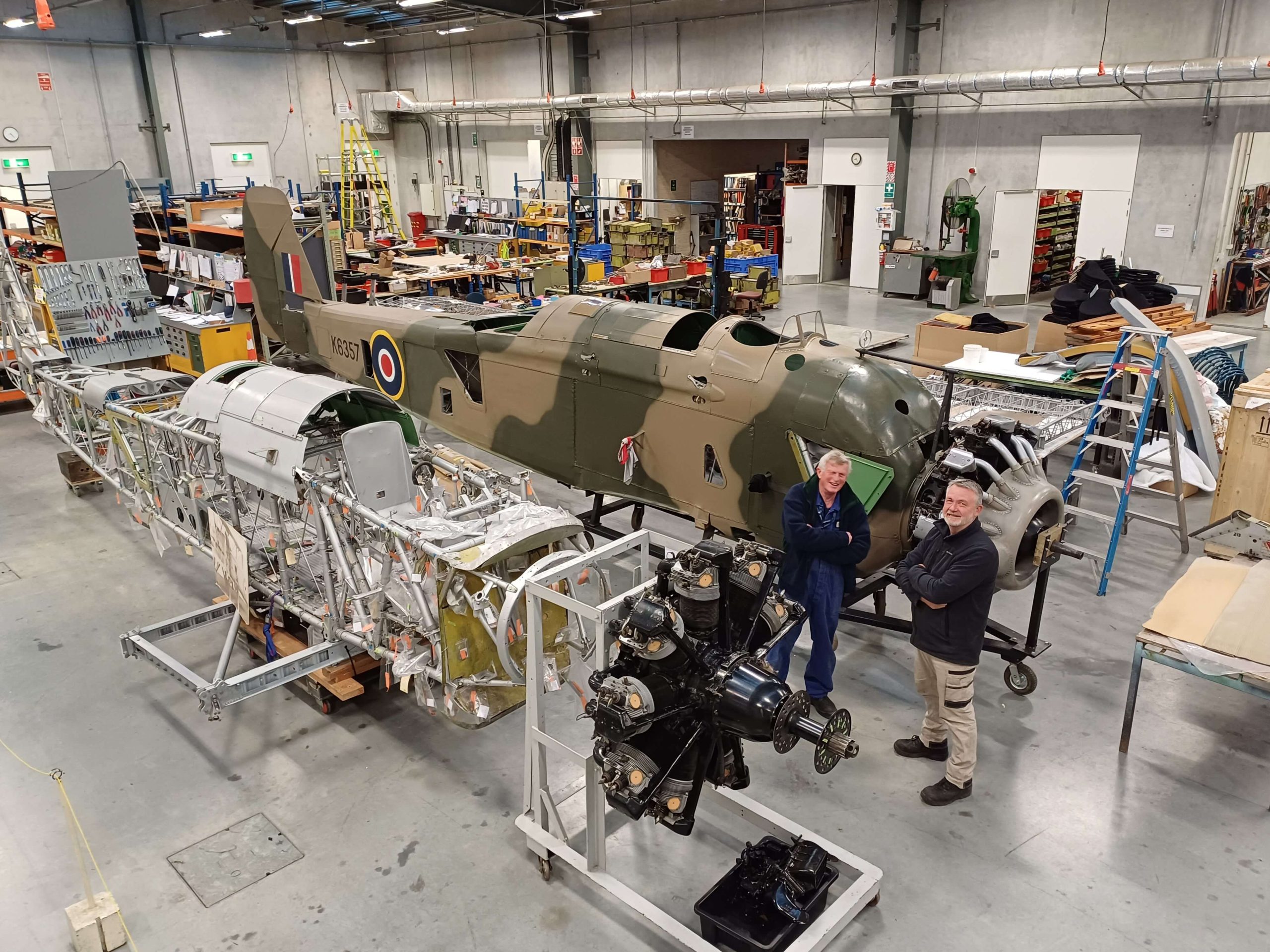
Christmas has come early at the Air Force Museum thanks to a generous loan from an Auckland family. This is an update on the restoration project of our Vickers Vildebeest.
Into Wind… The birth of the RNZAF by Brian Lockstone
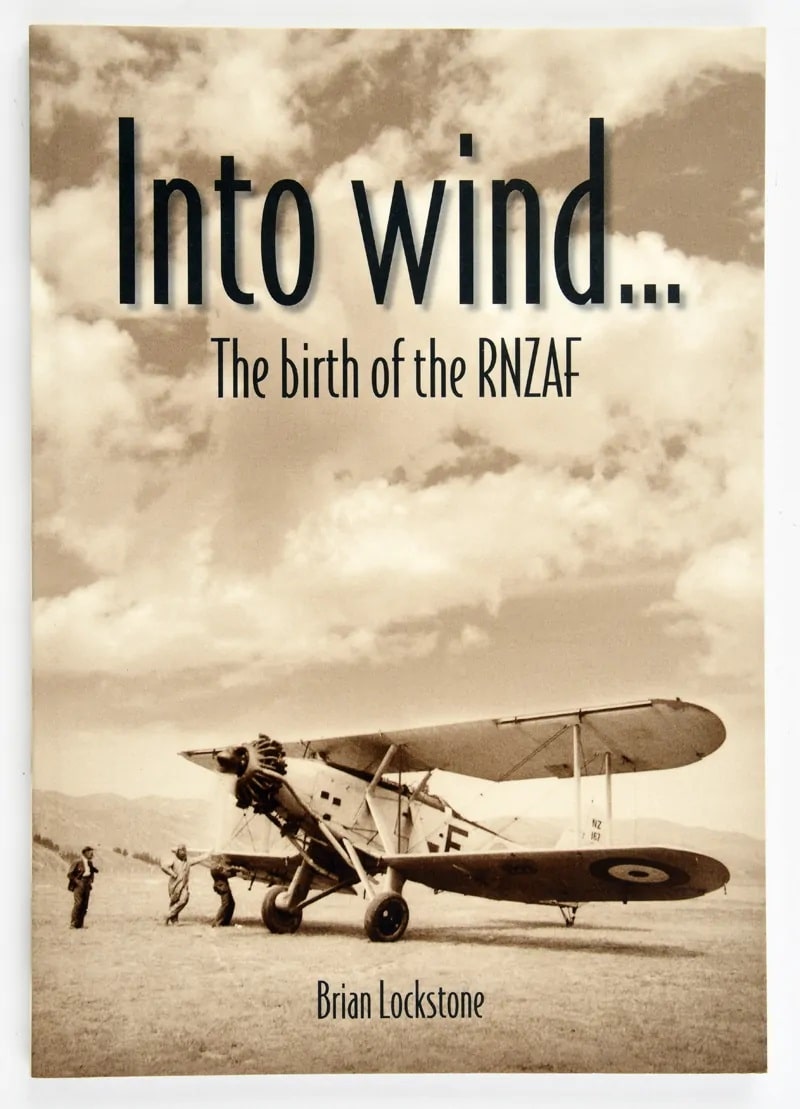
This book by the late Brian Lockstone covers the immediate period leading up to the formation of the RNZAF, and as such, makes great background reading for our latest exhibition, NZPAF100: The Origins of New Zealand Air Power.
For Your Tomorrow by Errol W. Martyn
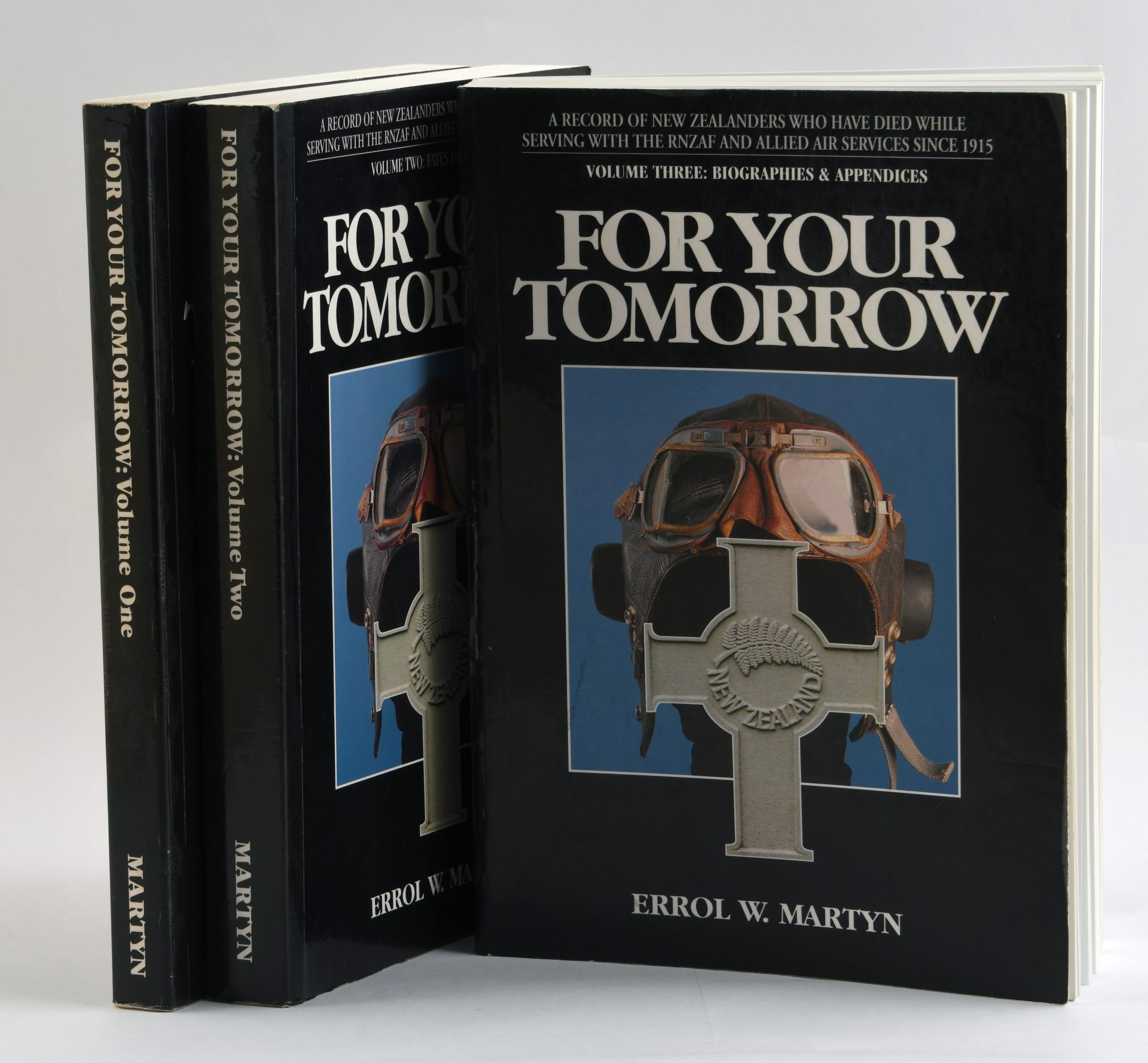
With Anzac Day approaching, what better book to restart our Reading Room blog series than For Your Tomorrow by Errol W. Martyn.
Love Letters: Messages of Love in Wartime
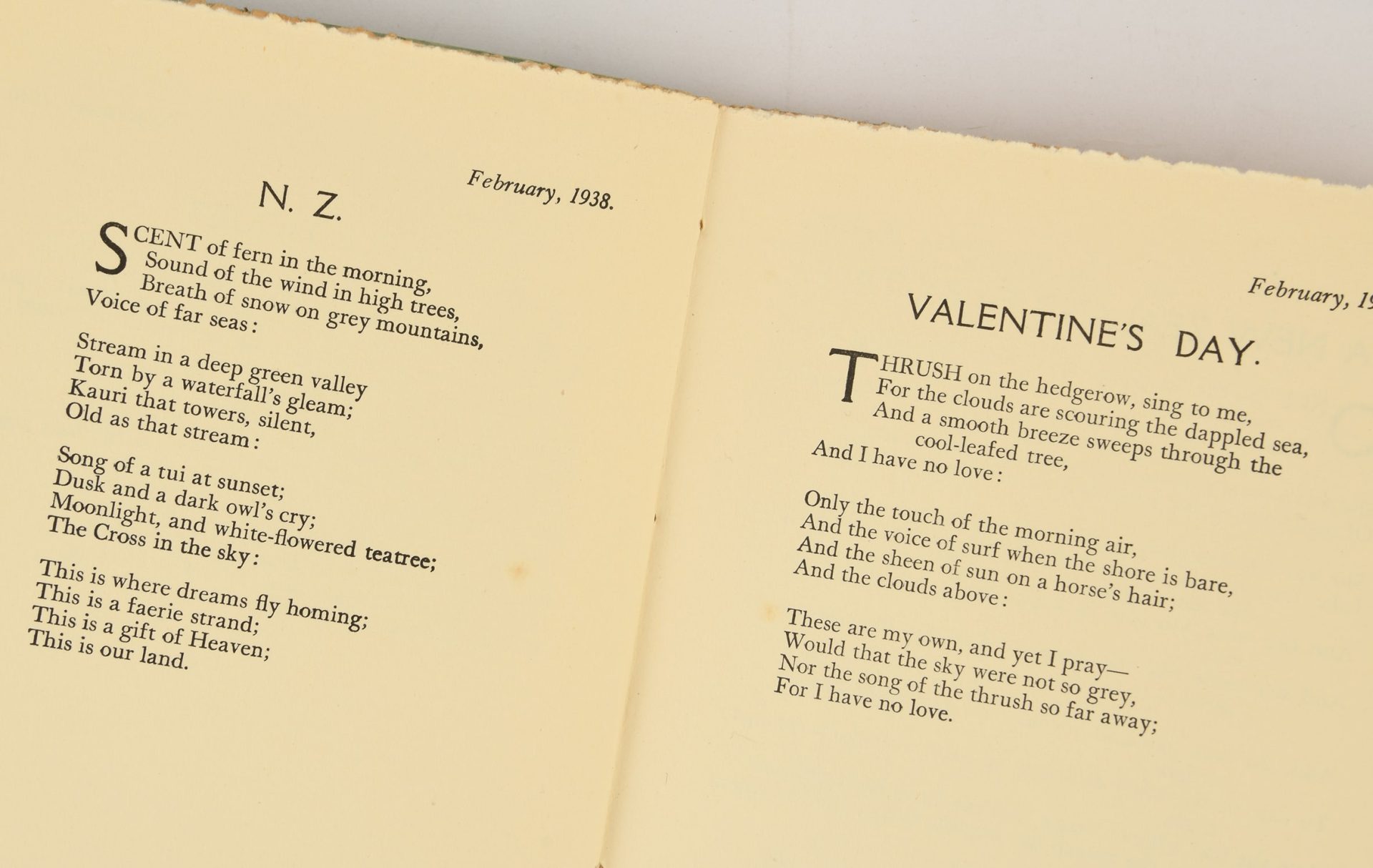
These examples from our collection relate to the lives and loves of three New Zealanders serving in the RAF and RAF Volunteer Reserve (RAFVR) during World War Two.
RNZAF on the water
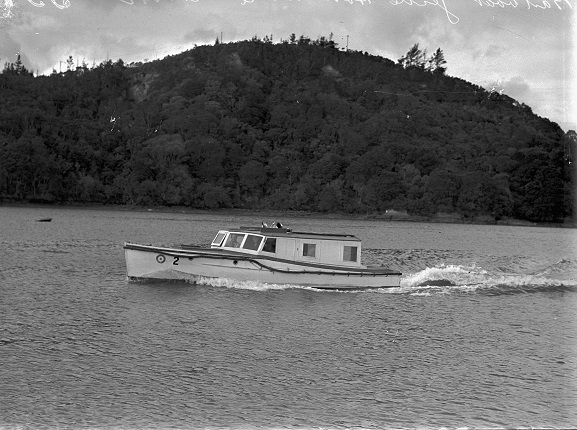
Once upon a time the Royal New Zealand Air Force had its own maritime branch, which included a fleet of small boats.
A dramatic rescue
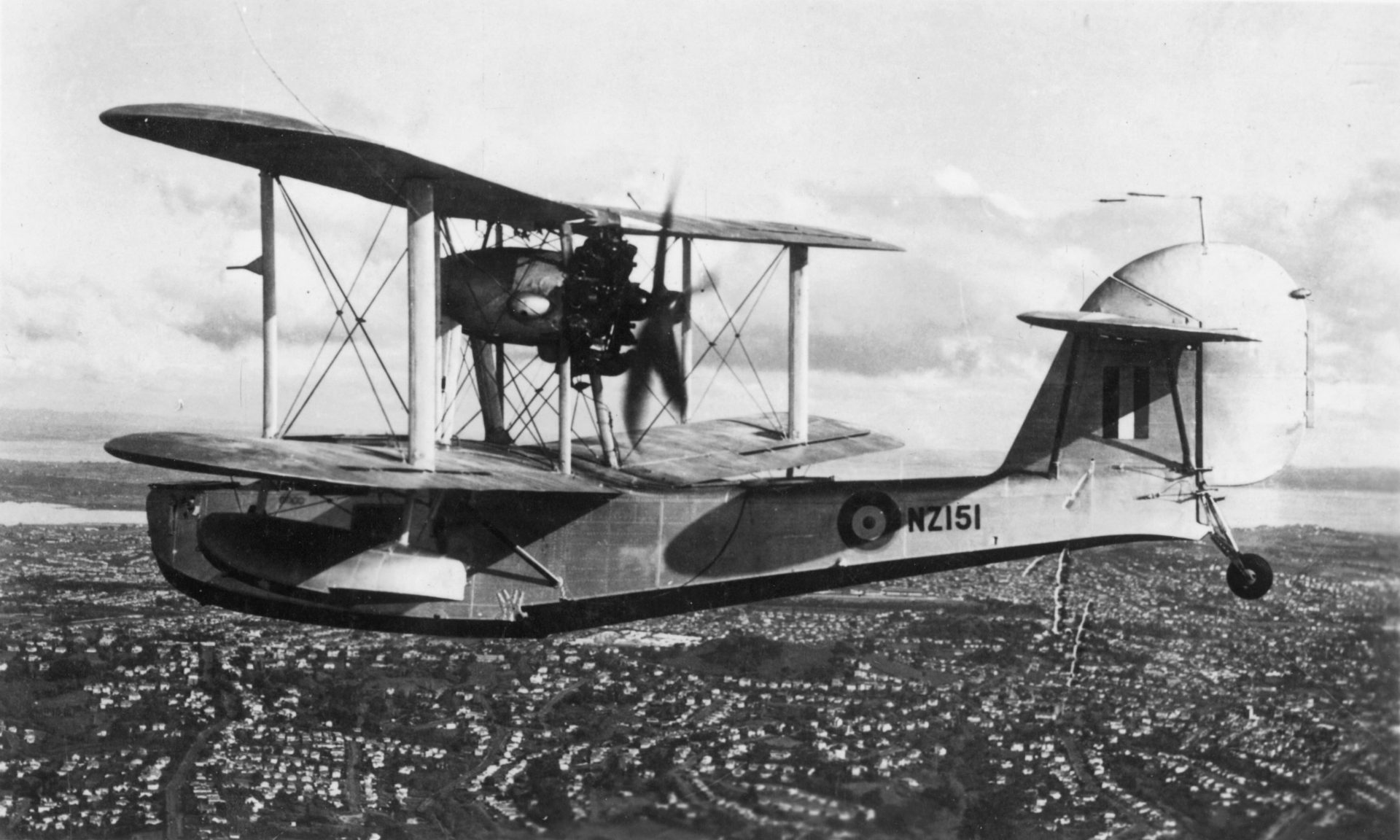
When collections are gifted to the Museum, they can reveal amazing stories we were not previously aware of. Among recent donations are the archives and photographs of Squadron Leader Horace Alexander Nash (nicknamed “Walter” in the RNZAF after the New Zealand politician). Nash was an experienced RAF pilot, loaned to the RNZAF during World War Two. In 1943 he was an instructor on Supermarine Walrus aircraft, with the Seaplane Training Flight at Hobsonville. While we were cataloguing his papers, a remarkable story was revealed.
A ‘very good’ Christmas Cake
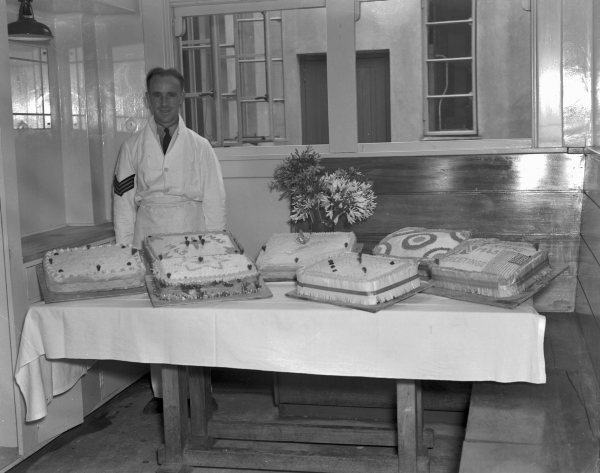
Why have one Christmas cake when you can have seven? If these cakes – on display in No. 1 Mess, RNZAF Station Whenuapai – are anything to go by, Christmas of 1943 was going to be a bountiful occasion, not to mention a well-decorated one. Read the full story here.
Volumes of Faith
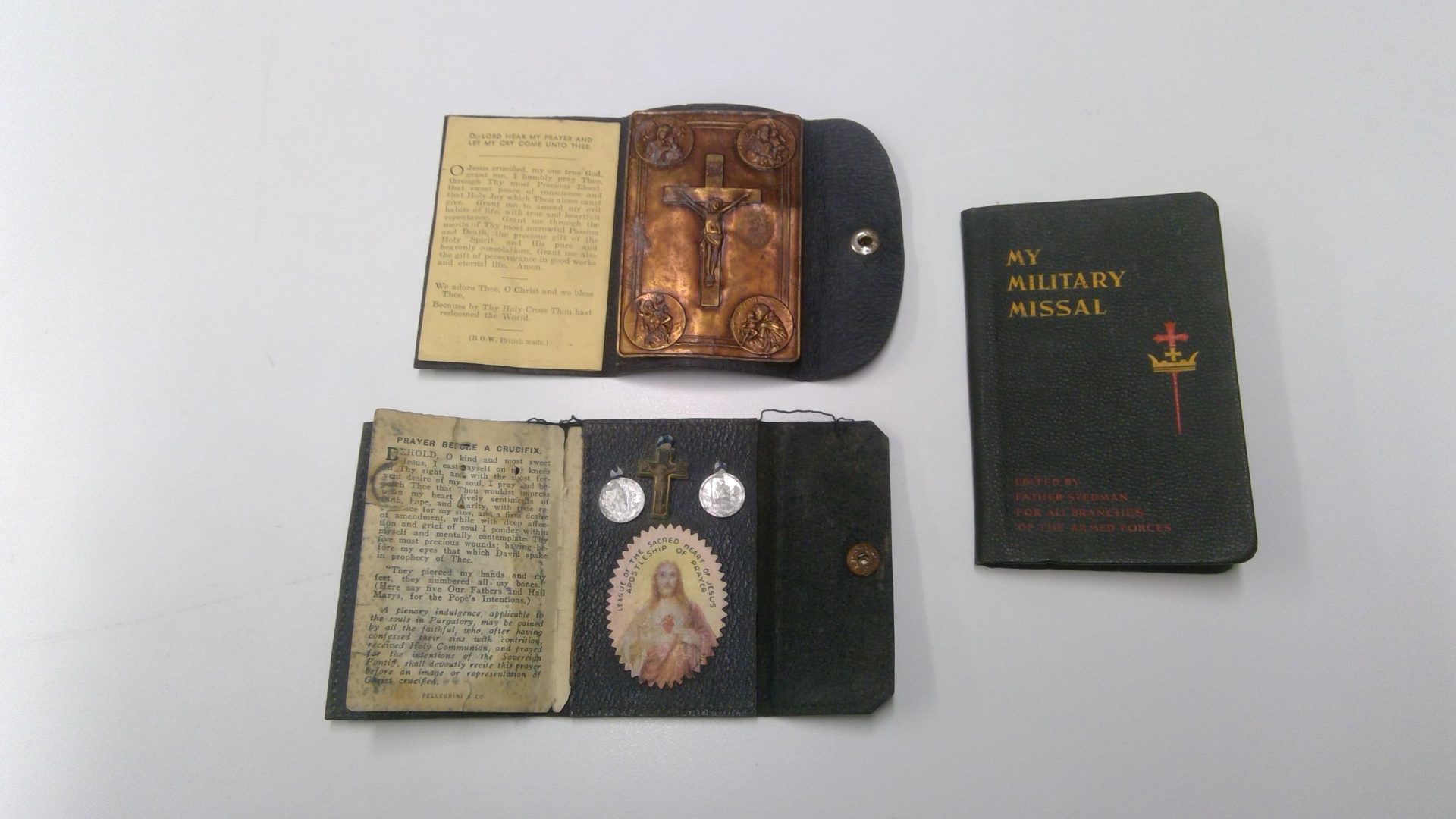
While cataloguing a recently acquired collection, I noticed that it contained a small New Testament intended for use by the pilot whose collection I was working on. As we approach Christmas, one of the most important Christian holy festivals, it struck me that we must have other bibles and religious texts in the collection. Read all about them here!
Baking in the ‘40s: It’s Just Nuts!

When serving overseas, nothing could say ‘home’ quite as well as receiving a parcel of lovingly handmade baked goods. In 1940, Air Force Relations published a booklet of useful information, and an airman might have been lucky enough to sample some of the recipes it contained. But what were these recipes like? Well, they’re timeless, and just nuts.
Dakota NZ3551: A Jewel in the Crown
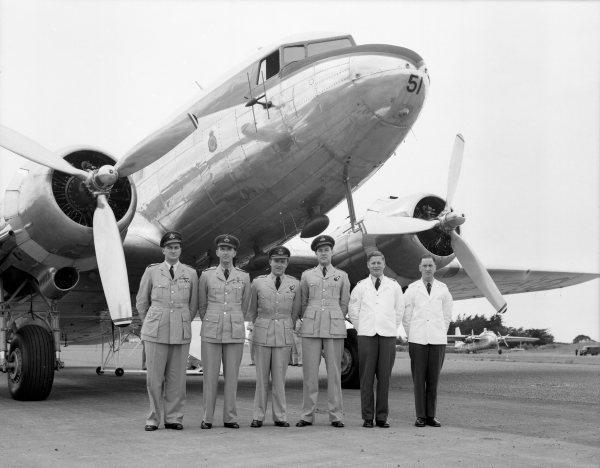
Residing in contented retirement at the Air Force Museum of New Zealand is one grand old aircraft with a very special history. Read all about it here.
Britannia Rules the Skies
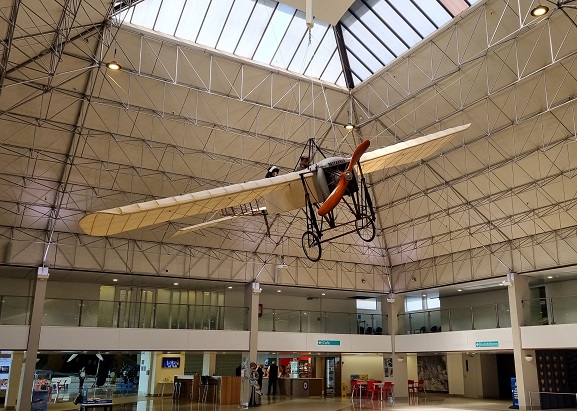
New Zealanders have been deployed around the world with the Air Force for more than 100 years, and many of the sights that they’ve seen along the way are documented in our archives. From mosaics to temples, and a touch of graverobbing, let me take you on a little tour of some historic and archaeological sites that feature in our collection.
The Grand Tour
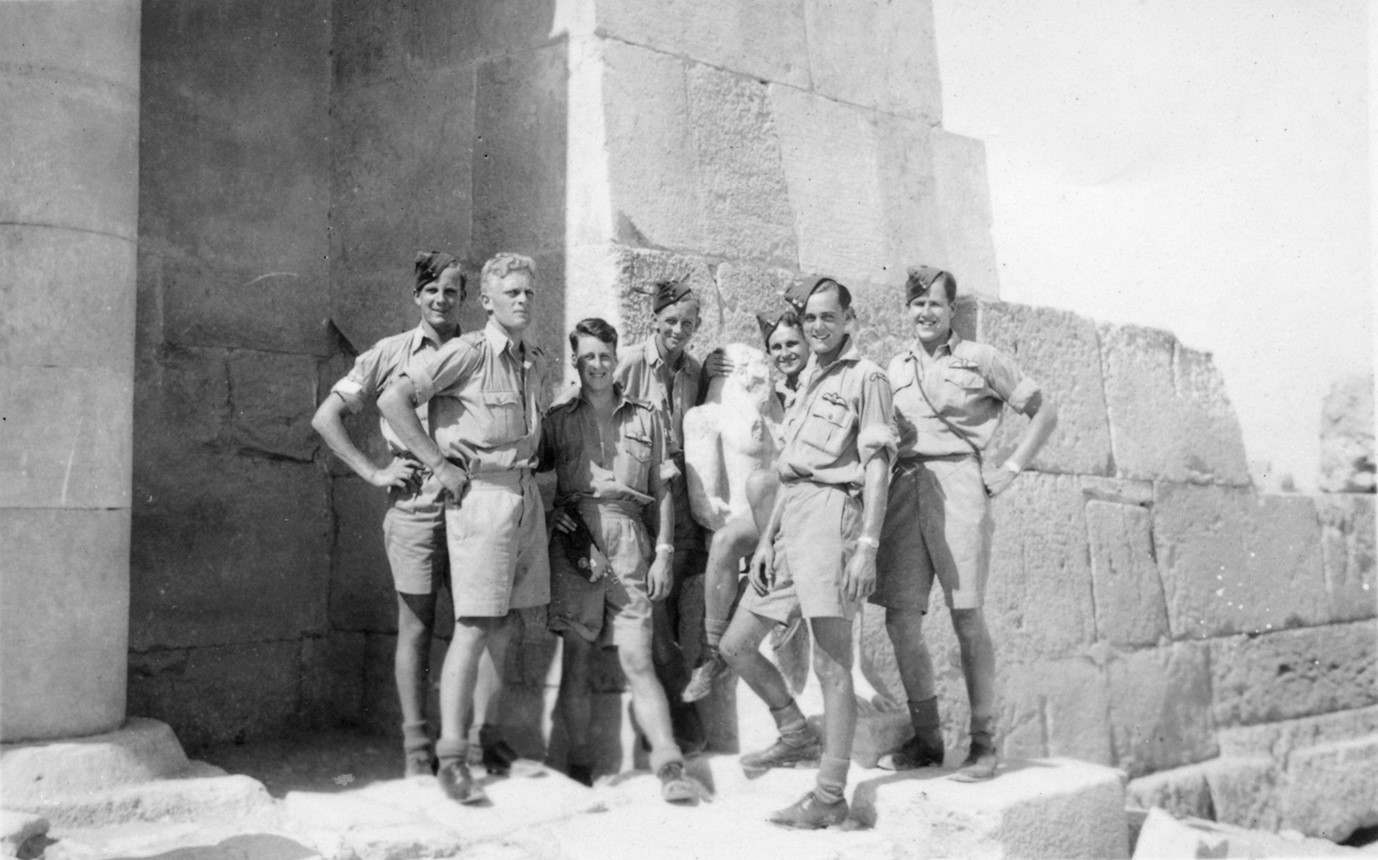
New Zealanders have been deployed around the world with the Air Force for more than 100 years, and many of the sights that they’ve seen along the way are documented in our archives. From mosaics to temples, and a touch of graverobbing, let me take you on a little tour of some historic and archaeological sites that feature in our collection.
Remembering the Ball Pass Avalanche
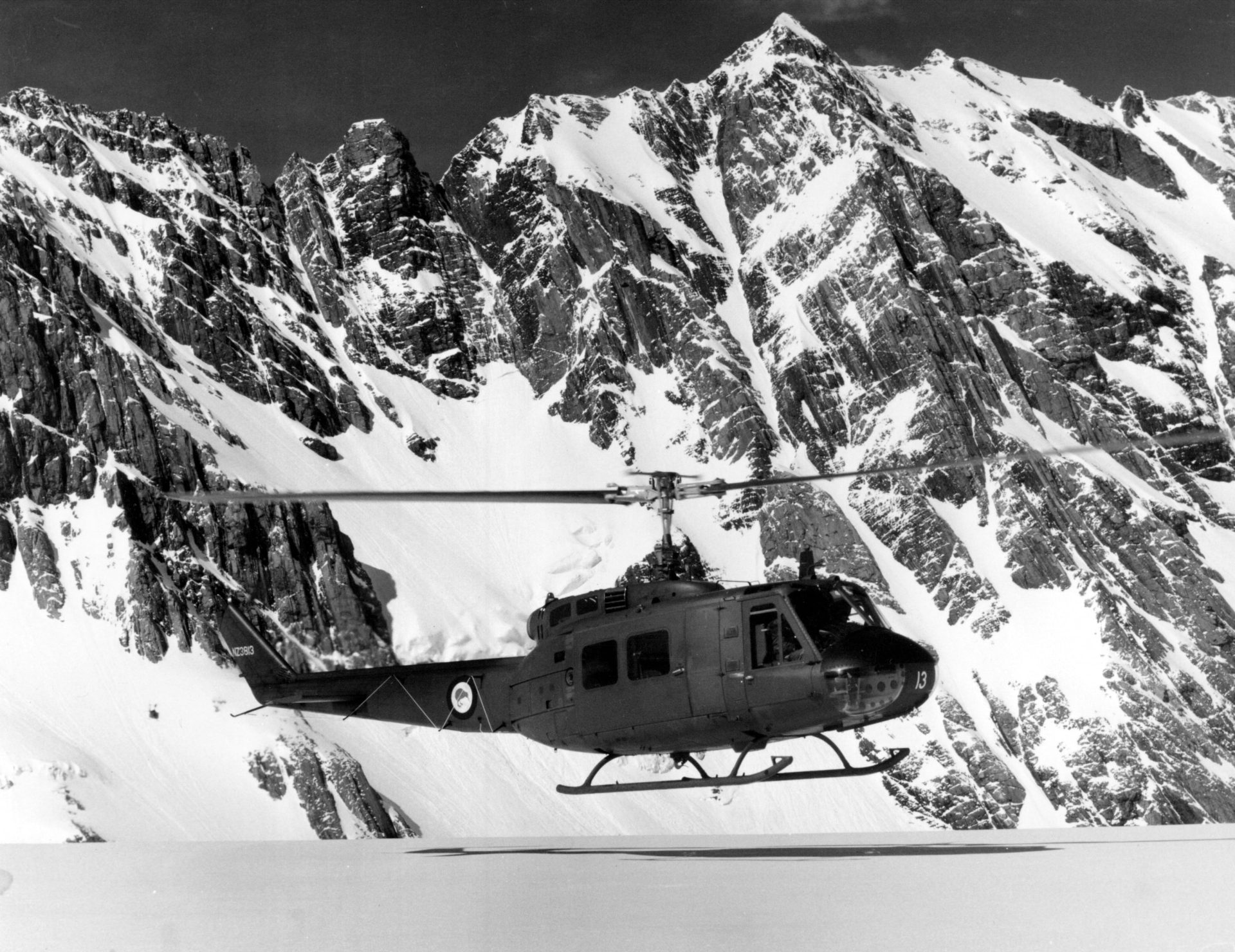
On the afternoon of 23 July 1975, a deep slab avalanche occurred at the head of Ball Pass on Aoraki / Mount Cook. Tonnes of snow and ice slid down the slope face, directly into a group of RNZAF personnel on a training exercise.
Running Up That (Red) Hill
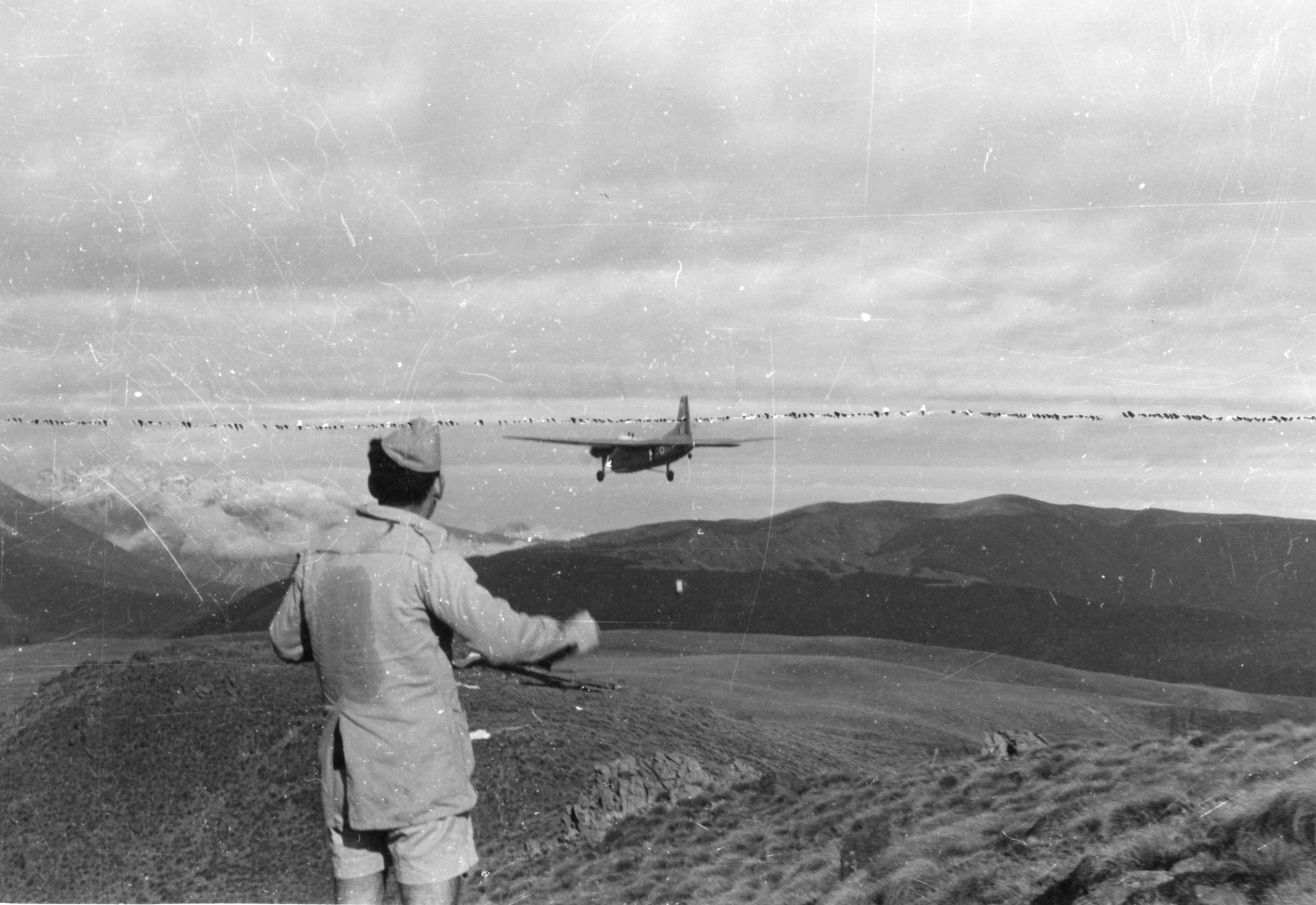
In January of 1953, an old army hut measuring 15×8 ft was given to the RNZAF Base Woodbourne Search and Rescue team by a Mr Hebberd of Rārangi near Blenheim. Read all about what happened to it here.
‘Never A Dull Day’: Teaching At The Air Force Museum Of New Zealand
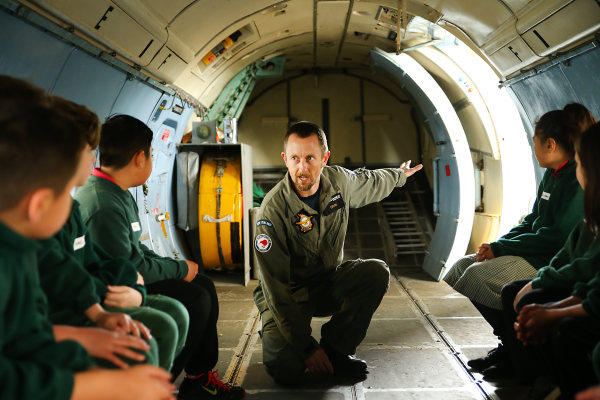
Chris Davey has been the Education Officer at the Air Force Museum for over 16 years. A former primary school teacher and North Canterbury native, he recently shared what makes his job so special.
An album of memories: Stanley Wilks and 226 Squadron RAF
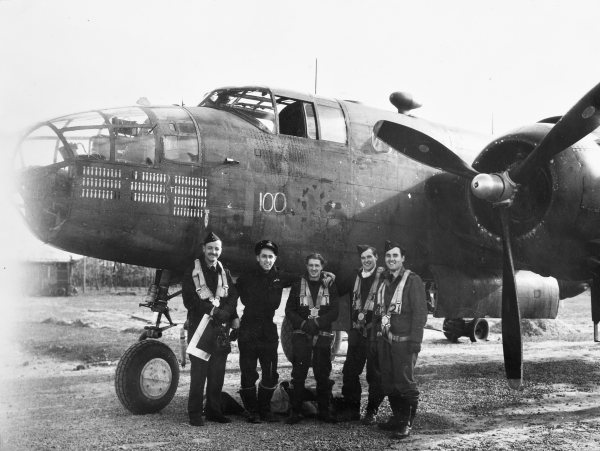
One of the first photo albums to be donated to our collection belonged to Stanley Edward Wilks mid (mentioned in despatches), NZ415429. A rather anonymous plain brown cover hides a trove of excellent photographs of operations by No. 226 Squadron RAF, sightseeing and recreation.
We will remember them: interviews with New Zealand’s last wartime aviators
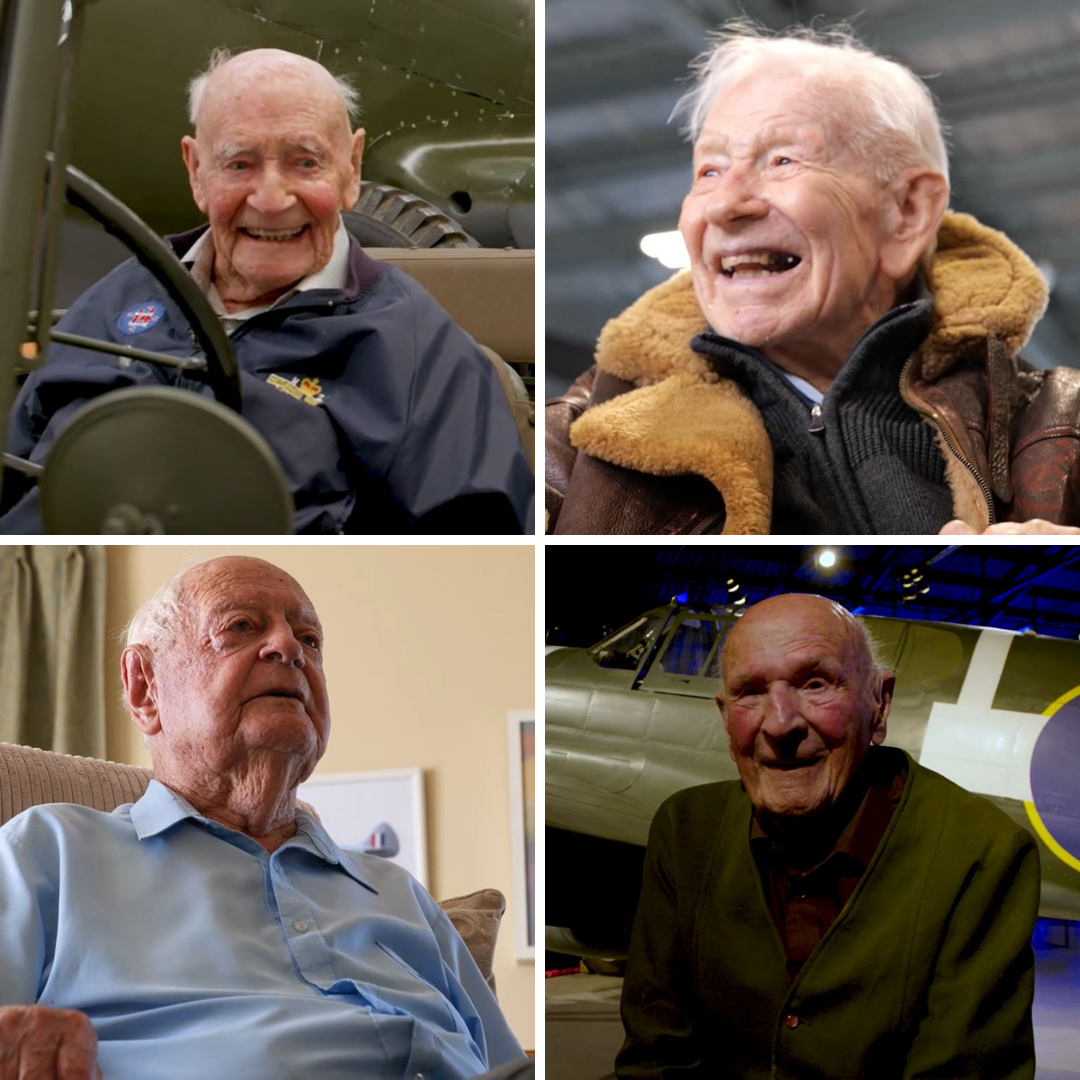
While unable to hold our usual Anzac Day service at the Air Force Museum for Anzac Day 2022, it is a fitting opportunity to share with you some newly-edited interviews with some of the last RNZAF veterans of World War Two: Ron Hermanns, Bryan Cox, Max Collett, Maurice Mayston, and Alan Deere (interview with his nephew Brendon).
“Dear Daisy and Norrie”: The letters home of Squadron Leader Herbert George Percy Blackmore (RAF) to his sister, 1938-1941
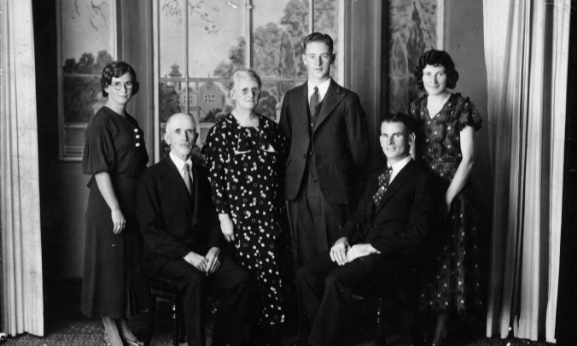
rough a variety of ways. Letters were by far the most common during the two World Wars and provide us with an insight into New Zealand families separated by war.
Taking flight: the RNZAF contribution to NAC
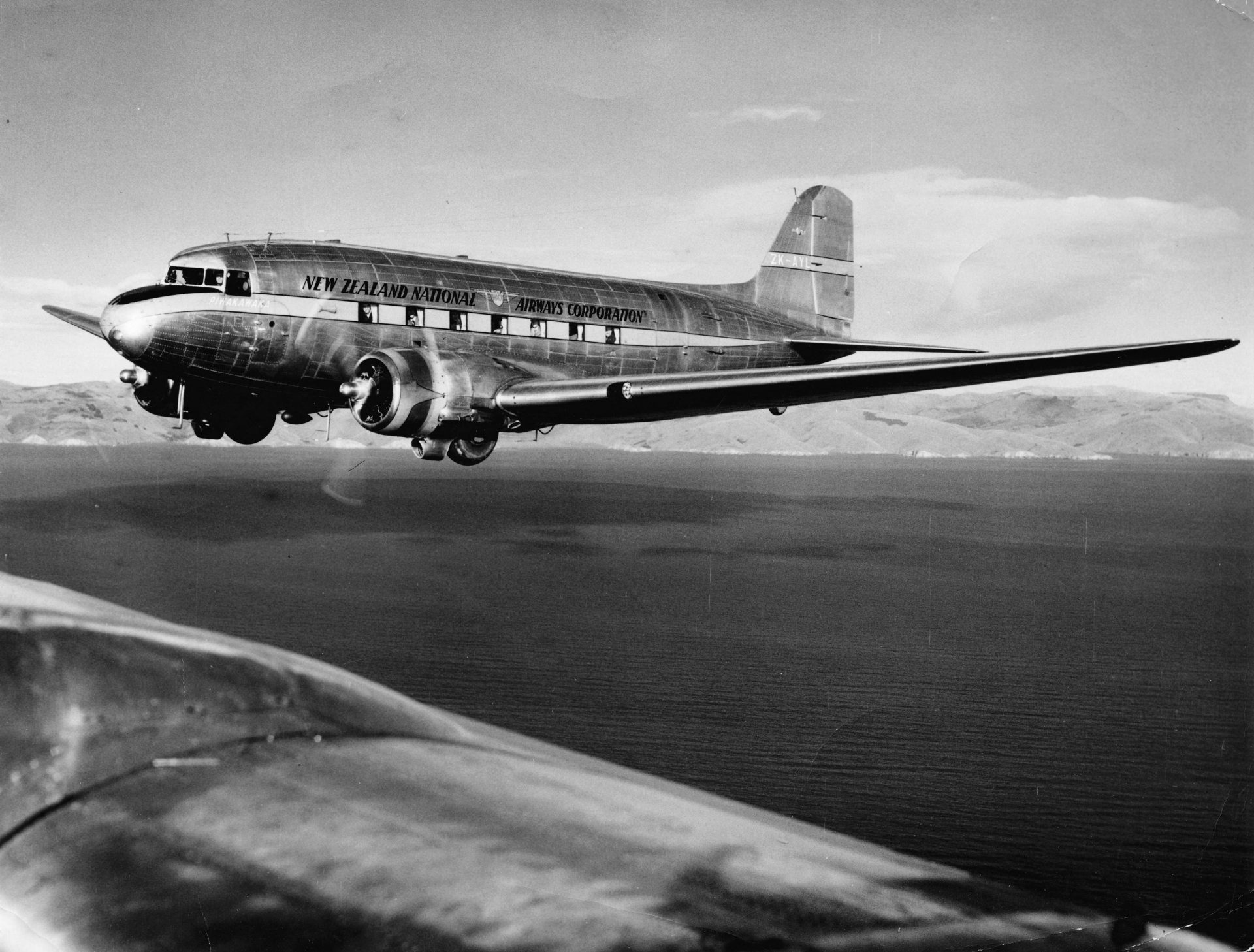
75 years ago, on 1 April 1947, the New Zealand National Airways Corporation (NAC) officially launched its operations. The NAC period – with its Dakota DC-3 airliner in particular – is considered by some to be the ‘golden age’ of air travel in New Zealand. This blog highlights how the RNZAF contributed to the emerging national airline.
Brief Encounters: The short histories of No. 7 and No. 8 Squadrons RNZAF, 1942-1943
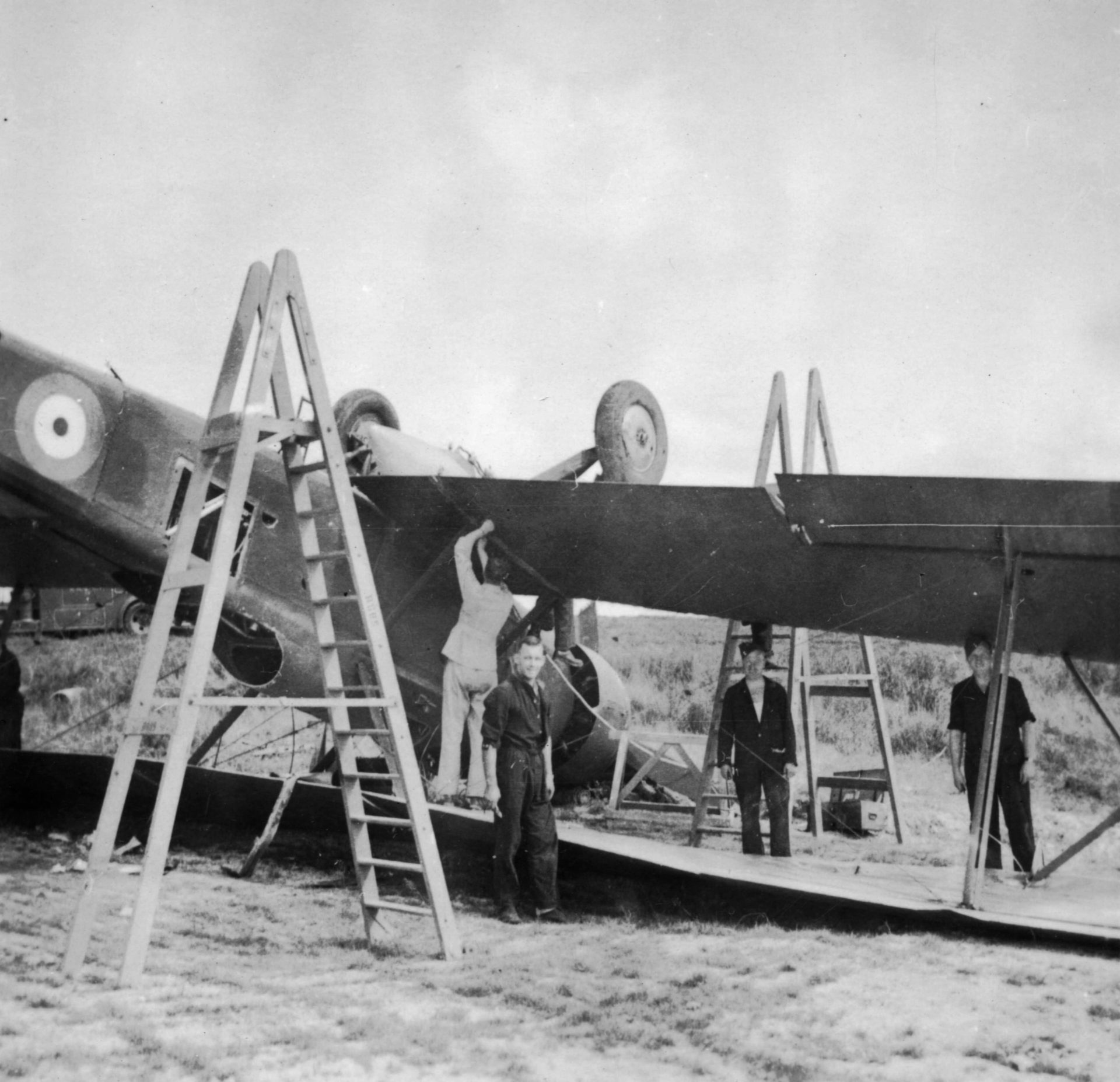
The entry of Japan into the Second World War in December 1941 led to the creation of a number of short-lived squadrons to fill the immediate defensive needs of New Zealand and train personnel for future operations of the RNZAF against the Japanese in the Pacific. These are the stories of two of these squadrons, which are closely linked together.
The Hush Hush Boys: An Untold New Zealand Story of the Defence of Singapore, 1941-1942 (Part Two)
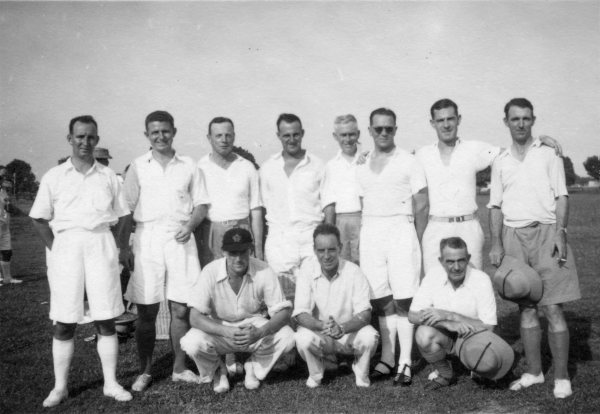
leet at Pearl Harbour in Hawaii and British forces in Malaya, Singapore and Hong Kong. This anniversary seems an appropriate time to continue and conclude our previously untold story of a small group of New Zealanders serving as Air Force ground officers in Malaya and Singapore.
Combating Disease: Public health efforts in the RNZAF
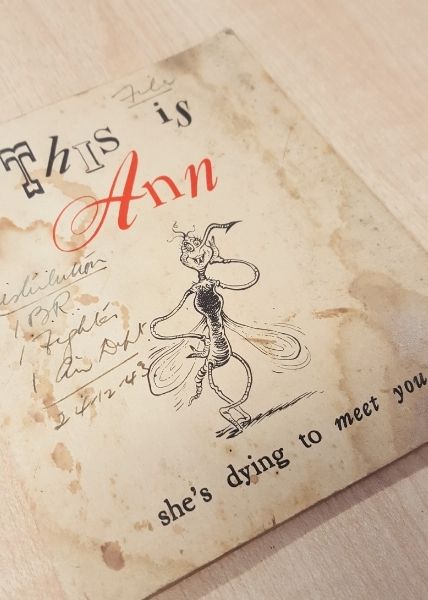
Public health is all about protecting against community health risks and threats, preventing illness, and promoting health and wellbeing across the population or within groups of people. This blog looks at how the New Zealand military has historically promoted public health messages amongst its personnel, using examples from the RNZAF.
A Sense Of Humour
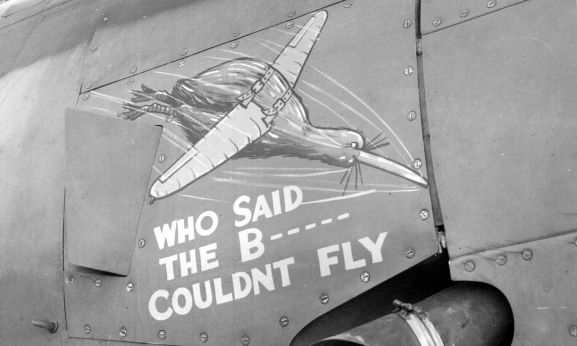
Humour is a subject not often raised in the area of military history. Yet some of the strongest traditions and cultural legacies of military service – including those of our own Air Force – are full of inside jokes in line books, silly songs, famous (and infamous) fictional cartoon characters and countless visual gags.
Read the full story here.
Meeting the challenge of COVID
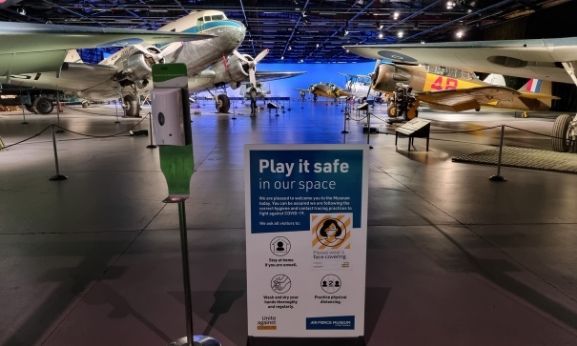
Like many museums around the world, we have not been immune to the impact of the global pandemic. Find out how the Air Force Museum coped with Covid-1
Occupying Japan: the RNZAF and J-Force 1946-1948: Part 2
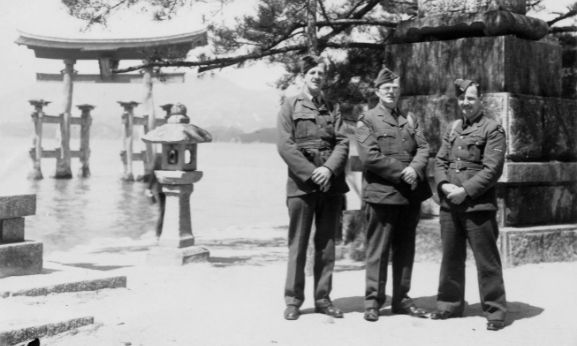
In a previous blog we looked at how RNZAF personnel were sent to Japan in 1946 with ‘J-Force’, part of the British Commonwealth Occupation Force (BCOF). In a continuation of this 75th anniversary blog, we’ll take a look at what those RNZAF personnel did as part of J-Force and how it ended.
One Size Does Not Fit All: Perspectives On Collection Care
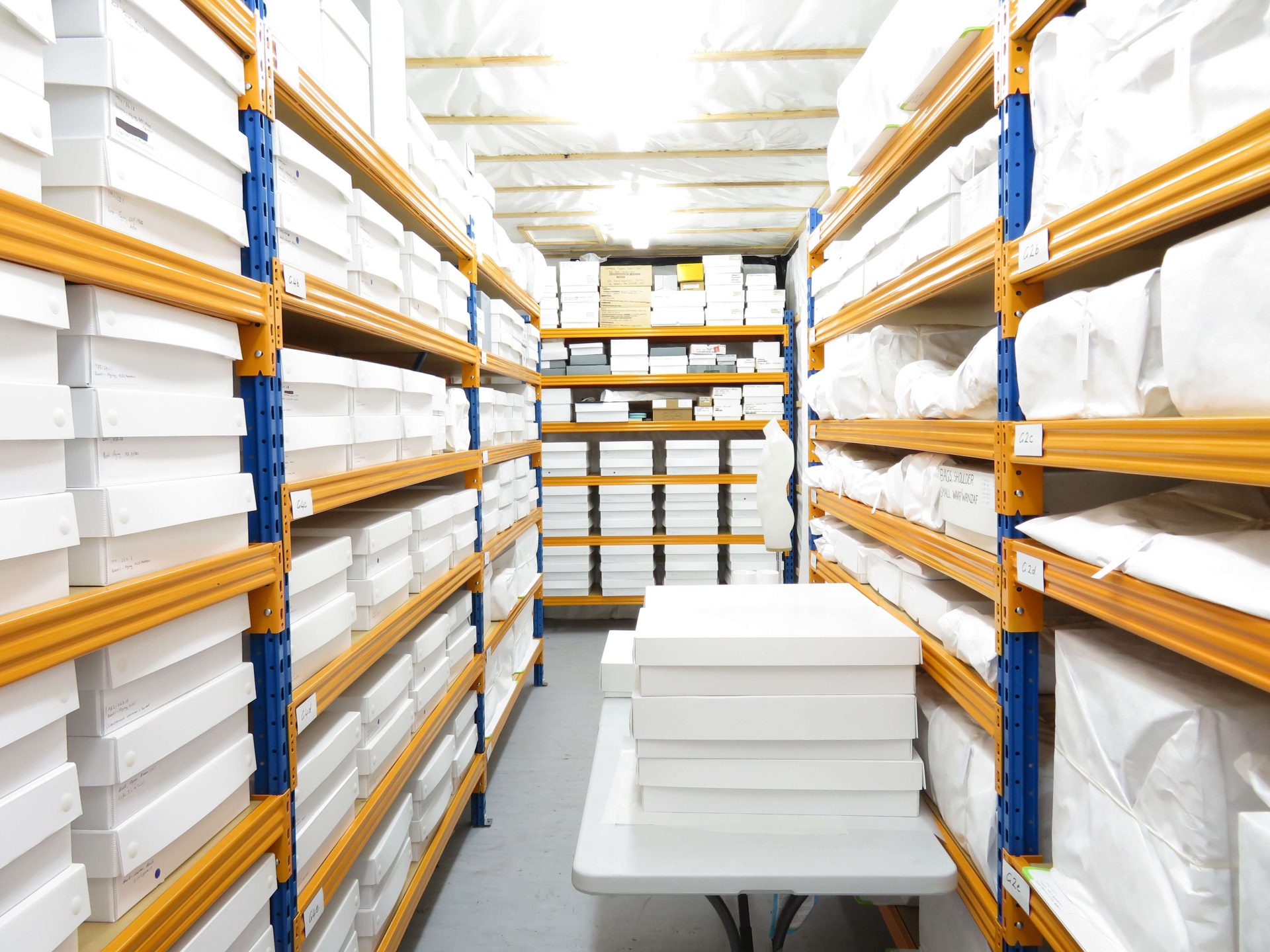
In this blog, our collections technicians explain the work that goes in to processing new collection items, from cataloguing to housing and storage.
The Hush Hush Boys: An Untold New Zealand Story of the Defence of Singapore, 1941-1942 (Part One)
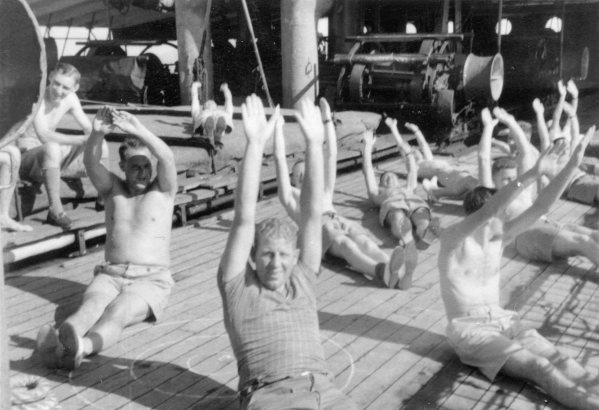
About 600 New Zealand Air Force personnel served in the defence of Singapore in 1941-1942. Some of their stories, such as the exploits of No. 488 Squadron RNZAF and the Aerodrome Construction Squadron have been well researched and written about. There are, however, other stories still to be told. This is one about a small group who had extraordinary experiences.
Conflagration at ‘Cardboard Castle’: The Rongotai Exhibition building fire
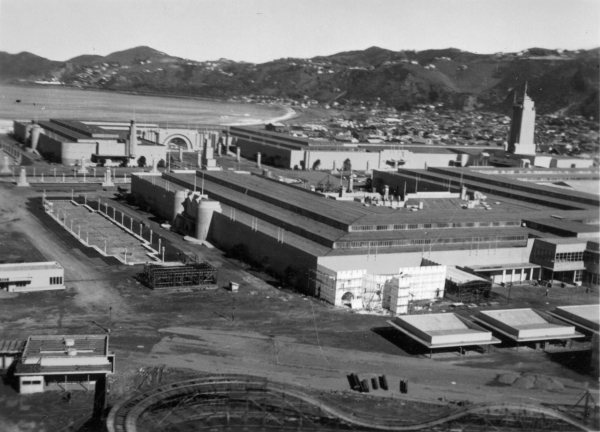
75 years ago, the former RNZAF station Rongotai was the scene of one of Wellington’s largest fires. The uncannily glamorous facility that had started life as a tourist mecca, then morphed into a busy military station, ultimately became a hot spot of a much more unfortunate kind.
Metadata: ‘The Writing on the Back of Digital Photos’
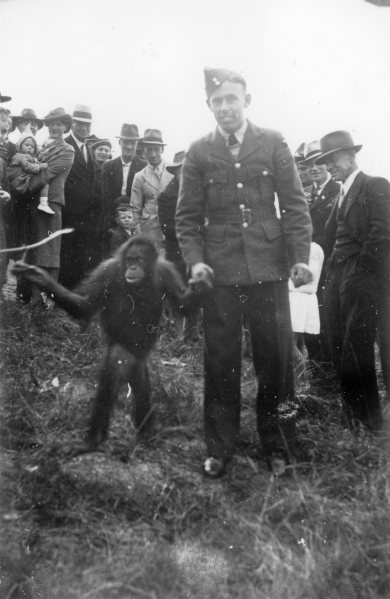
Many of us have old family photos stored away in albums or boxes at home. Most of us could probably identify our relatives in them, even when they were young children. But how often do we not know much, if anything, about the context behind these photos: where were they taken? When? By whom?
Ohakea Beer Fest
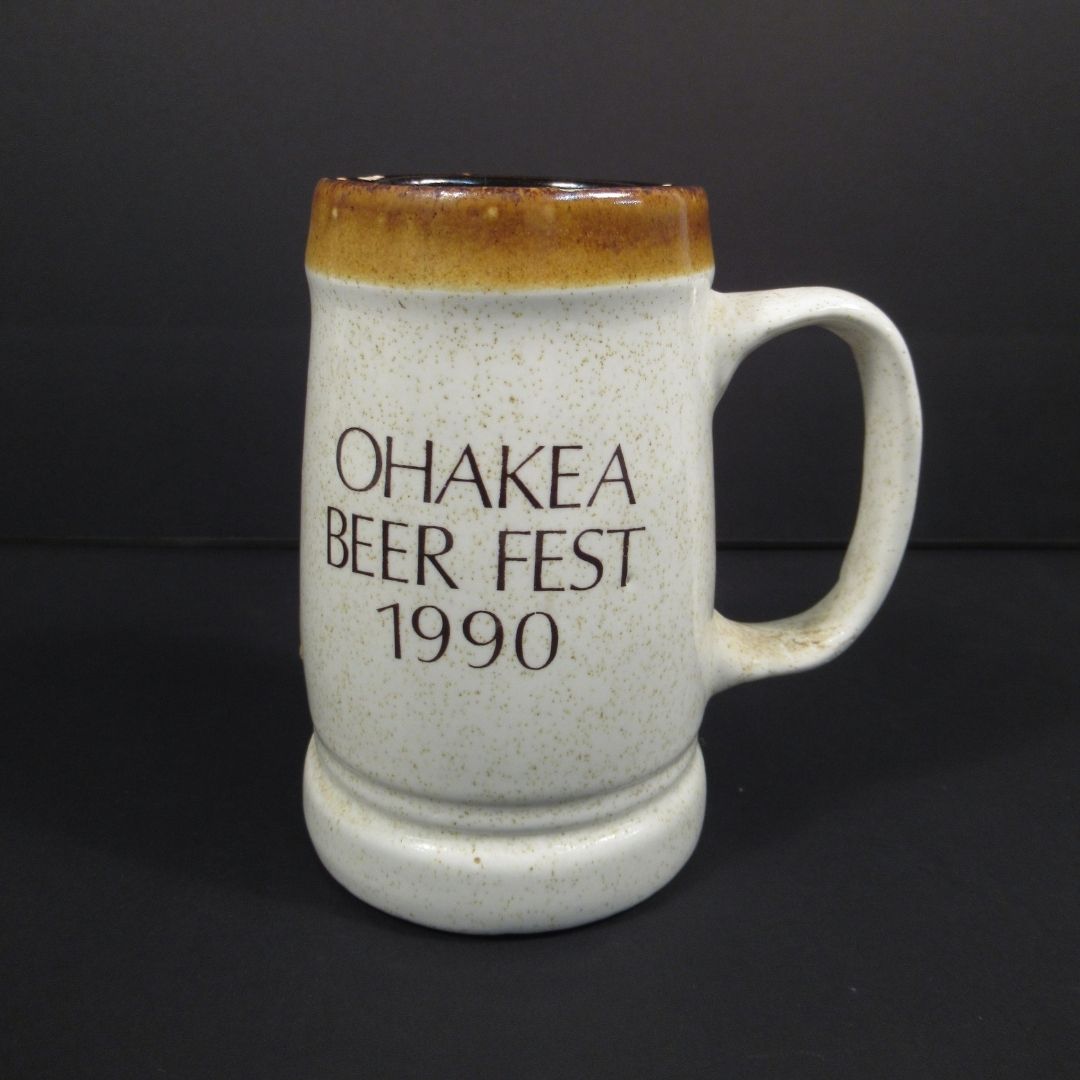
These potent examples of pottery were donated by a self-described ‘regular’ at the Ohakea baggies’ (junior ranks) bar – read more!
Piecing together the history of Vildebeest NZ102: Part two
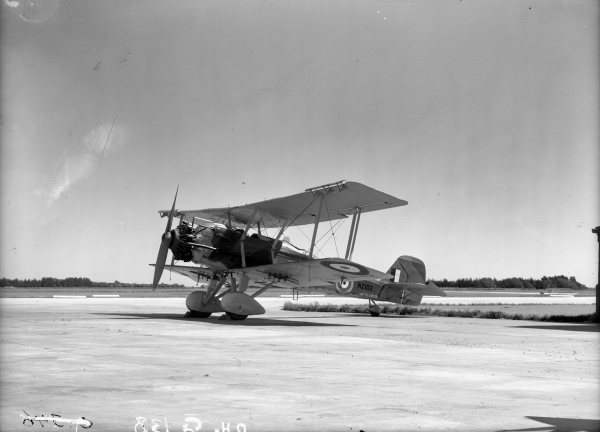
Since our first blog on the history of Vickers Vildebeest NZ102, our Research Team has uncovered more of its secrets. This is an update on what we have found recently.
Matariki: Let’s go fly a kite!
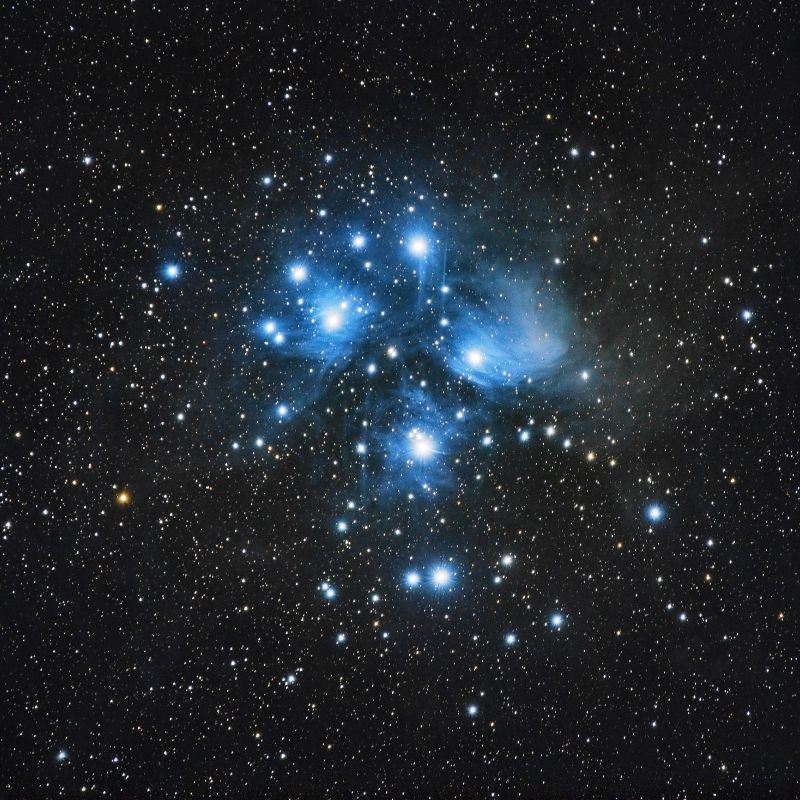
Matariki Māori New Year is a time to celebrate and come together with whānau, friends and communities, maumahara (remember) the people who came before us and share knowledge, traditions, and skills through wānanga (learning), while looking forward to the year ahead. Read this article to find out where kites come into play!
Remembering the Fallen: War Graves Week, 2021
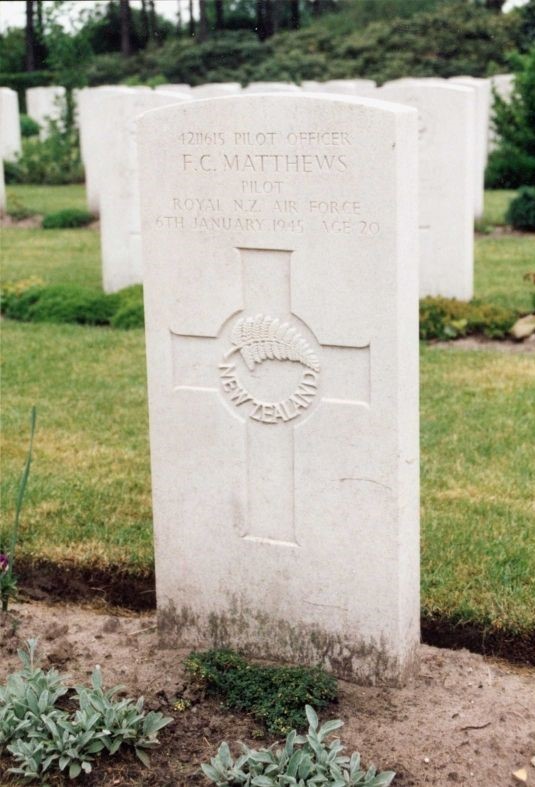
This week is War Graves Week, a celebration of the amazing work done by the Commonwealth War Graves Commission (CWGC) in preserving the graves and memorials of service people around the world. The burial and commemoration of the dead of both world wars was a massive undertaking and their continued care by the Commission is a worldwide venture.
May the 4th be with you!
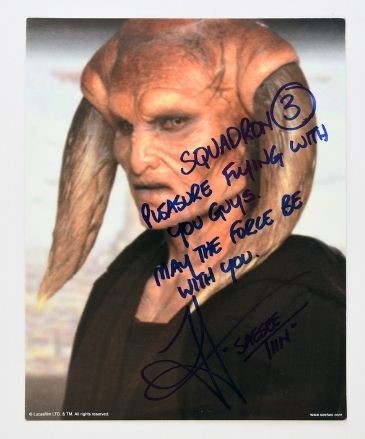
As fans across unite in celebration of Star Wars, who would’ve thought that we’d have a link to the film franchise in our own collection?
Cataloguing our Archives: Preparing for Research in the Future
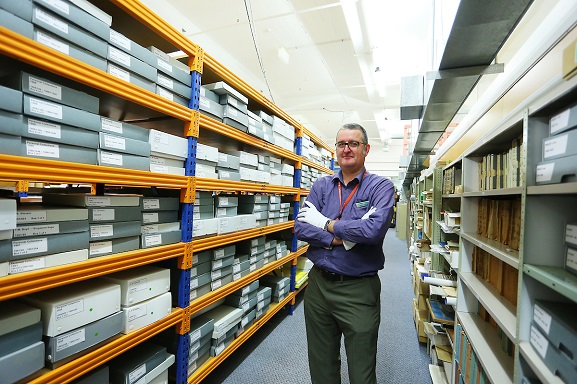
From 1 May 2021, the Research Team will be suspending our free enquiry service until the end of the year. We think it is important to explain why we are taking this step and what we will be doing during this period.
Remembrance Poppies
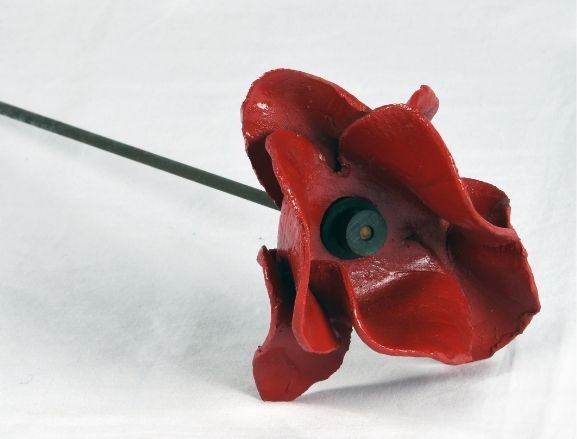
Somehow cheerful and solemn at the same time, the simple lapel poppy has a been a familiar feature of Anzac Day commemorations for generations of New Zealanders.
Parading for Victory: Air Force Contingent
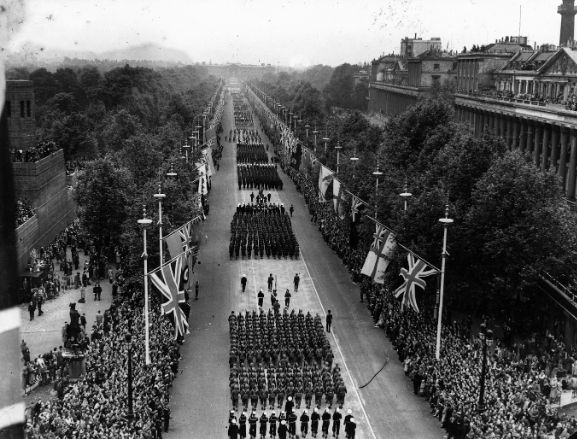
75 years ago, the troopship “SS Maunganui” left Wellington to convey the New Zealand Victory contingent to the United Kingdom. Embarking on 20 April 1946, this journey took them all the way to London, where they joined a total of 1,600 personnel representing Commonwealth forces in the victory parade on 8 June 1946.
Air Force veteran helps Rangiora student achieve flying dream
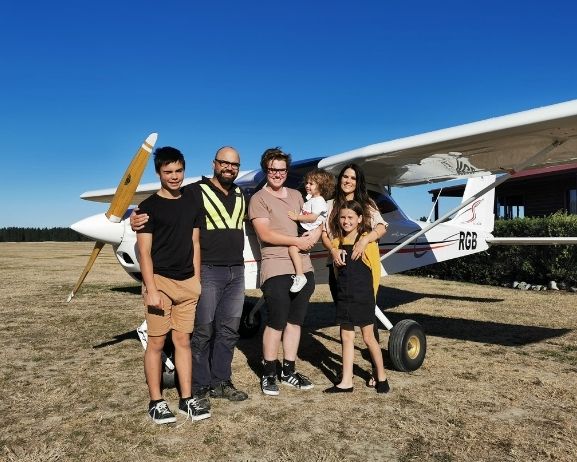
When Air Force veteran Derrick Hubbard flew solo on his 90th birthday with the Canterbury Recreational Aircraft Club (CRAC) in 2017, he and his (now late) wife, Vera, decided they would like to ‘pay it forward’ and sponsor a young person to experience the same opportunity. This person was Armani Hansen.
Occupying Japan: the RNZAF and J-Force 1946-1948: Part 1
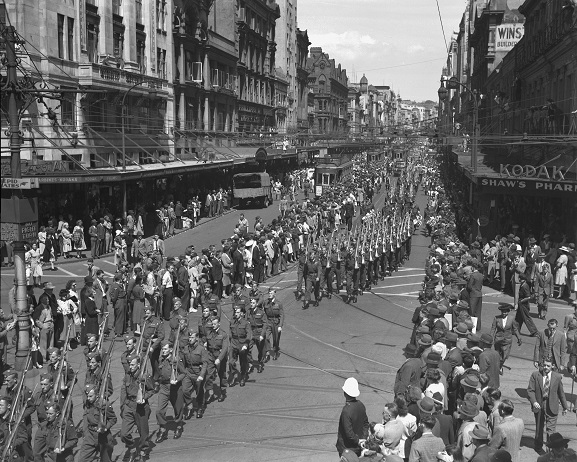
In March 1946, the first RNZAF personnel of No. 14 Squadron paraded through the streets of Auckland to board the British aircraft carrier HMS ‘Glory’. Bound for the homeland of their recent enemy, Japan, it was an overseas odyssey which would last for two years.
Air Force Day ’81
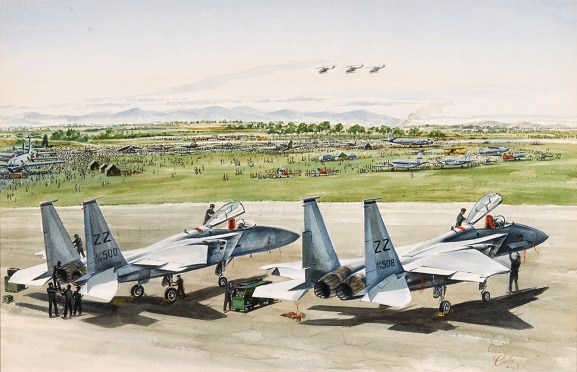
The end of Summer in 1981 at RNZAF Base Ohakea was marked by a full-scale episode of PDA. Not a public display of affection (although who’s to say that didn’t happen?) but a public display of aircraft.
‘A few of our favourite things’: celebrating 1 year of our photos online
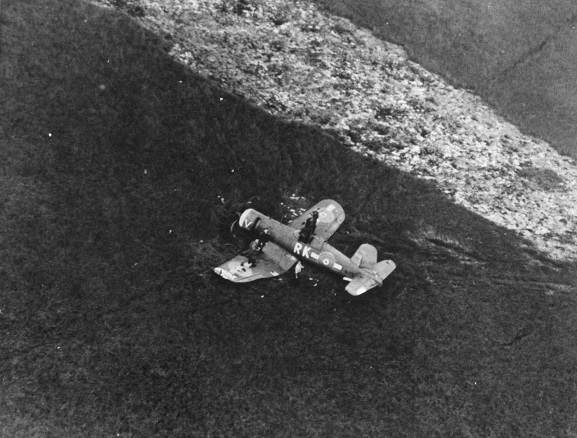
Since launching in February 2020, our online photo collection has been accessed by thousands of people across the world. These are a few of our team’s favourite photos from the online collection.
Meteoric rise: New Zealand’s first jet flight
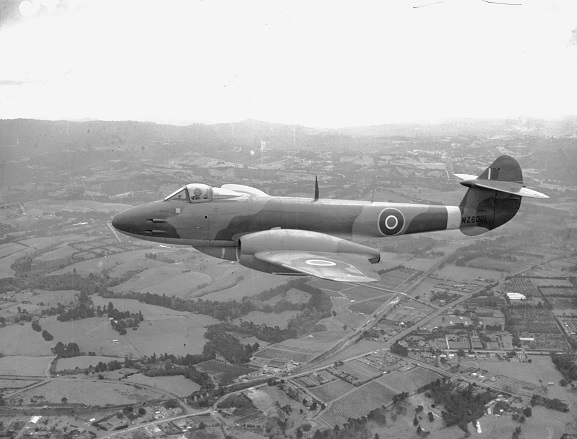
On 11 February 1946, Gloster Meteor NZ6001 became the first jet aircraft to take to the skies in New Zealand. While the Meteor barely saw any RNZAF service, this first jet flight and the publicity tour that followed showed tens of thousands of Kiwis the shape of things to come.
New Zealand’s first scheduled air mail service
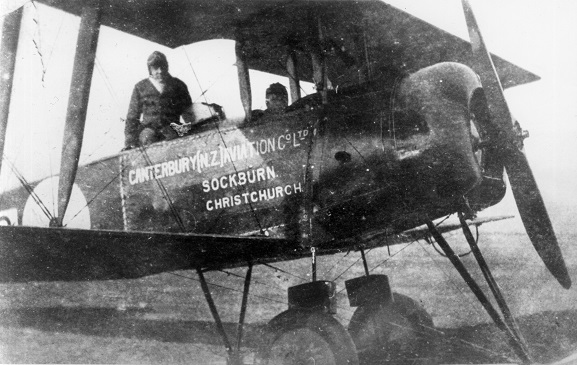
On 31 January 1921, a small Avro 504 biplane of the Canterbury (NZ) Aviation Company took off from Sockburn Aerodrome, carrying the first scheduled airmail service to commence in New Zealand.
Remembering Operation Desert Storm: the RNZAF and the Gulf War, 1991
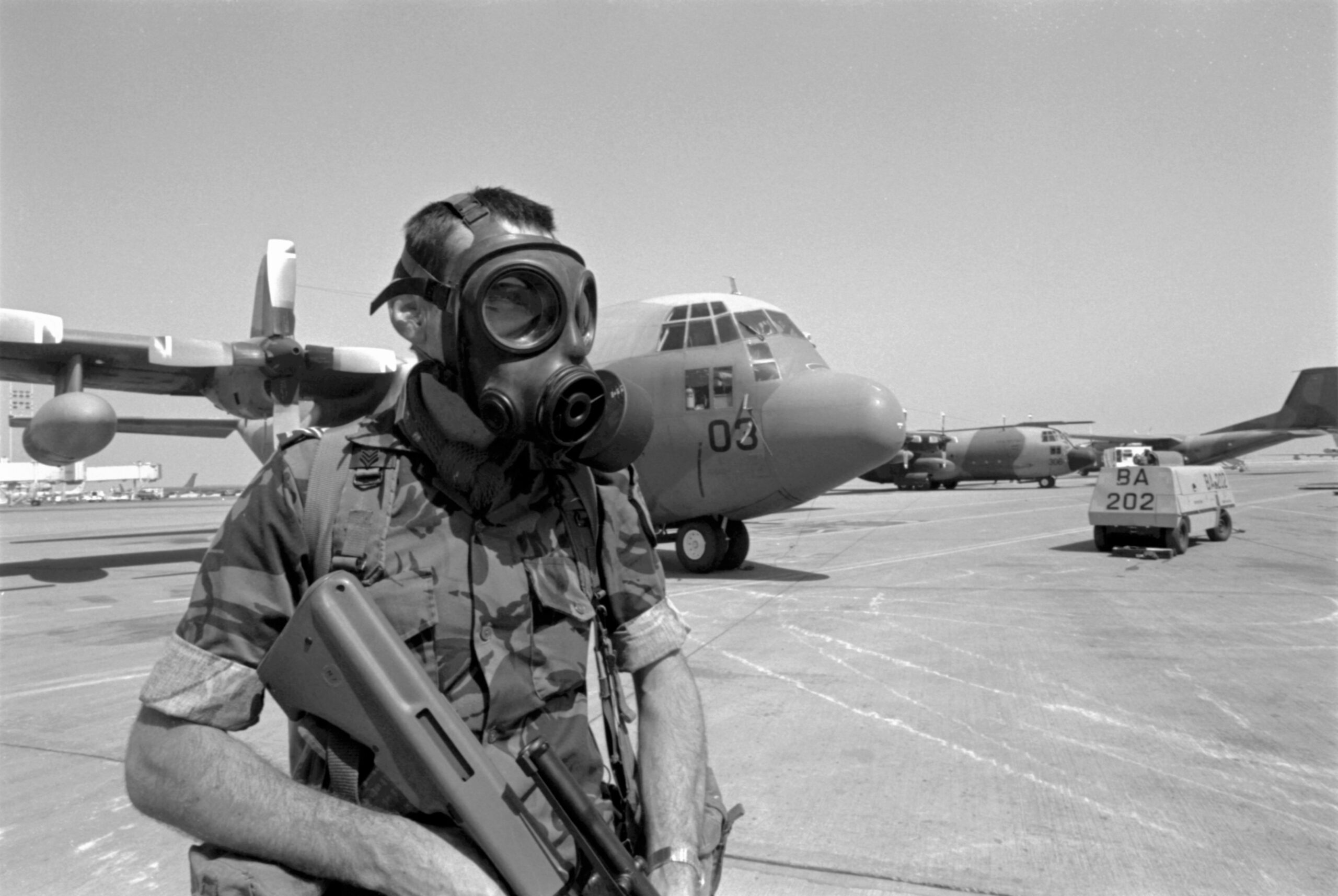
30 years ago, operations against Iraq ended with the conclusion of Operation Desert Storm. During this brief but decisive conflict, RNZAF personnel were deployed in support of the wider Coalition against Iraq’s dictator, Saddam Hussein, and his forces.
The story of ‘Crazy Kiwi’
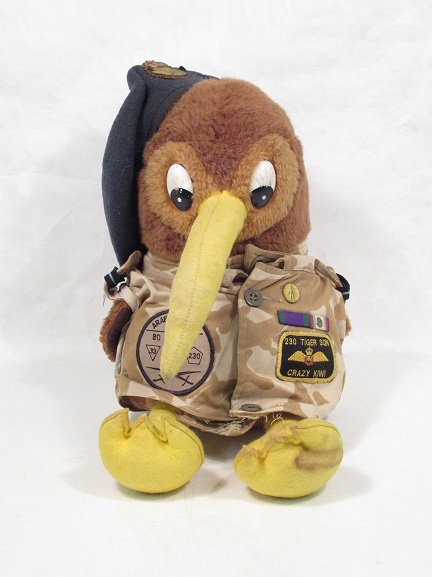
Thanks to the power of social media, we’ve been able to uncover the story behind this little Kiwi, who came into our collection wearing a Royal Air Force uniform.
An Air Force Christmas
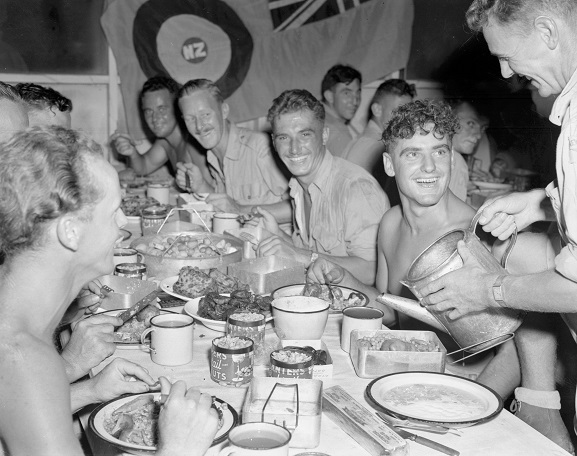
This small selection of Christmas stories, drawn from our archives, reflect the different experiences of men and women serving their country at Christmas time. Sometimes funny, occasionally sad, they all reflect how important this time of year is to service people and their families, both at home and abroad.
Piecing together the history of Vildebeest NZ102: Part one
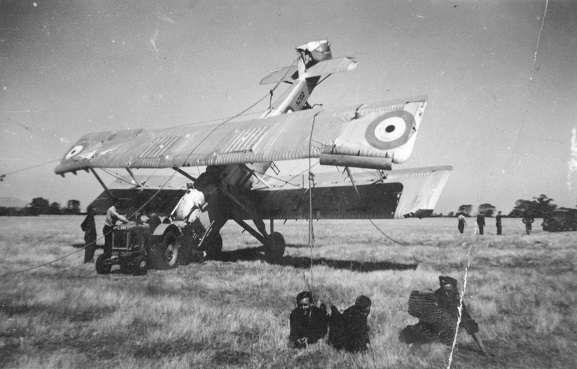
The service history of our Vickers Vildebeest is punctuated by some remarkable stories, but uncovering them can be a research challenge. This is some of what has been found so far and how it was done.
‘Through Adversity to the Stars’
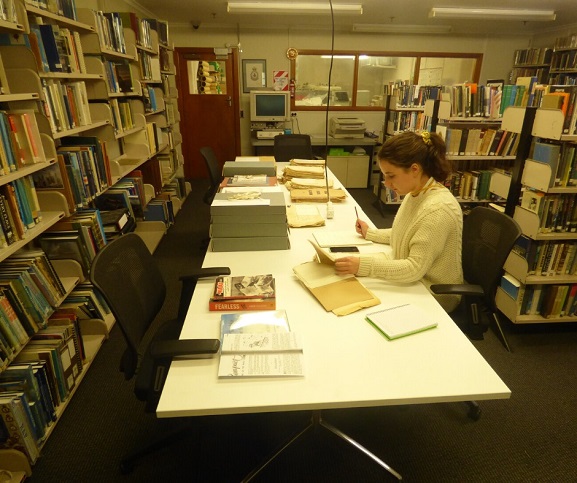
In this guest blog, Otago University postgraduate student Stacey Fraser discusses her experience using the Air Force Museum of New Zealand archives for her research into the Women’s Auxiliary Air Force.
Canberra WT346 heads to a new home
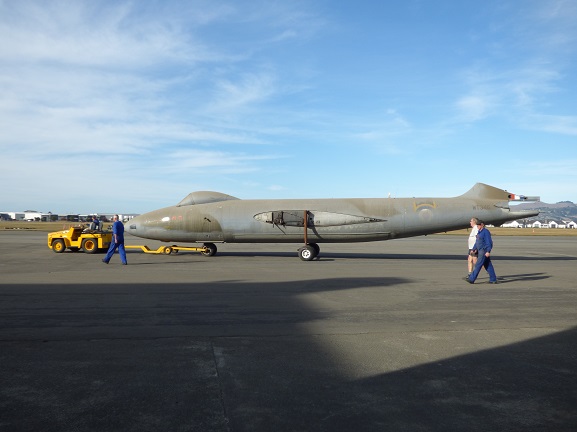
We’re really thrilled to share that our Trust Board has signed an agreement, loaning ex-RAF Canberra B(I)8 WT346 to NZ Warbirds Association Inc. at Ardmore for restoration to static display.
The ‘Battle of Britain’ comes to New Zealand
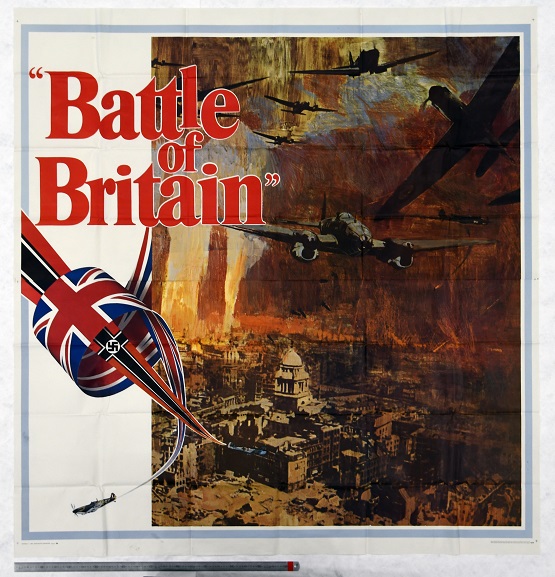
In 1969, the blockbuster film “Battle of Britain” was released in New Zealand, generating one of the largest paper objects in the Air Force Museum collection.
Remembering ‘The Few’ 80 Years On
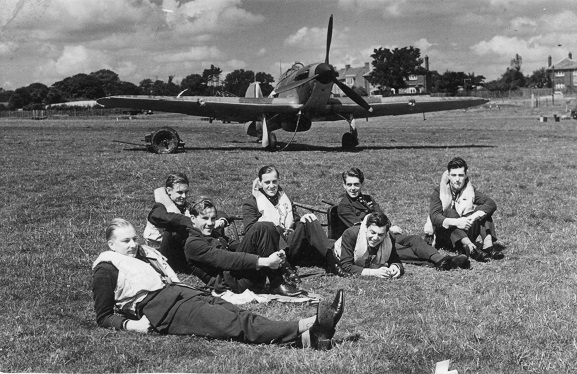
The Battle of Britain in the summer of 1940 was one the turning points of World War Two. For five months, from June until October 1940, a small number of young fighter pilots of the Royal Air Force (RAF) struggled against the much larger German Luftwaffe for control of the skies over southern England.
The Battle of Britain Lace Panel
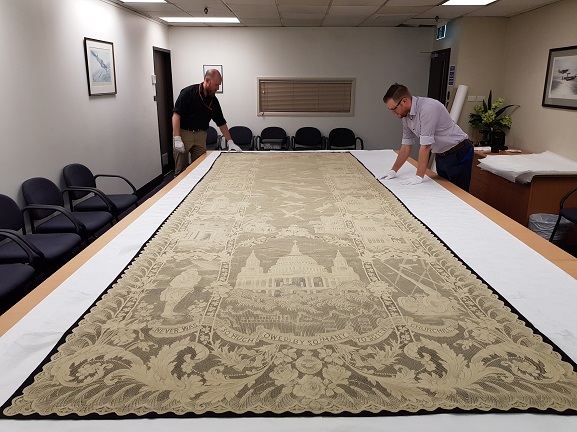
Discover the story of one of the Museum’s most special artefacts – the Battle of Britain commemorative lace panel.
50 Years of Flying Kiwis
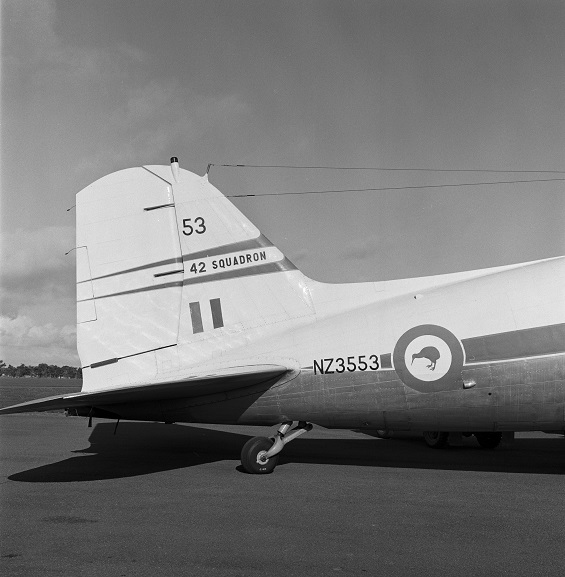
The Kiwi roundel has now graced the aircraft of the Royal New Zealand Air Force (RNZAF) for 50 years, more than all other roundel types in total. Just how did a flightless bird end up as an enduring symbol of our Air Force?
Cook Strait: the first flight
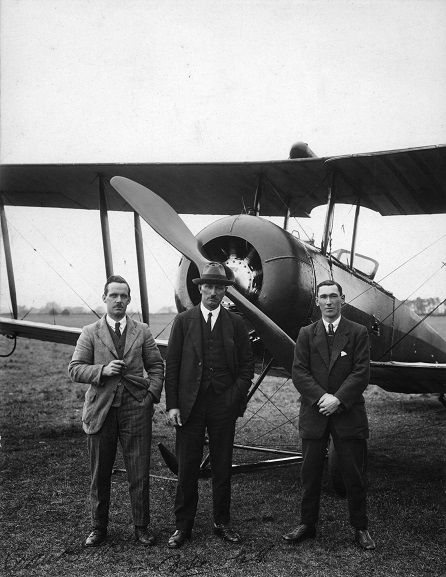
On 25 August 1920, three men of the Canterbury (NZ) Aviation Company conquered one of the great barriers to New Zealand aviation, when they made the first aerial crossing of Cook Strait.
Witnesses of Deliverance: New Zealand Airmen and Dunkirk, May-June 1940
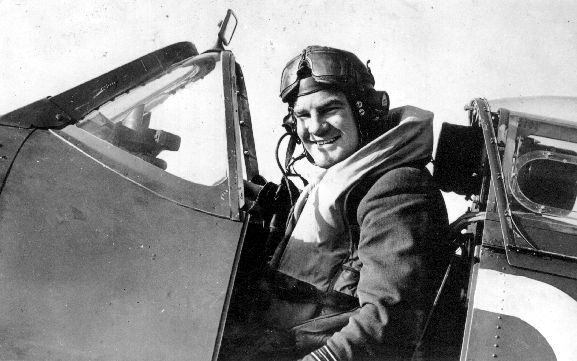
The ‘Miracle of Dunkirk’ ensured that Britain’s army would not suffer the same fate as those of France, Belgium, Holland, Denmark, Norway and Poland and fight on. While no New Zealand troops took part, there were significant numbers of New Zealand airmen involved and these are some of their stories.
50 Years On: RNZAF Skyhawk Purchase and Arrival
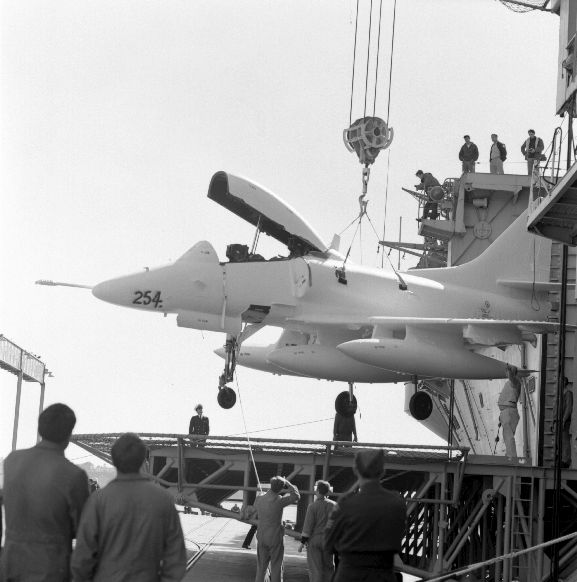
It has been 50 years since the McDonnell Douglas A4-K Skyhawk, one of the most iconic and longest-serving aircraft in the history of the Royal New Zealand Air Force (RNZAF), first arrived in New Zealand
Highlights from the Memorabilia Project
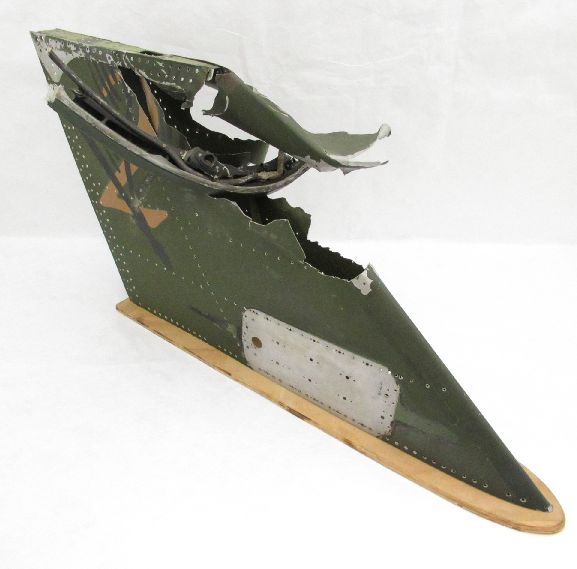
75 years ago, in April and May 1945, one of the first major humanitarian operations carried out by air forces took place over Holland.
Remembering Operation “Manna”, 1945
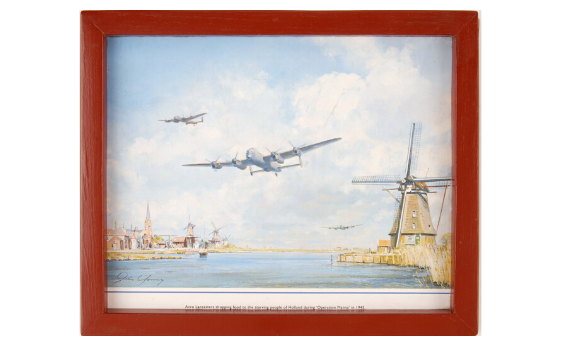
75 years ago, in April and May 1945, one of the first major humanitarian operations carried out by air forces took place over Holland.
Avro 626 NZ203: fast facts on a unique aircraft
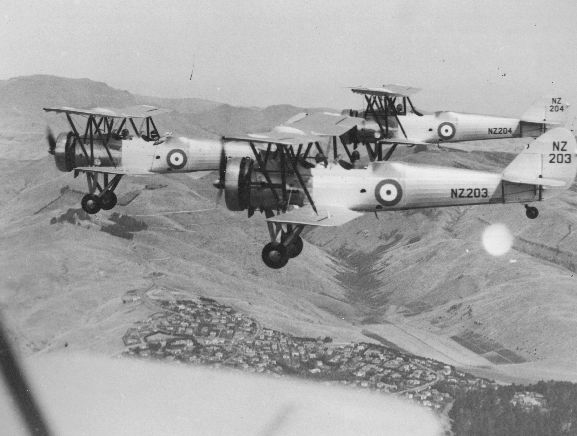
The Avro 626 on display at the Air Force Museum of New Zealand is a very unique aircraft with an interesting story: it is the only fully-intact surviving aircraft operated by the RNZAF before World War Two.
Researching your family history online
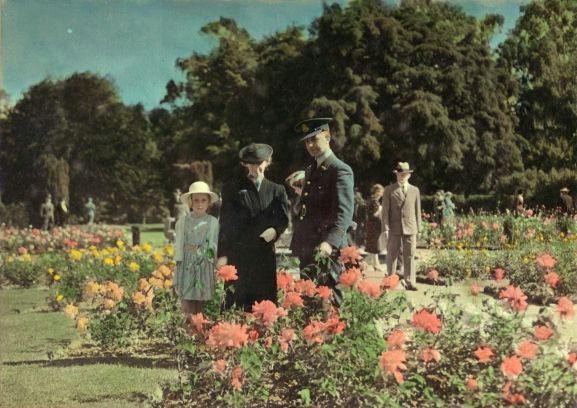
Whakapapa connections – who we are, and where we come from – are how we relate to our families and our own place in the world. Whether you’re researching a military or civilian ancestor, this blog will help begin your journey into exploring your family history – a journey you can start online.
Origins of the Royal New Zealand Air Force
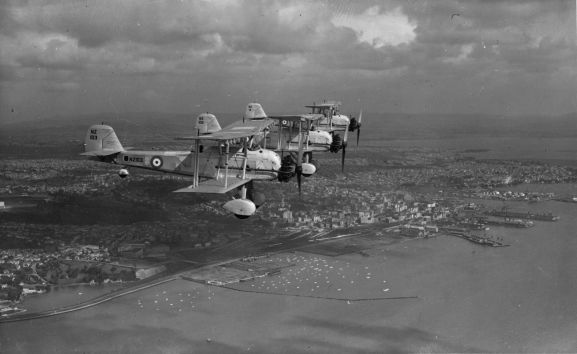
On 1 April 1937, following the passing of the Air Force Act, the Royal New Zealand Air Force (RNZAF) was established as an independent service.
Let’s Talk Research: The Heavy and Continuous Sacrifice Conference
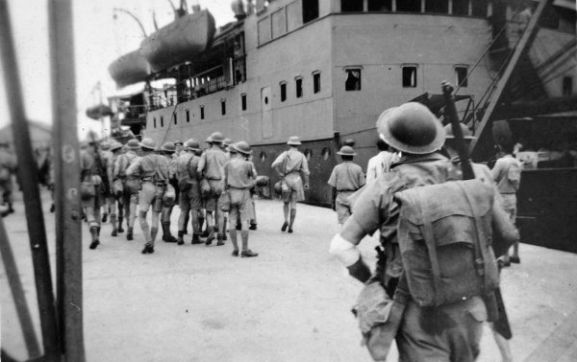
Over 13-15 February 2020, a major international conference on World War Two was held at Massey University campus in Wellington. Entitled ‘Heavy and Continuous Sacrifice’, it focused on New Zealand and international aspects of the conflict.
Handle with care
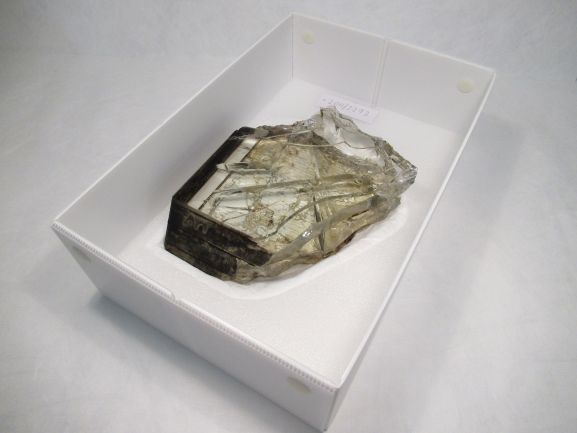
Every day, objects in our collection present our team with unique challenges to overcome if we are to look after them in the best possible way. Find out more about individual storage solutions.
My time at the Museum
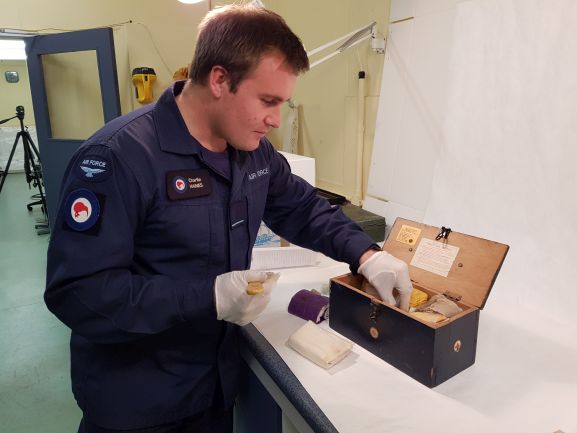
The past three months I had the opportunity to work with the collections team and have discovered that there is so much more to the Museum than what is on public display.
‘Women Aviators’ by Karen Bush Gibson
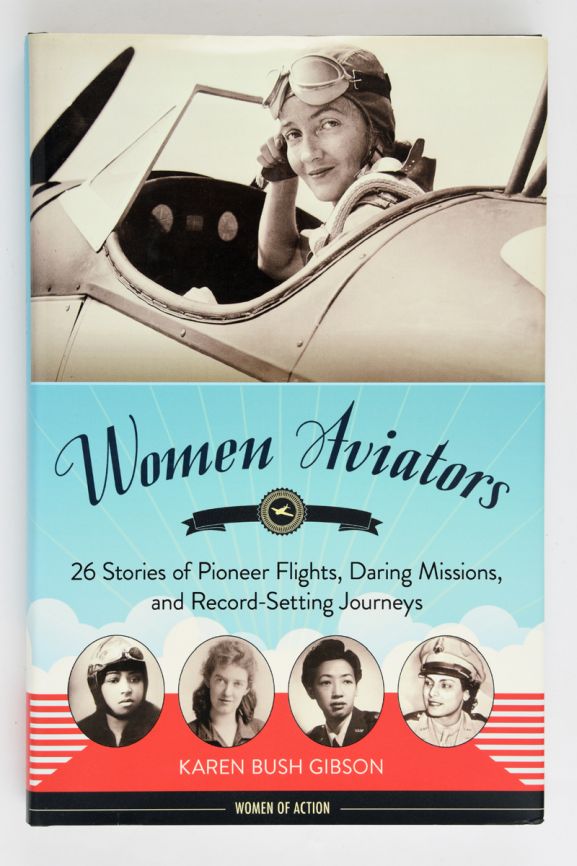
This relatively small hard-backed publication, with just over 230 pages, is a little gem box of a book. Containing ‘26 Stories of Pioneer Flights, Daring Missions, and Record-Setting Journeys’, it is indeed a celebration of the dramatic, pragmatic, and often hard fought for, achievements of women throughout the history of aviation.
Within the Glass Case: The Red Baron
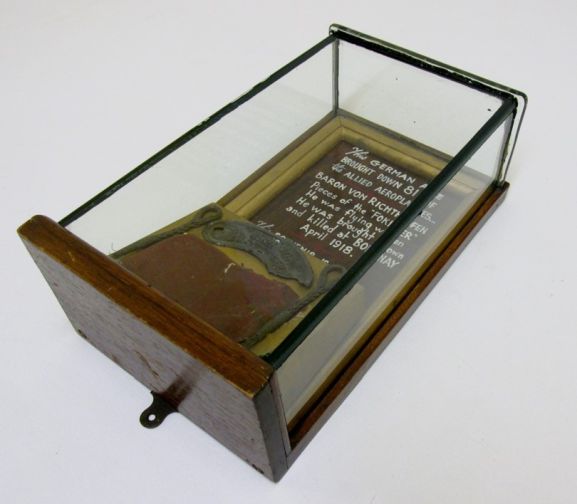
So, who was this Baron von Richthofen and who was A.V. Barrow? Why and how did Barrow collect these souvenirs and what is their significance?
Air Force Museum Photo Archives go online
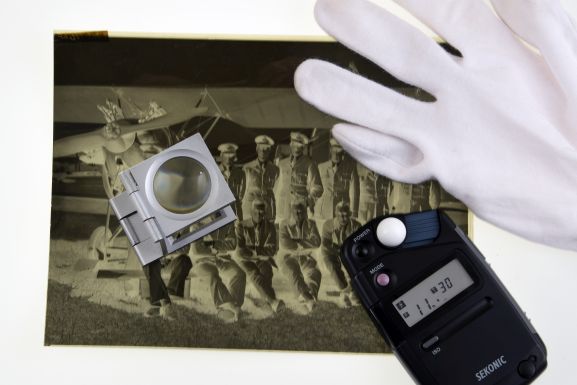
We are really thrilled to announce that for the first time ever, researchers will be able to browse digitised parts of our photograph collection, online.
The ‘Bougainville Typewriter’ – Bill Williamson’s trusted companion
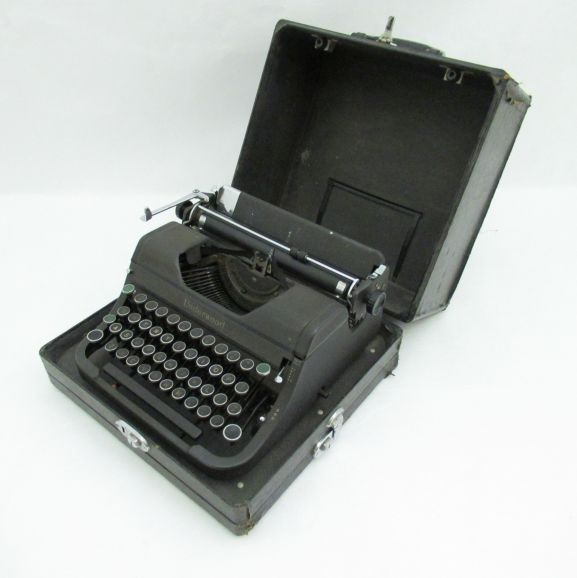
To run a successful military unit requires a lot of administration. Learn more about the Underwood typewriter was used during World War Two.
Messenger Pigeons of World War Two
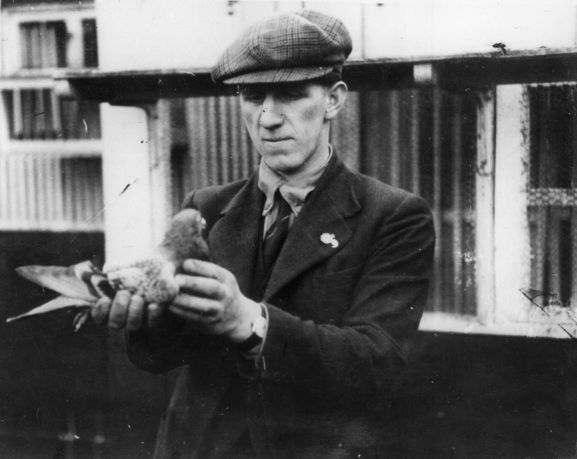
Homing pigeons were widely used as messenger carriers by the armed and civil services during World War Two.
Wāhine Toa: Women in Defence: collaborating and curating online
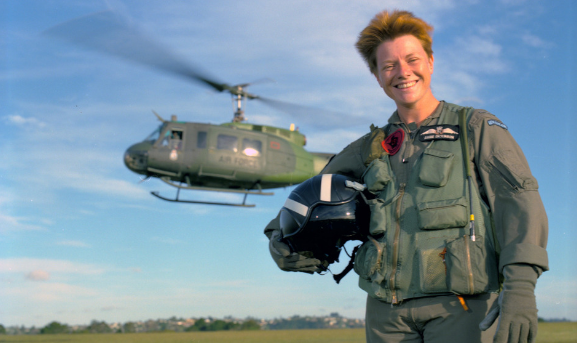
The first collaborative, online exhibition of its kind by New Zealand’s national service museums explores the journeys of women serving in New Zealand’s military since gender integration.
Conservation of photo negatives
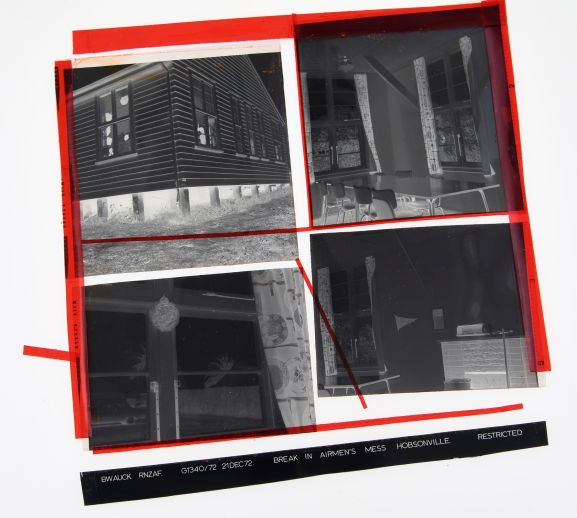
Our Keeper of Photographs, Matthew O’Sullivan takes us through an example of conserving a photo negative from the collection.
40 years of service – the military journey of Harry Leese
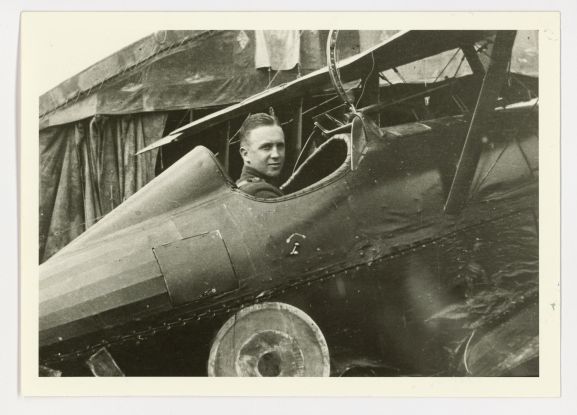
Read the story of the life of a veteran who served in both World Wars.
Never Forget by Jo Bailey
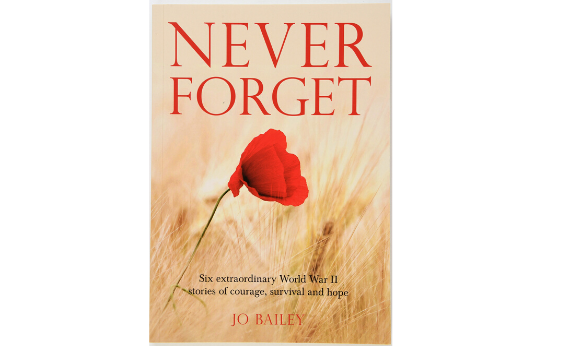
Reflect on personal stories in ‘Never Forget’, by New Zealand writer Jo Bailey, where she has combined extensive interviews with the use of wartime diaries, black and white photos, and written memoir, to create six compelling first person accounts of war.
What’s in the background?
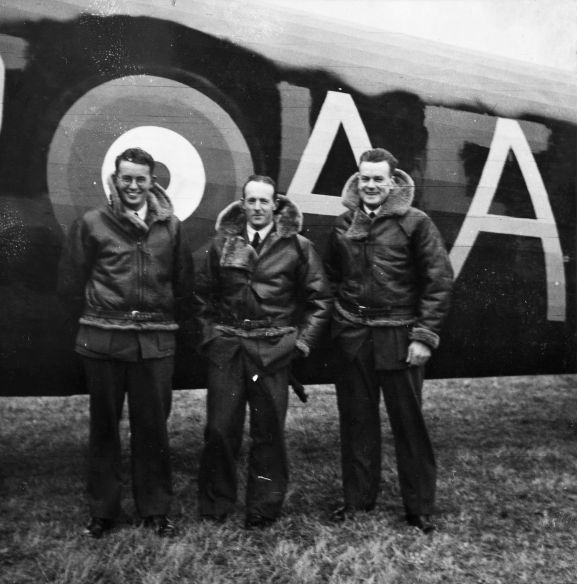
What’s in the background? Find out more about this photo from our Keeper of Photographs.
Ron Hermanns’ trench art collection
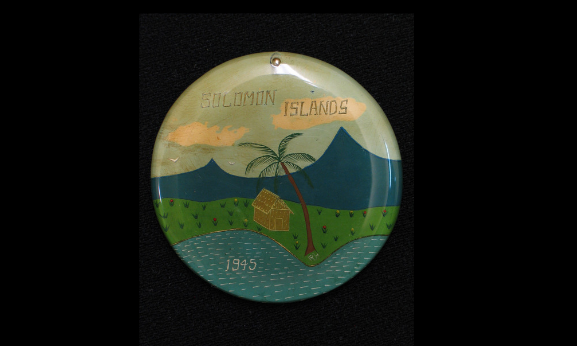
Discover Ron Hermanns collection of exquisitely-crafted ‘trench art’, produced during two tours of operation to the Pacific islands during World War Two.
On the wing – Rugby in the Royal New Zealand Air Force
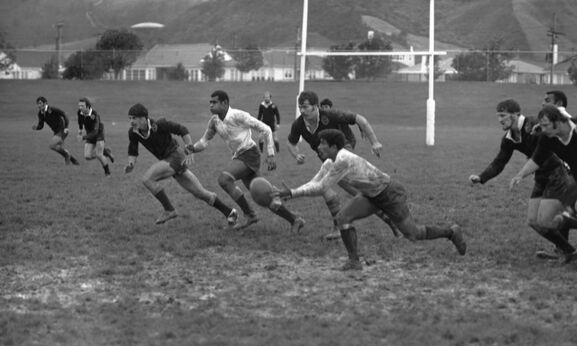
With the Rugby World Cup in full swing, we thought it would be a great opportunity to trace the story of New Zealand’s national game in the Royal New Zealand Air Force (RNZAF).
The Guinea Pig Club: New Zealand connections
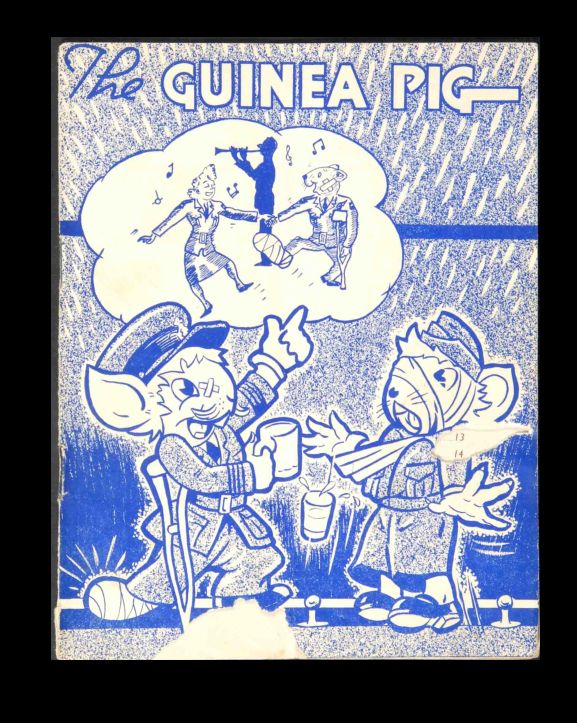
Learn about the Guinea Pig Club and the innovative care administered to its members by New Zealand plastic surgeon Sir Archibald McIndoe.
Sunderland NZ4111 and the Chatham Islands incident
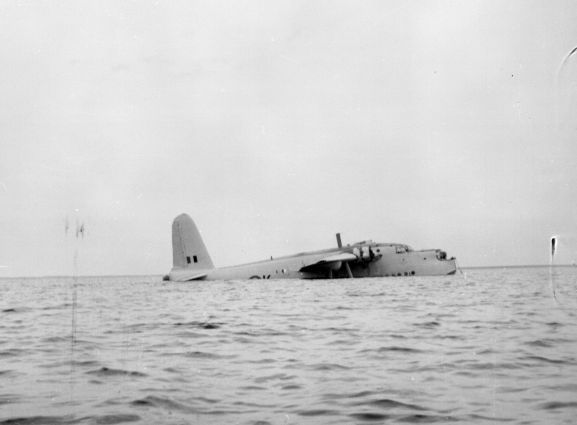
In 1959 an RNZAF Sunderland was damaged and eventually abandoned on the remote Chatham Islands east of New Zealand. In this blog, we explore the story of that incident, using recently-digitised historic photographs from our archives.
Many a Close Run Thing
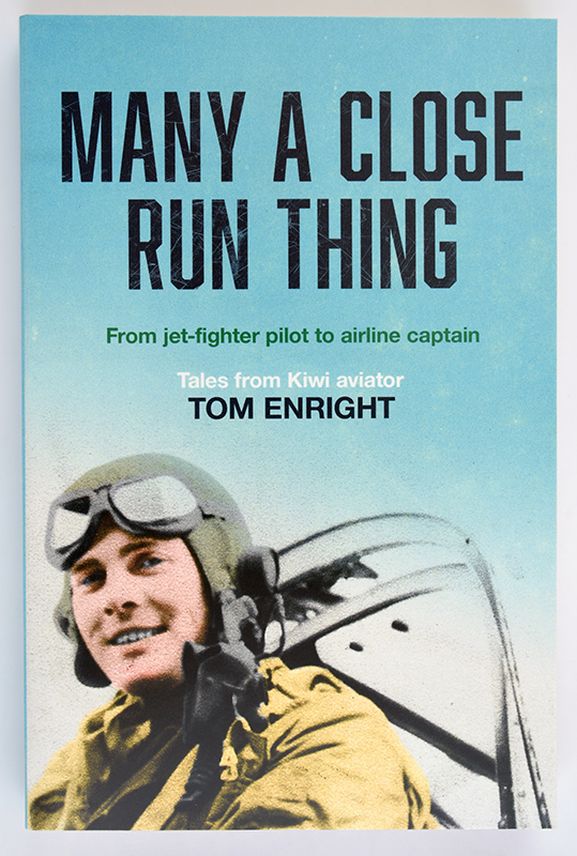
An excerpt from the published memoirs of Tom Enright, a veteran New Zealand pilot from Central Otago. Tom joined the RNZAF in 1951, and on graduation, was recommended for a cadetship with the Royal Air Force College at Cranwell, England. His first 20 years flying was in a variety of military aircraft, including Vampires and Sunderlands, and he was a member of the famed RNZAF Vampire aerobatic team. He then spent the next 25 years as an airline pilot. This is an extract from his new book Many A Close Run Thing (Harper Collins NZ).
Archives: past, present and future
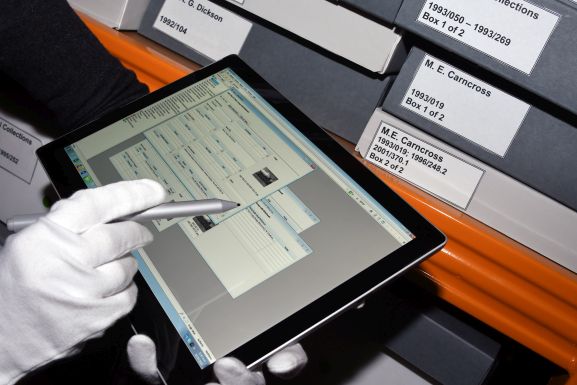
Celebrating International Archives Day, our Research team explore the past, present and future of the Museum’s archive in this blog.
Operation ‘Titanic’ – Dummy paratroopers in World War Two
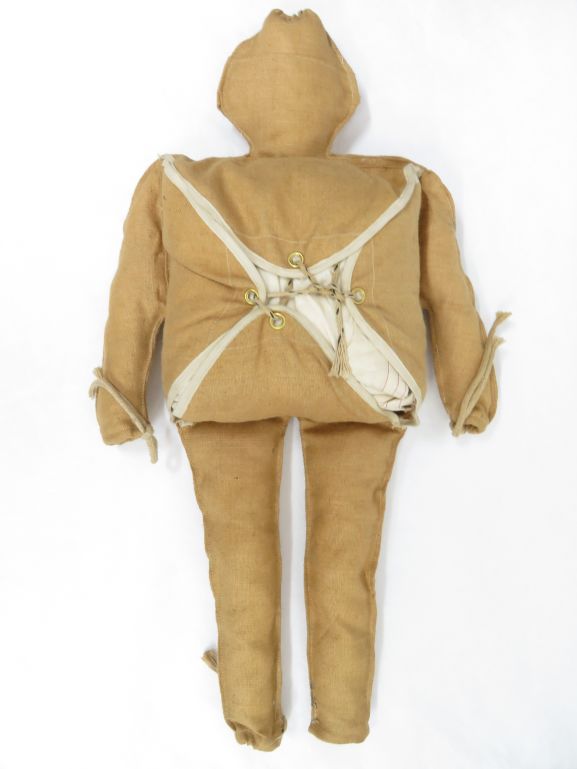
Operation ‘Titanic’ was the codename for the dummy paratrooper drops and was part of the broader deception initiatives given the codename Operation ‘Bodyguard’.
Boeing 727 nose joins our collection
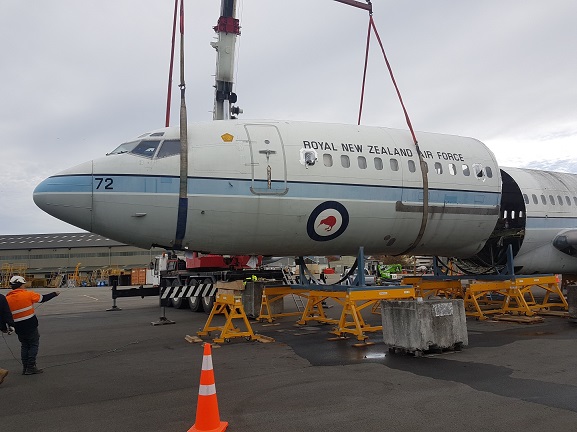
Read more about the arrival at the Museum of the nose section of former RNZAF Boeing 727 NZ7272.
Tweets from our Archives

Engage with our Archives in a new way! Through Twitter, our team have been sharing some of the remarkable treasures we have in our archives, as well as providing a peek into the everyday life of the research team here at the Air Force Museum.
The Berlin Airlift – Seventy Years On
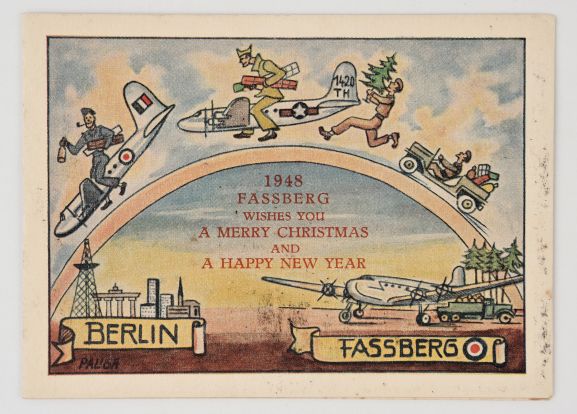
This year marks the 70th anniversary of the climax of one of the most remarkable logistic and humanitarian operations in history.
Remembering the Kiwis of the Great Escape
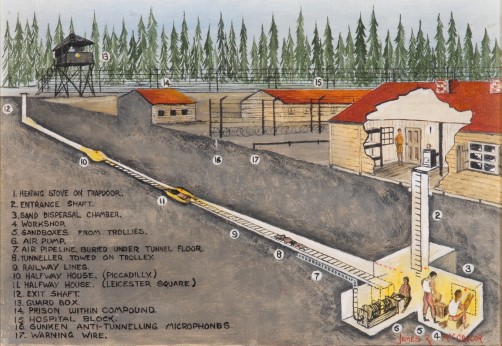
An introduction to fabric doping
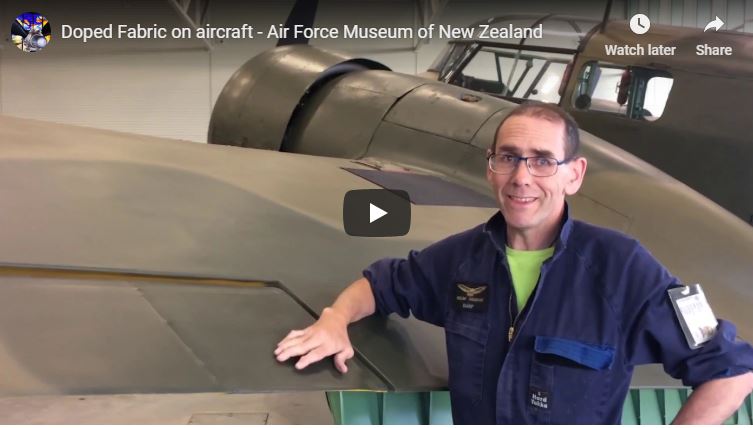
What is doped fabric? In this video blog, our Safety and Surface Technician talks through this historic process of aircraft fabric covering.
Music: Capturing a time and a place
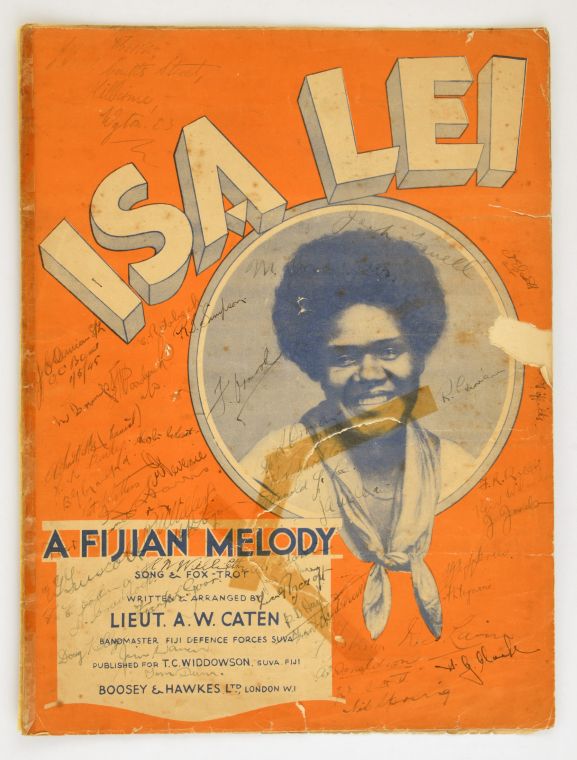
Meet our people
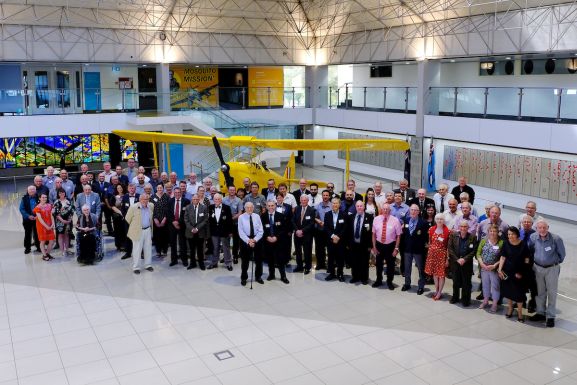
We are fortunate to have a team of incredible people here at the Museum – our 30 staff and around 80 volunteers come from diverse backgrounds, bringing many different skills and experiences, but what unites us all is the passion and enthusiasm for the work we do.
Airmen of the First World War – Remembering the other side
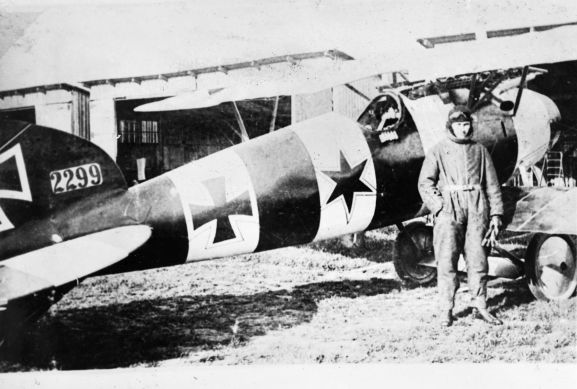
Rules and razors: Facial hair regulations in the military
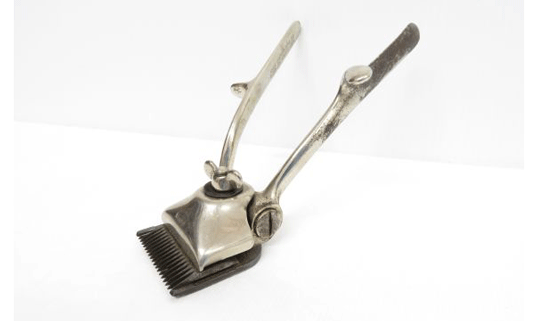
“Dismal News”: New Zealand Airmen’s reactions to the Armistice
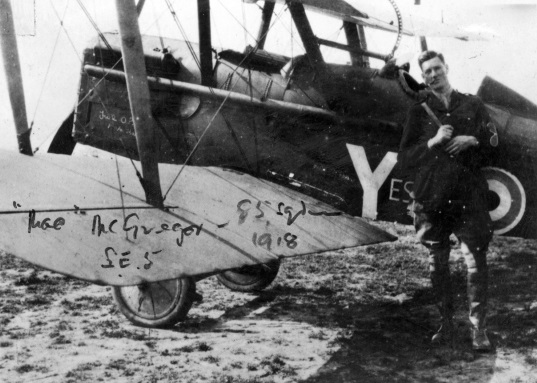
The New Zealand Fighter Wing and Mono Island, 1943 – taking the fight to the Japanese
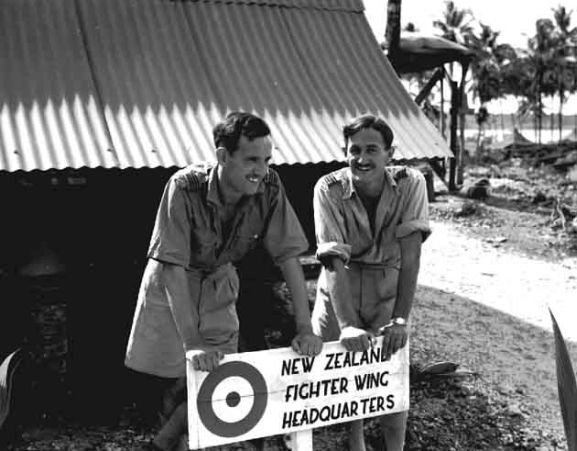
Remembering Thérèse
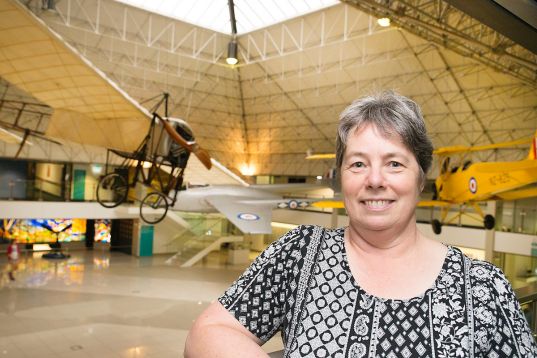
The Last Great Air Race: London to Christchurch 1953
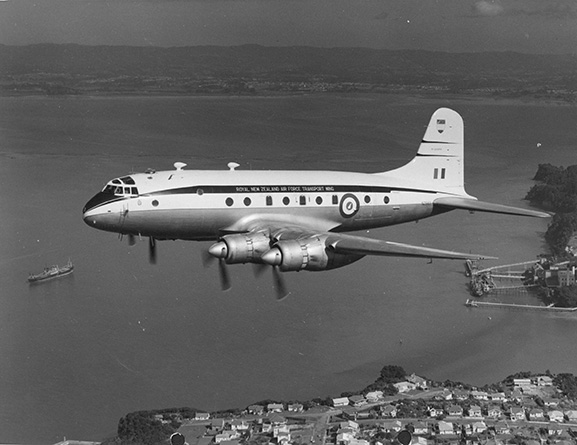
A girl called Anne
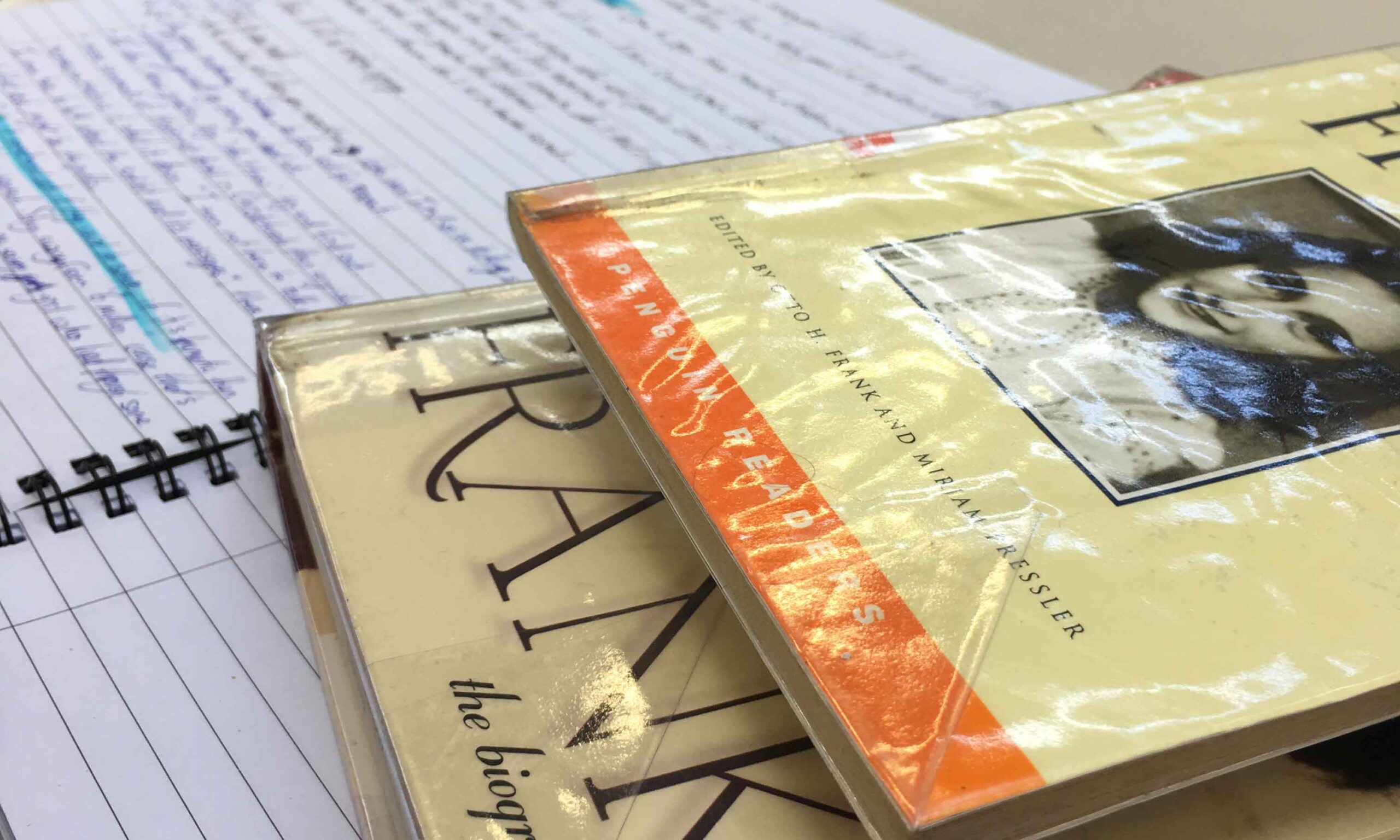
Reflecting on wartime rationing
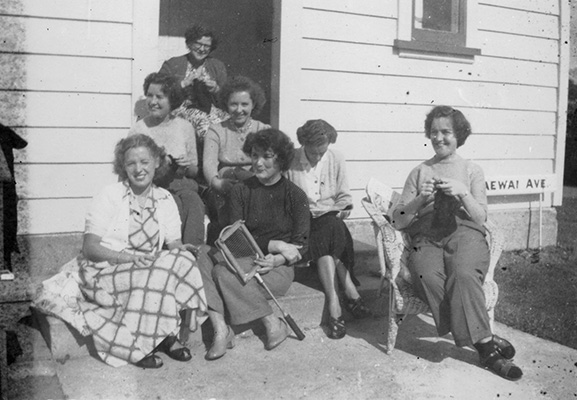
“Send for the Artist…” by Paul Harrison with Maurice Conly
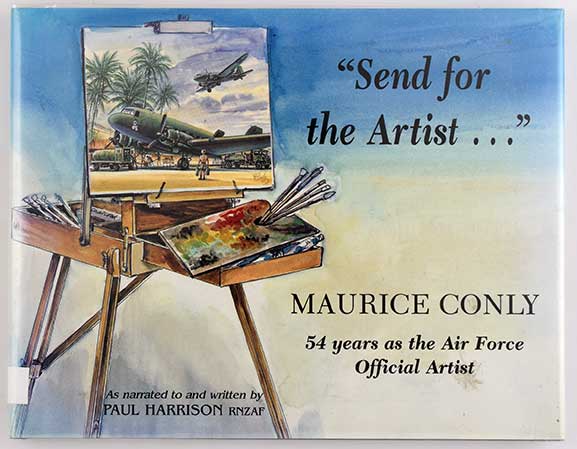
The arrival of the Southern Cross at Wigram
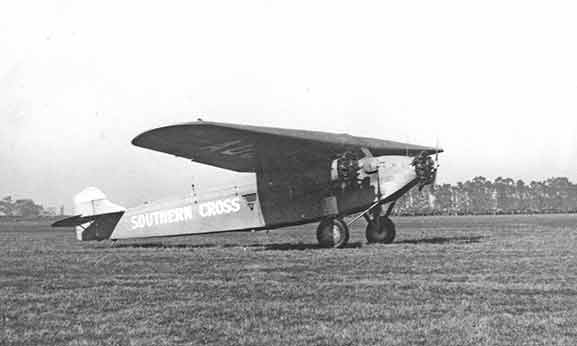
Lucky Charms and Superstition
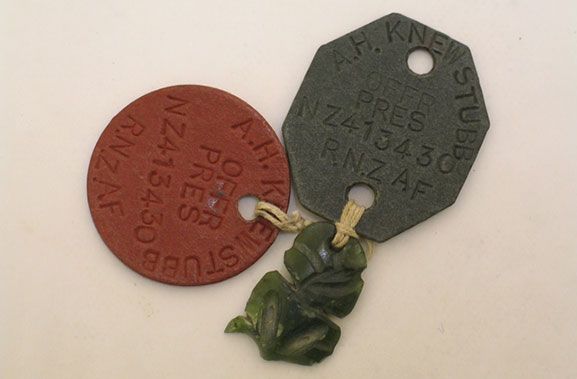
A tale from the clothing store – Kit Bags
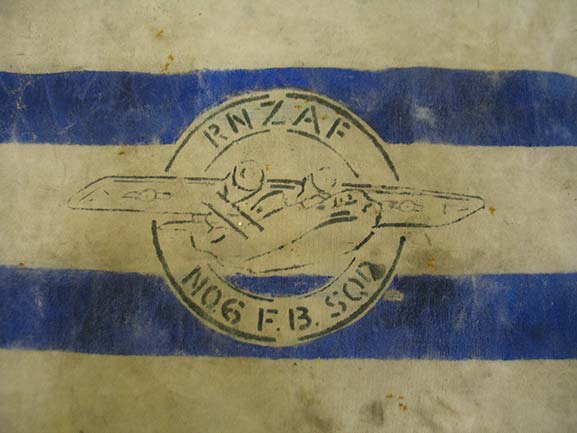
Donation 101: Donating items to the Air Force Museum collection
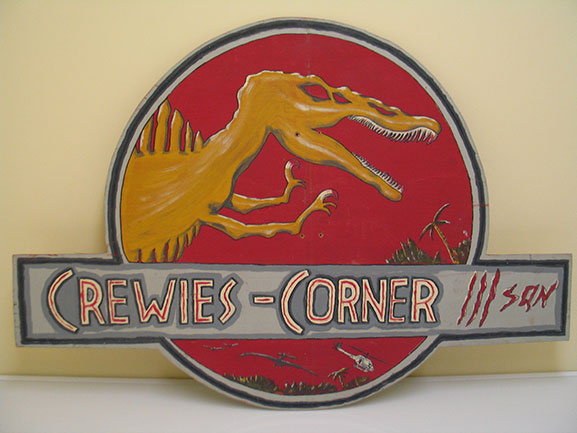
Education in an ejector seat
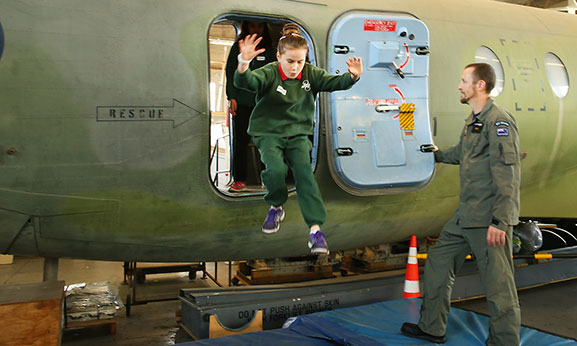
More than a library
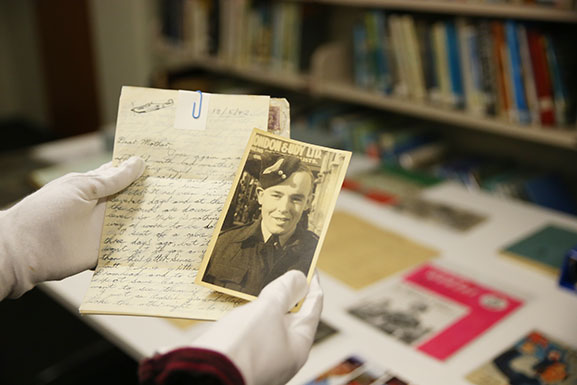
Military Chocolate
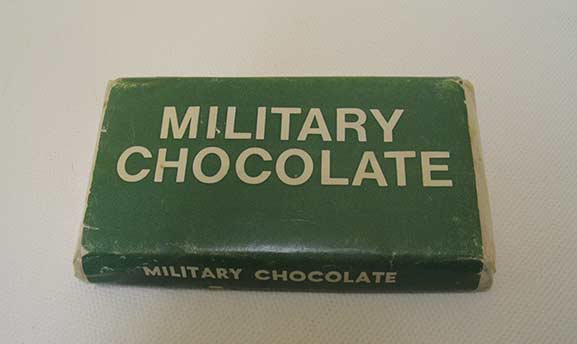
Women at War by D.O.W. Hall
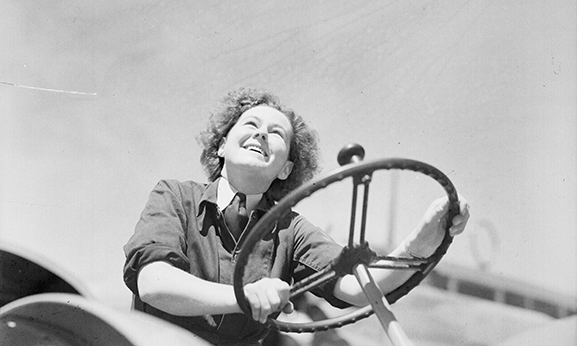
RAF Centenary Air Show
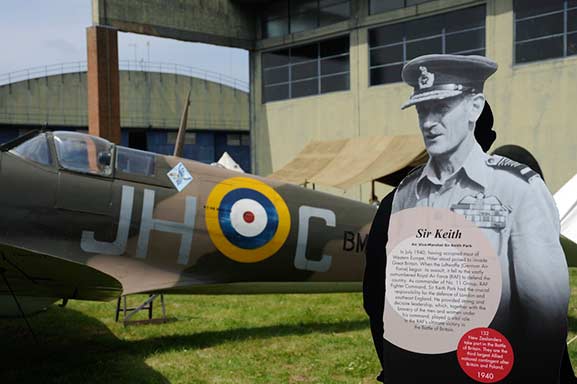
Electric Clothing
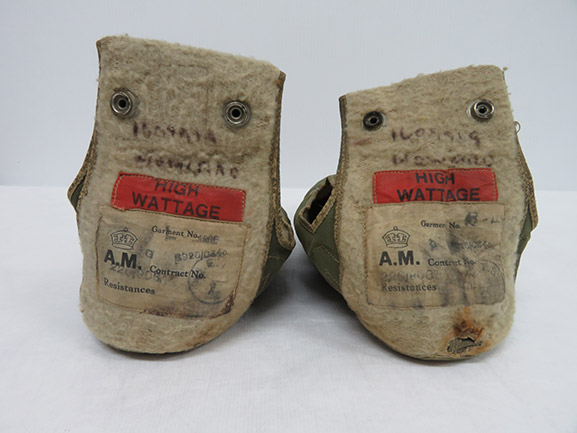
Wartime Knitting Revived
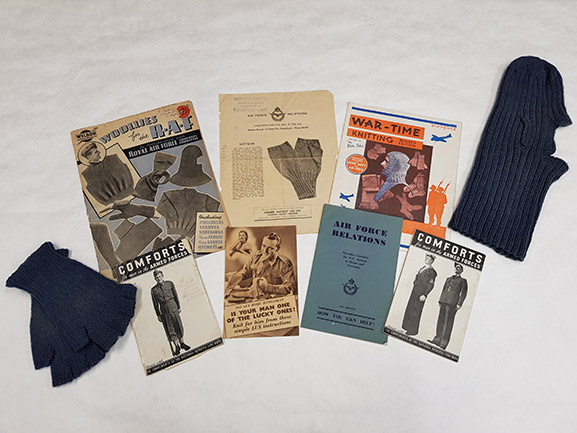
Everest Flight, 1945: a New Zealand pilot and the new route up Everest
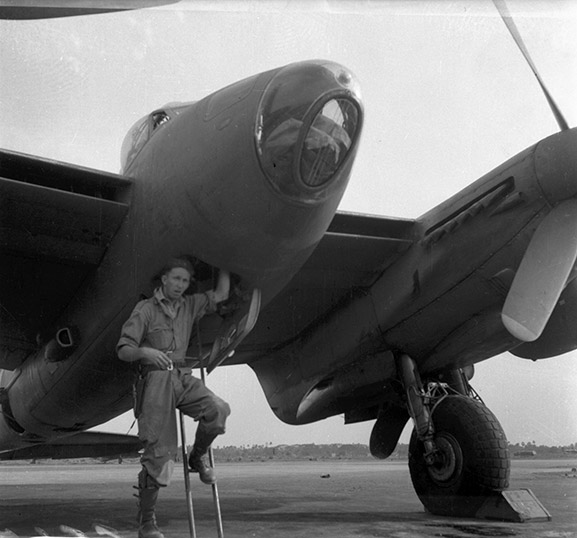
Hudson under attack
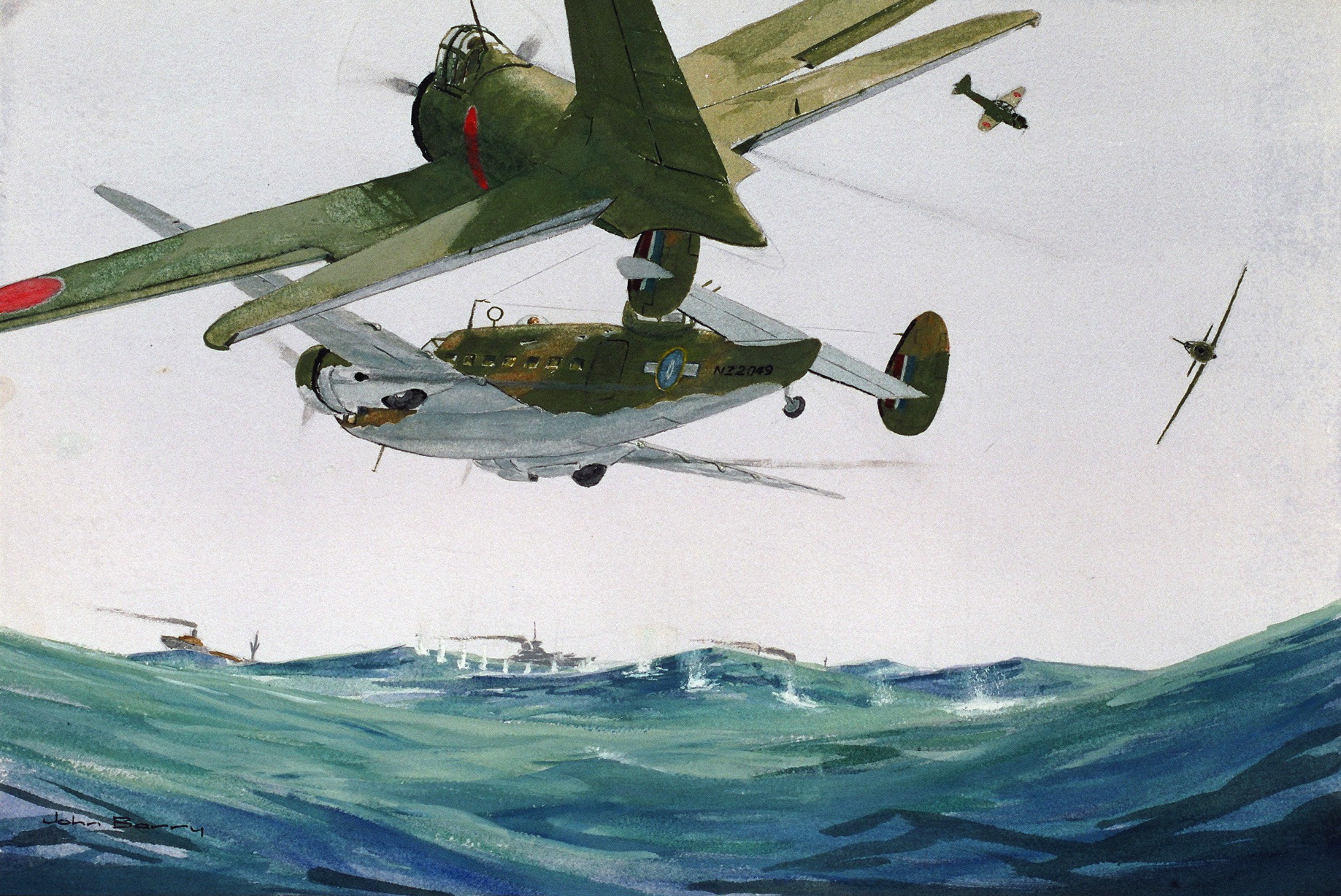
Anzac Day Over the Decades
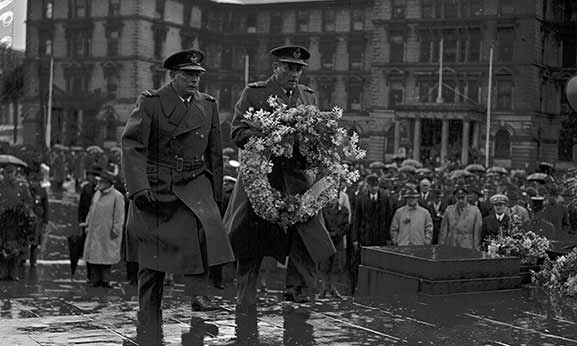
Military Headgear Conservation
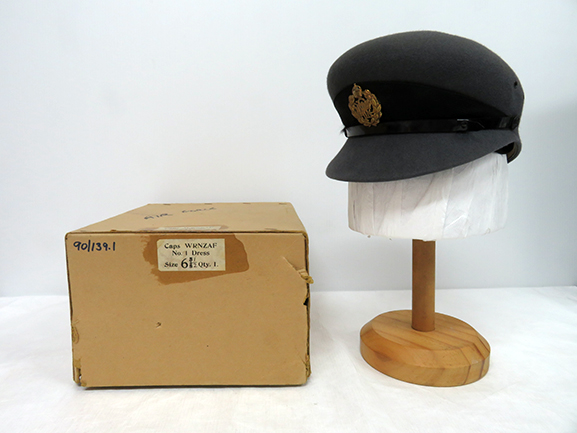
Kiwis in Combat – Flying the Meteor with the Australians in Korea
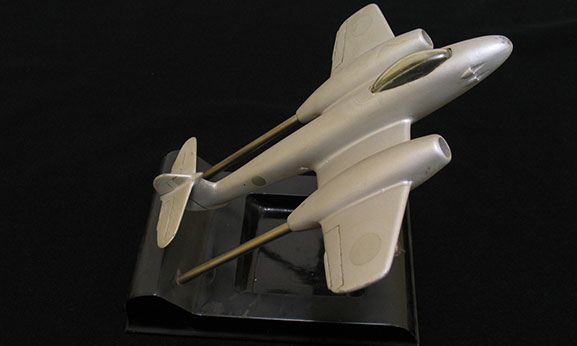
I Would Not Step Back by Hilary Pedersen and associated writers

The Centenary of the RAF
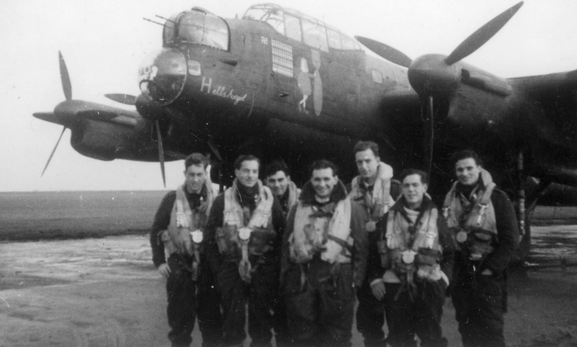
How do we slow the signs of aging?
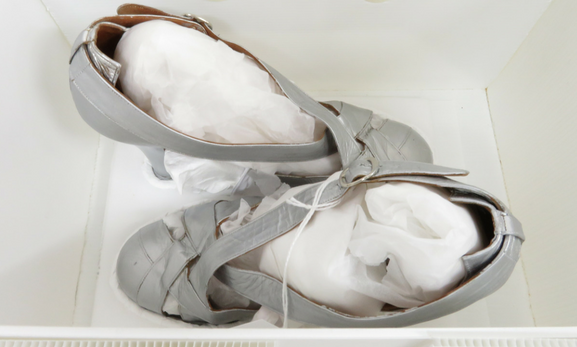
The Flyer by Martin Francis
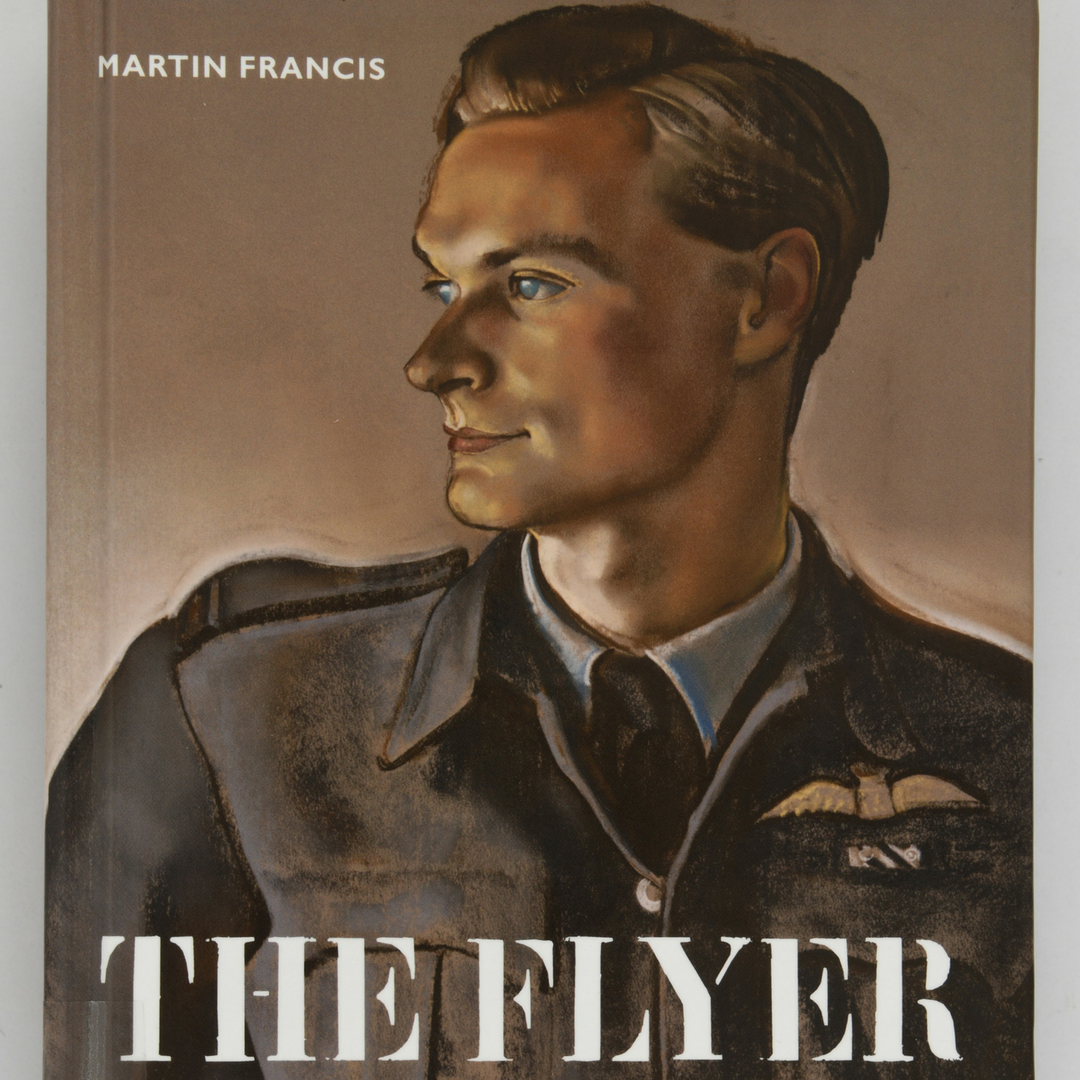
RNZAF Stories: Mogadishu Memories
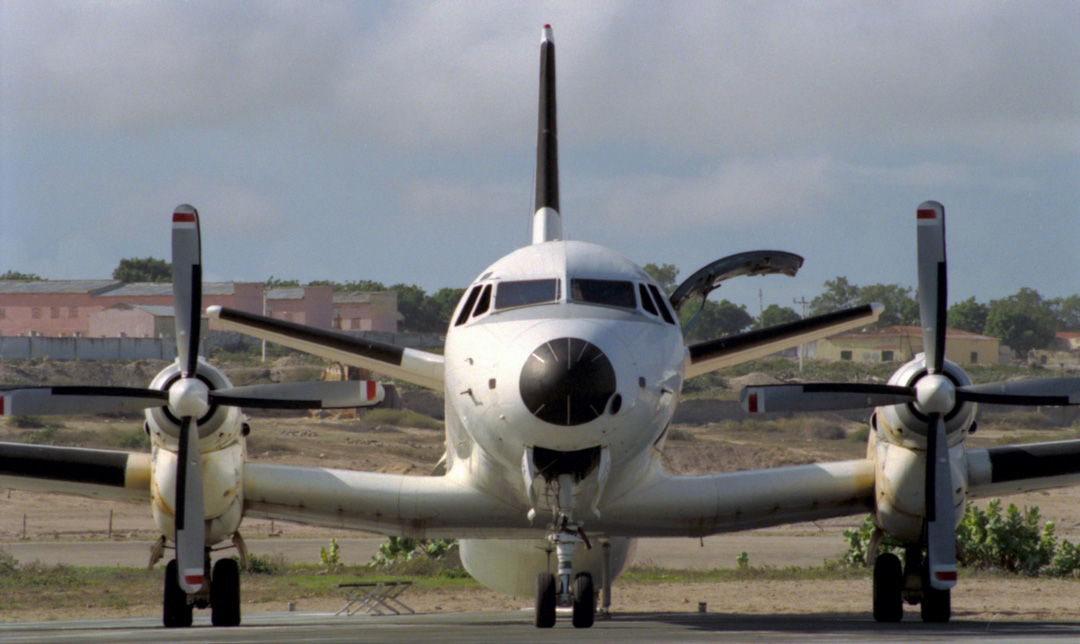
War in the Air Exhibition – An Interesting Pilot
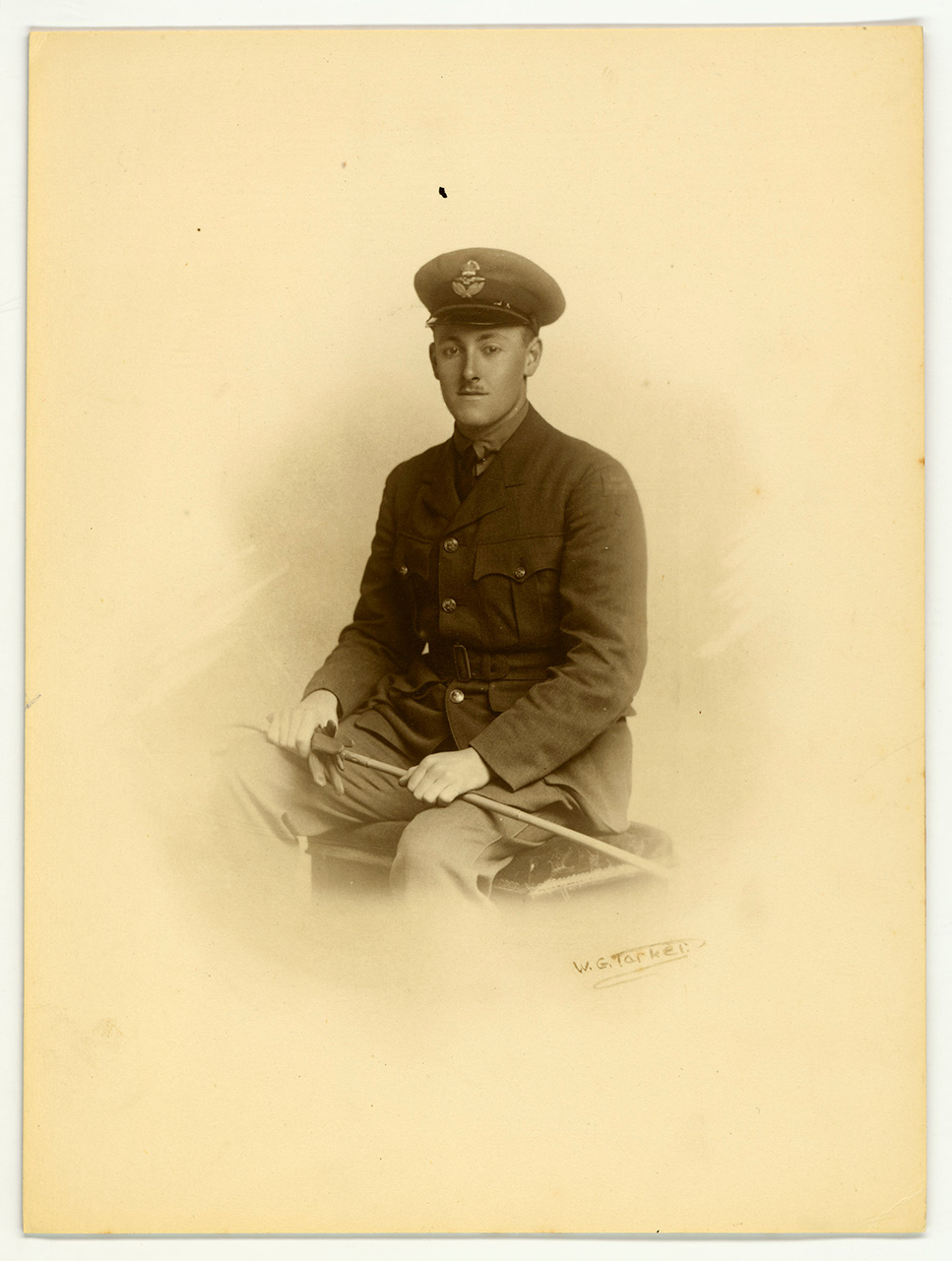
During the research for our War in the Air Exhibition on the First World War, several interesting and sometimes odd stories came to light. One of these lighter moments concerned Neville Harston of Hawkes Bay, who certainly stood out from the crowd.
